


















Moving the lines, checking the fonts, editing the text. ere isn’t some magic software that puts story to page. Each step of the process depends on the people whose names ll the back pages of this magazine. Dipping in and out of our o ce on Mill Lane, it’s a manic production line to ll the 32 pages before 6:30pm every other ursday. It’s a hard deadline.
Sometimes a story doesn’t go to press. It only takes a lawyer’s letter to bury an article, and people here have money. Or, at least, their parents do. Sometimes it’s just too risky, and deciding what comes up rst when someone’s name is searched on the internet is not a decision we take lightly. But following through on that story is often worth it.
This year, we revealed that disabled students at Sidney Sussex were being systematically disadvantaged;










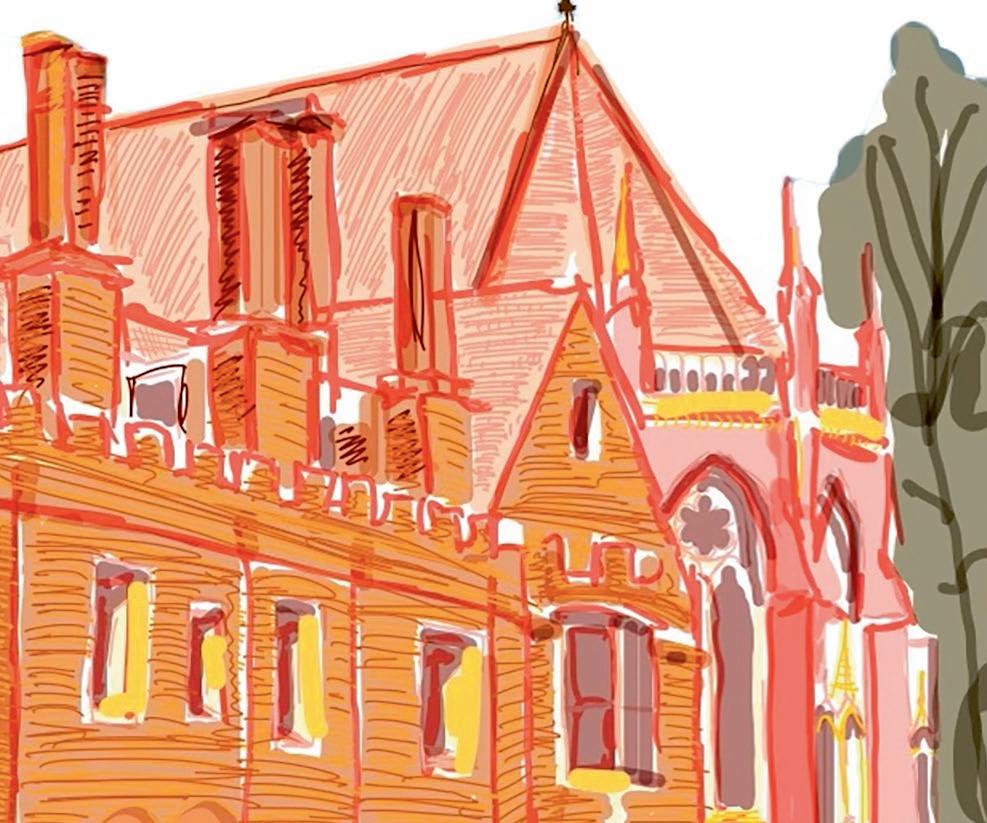
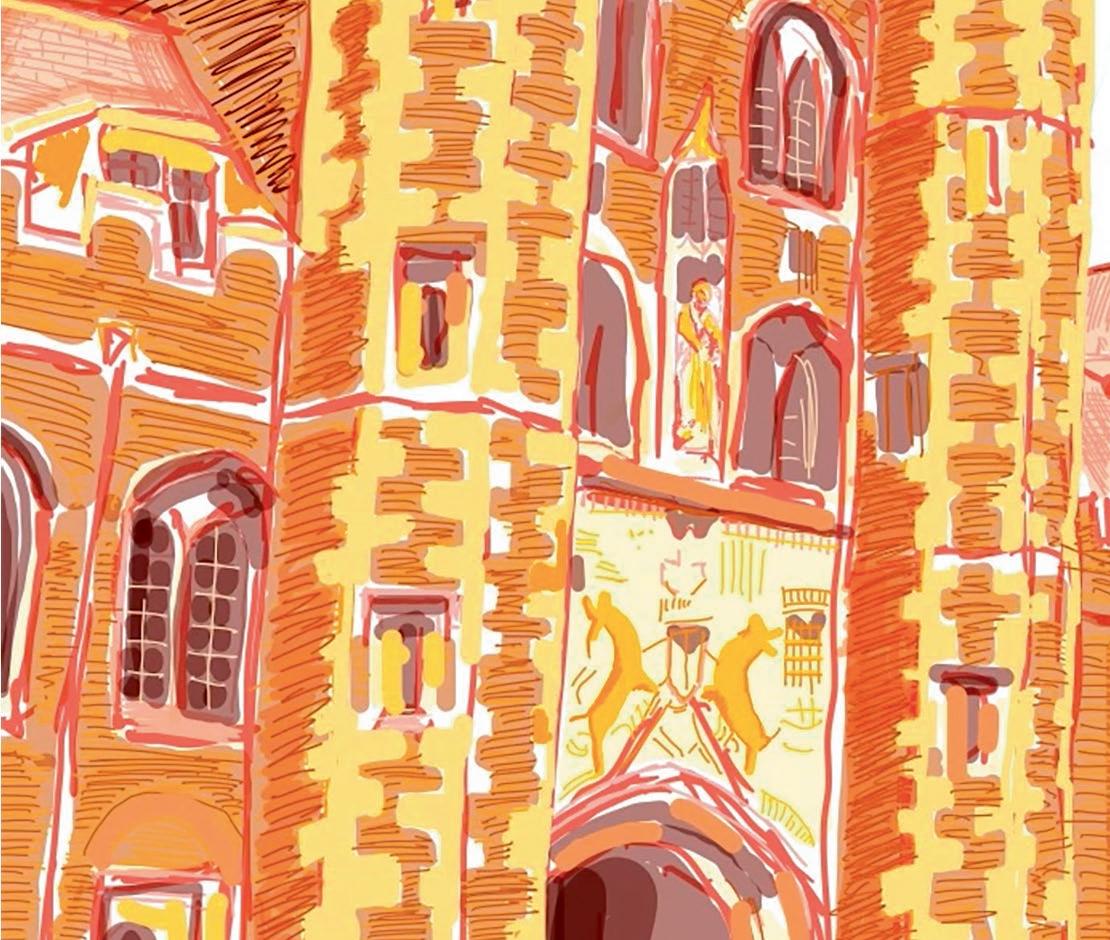

A Clare drinking soc who set a rst year on re was

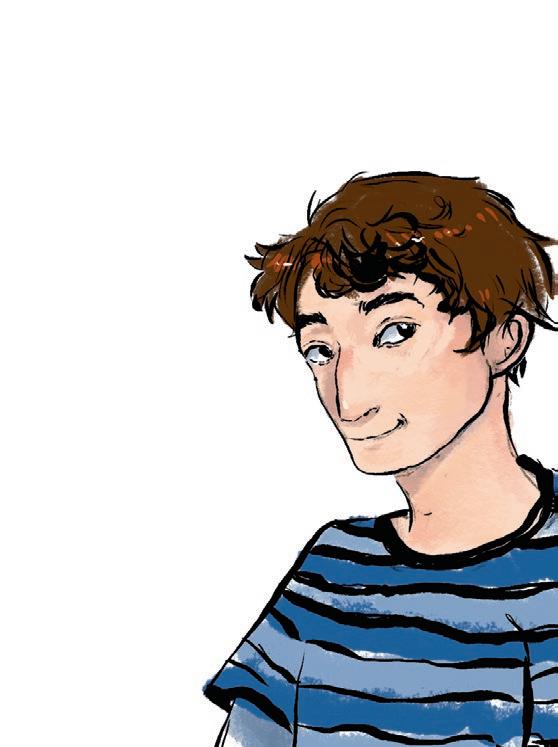

punished with nothing more than a £50 ne; and in Freshers’ week a King’s student was left stuck in his bathroom for 38 hours. You can nd similar stories in this magazine. We reveal Lucy Cavendish is in £16m-worth of debt (page 11), Girton students are paying extortionate rent (page 10), and we investigate the changes to university life since the pandemic (page 35).
Sometimes, stories are so big, and issues run so deep, that they warrant more space than a website link can offer. Some stories need to be held in your hands. Tight deadlines and a Cambridge workload means there isn’t always time to do the work we want to, and print runs to a rushed schedule. is magazine is di erent. e disgraceful way in which disabled students asking for lifesaving mitigations are treated is one such story (page 12). e barriers that women in journalism have faced over the last 60 years is another (page 31). It’s only through telling these stories that we can hope to enact the change which this University needs to see. Varsity isn’t just news, though. e paper published Sylvia Plath’s
first poems in the 1950s, and our sister publication, e Mays, has followed that literary tradition, helping to launch the career of Zadie Smith. Writers for Varsity can engage meaningfully with the arts world, and reflect on the unique experience that is Cambridge. Sometimes, we even try to be funny. In this magazine, you will also nd a handbook to pub and museum crawling (page 16), a completely unbiased and well-researched guide to May Balls (page 24), and our agony aunt will give you some advice on how to nally ask out that gorgeous supervisor (page 20). A tip: don’t.
But this historical tradition is being threatened. Student journalism doesn’t come cheap. ere are only three independent student newspapers left in the UK, and we’re one of them. Receiving no funding from the University or student union, Varsity generates its own revenue. We rely on your continued support to hold the University to account. So, once exams are over, give this magazine a read, share it with your friends, and who knows, maybe consider joining us next year.
▼Eva Weinstein Erik Olsson & Hannah Gillott5 Notebook – Izzy Benardout
A fresh(er’s) perspective
6 ‘The strongest people I know’ Meet Cambridge’s Sudanese students
10 How does your rent compare?
Girton students pay the most
12 ‘I’m worried about staying alive’ How the University treats its most vulnerable
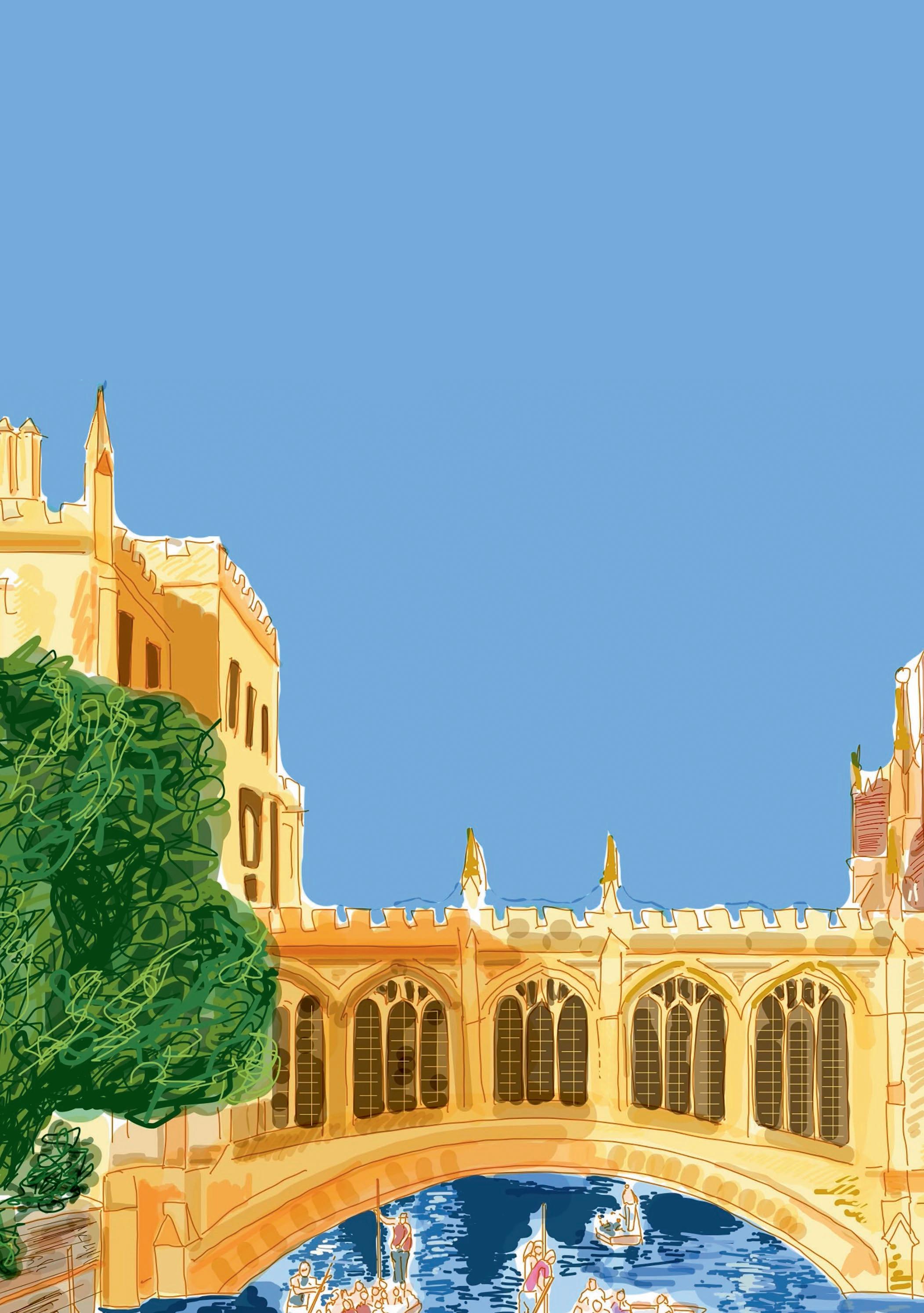
16 Pub & museum crawl
Pub, museum, another pub, museum. You get the idea
18 We found love in a hopeless place
The couples who met in Cambridge
22 Doug Chalmers
The master of Emmanuel talks tarmac, geopolitics, and his military career
24 Hilton & Hennessey
Daniel Hilton & Michael Hennessey’s May Week critique
26 The Naked Professor Two female colleagues no longer speak to her
31 Breaking news, breaking barriers
A history of women in journalism
35 Three years on How has Cambridge changed since Covid?
38 Secret to Success How to top Tripos
40 Best posters of the year
Which ADC production had the best poster?
42 Dress to impress, for less May Ball fashion on a budget
51 Notebook – Sarah Adegbite
Looking toward graduation
52 Simon McDonald
The master of Christ’s on visiting 144 countries, and how to stand out amid 22,999 applicants
54 Unhinged!
The worst of Cambridge dating
55 Notebook – Maia Livne
Inequality and the immigrant experience
56 An audience with Andy Burnham
On his time as a student, his career in politics, and everything in between
58 Varsity’s covers of the year
A year at a glance
60 Blues on blues
30 years of women’s football
61 A year in sport
The best moments of Cambridge sporting
62 Thank yous
▼ Eva Weinstein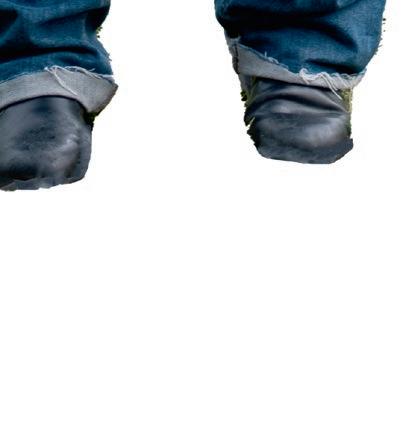
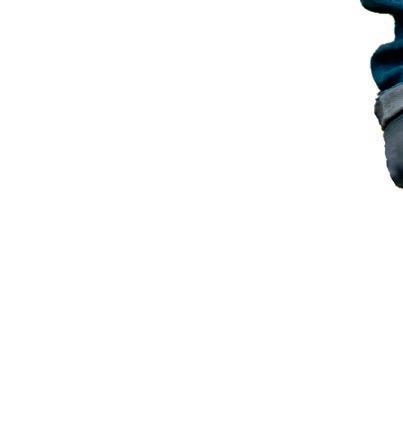
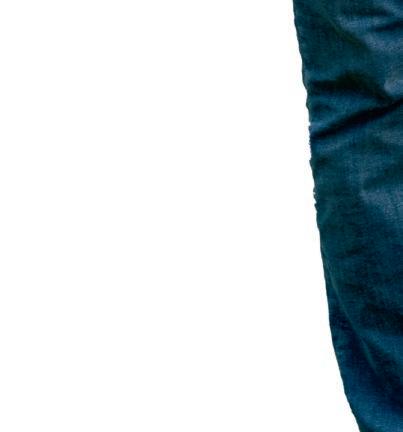


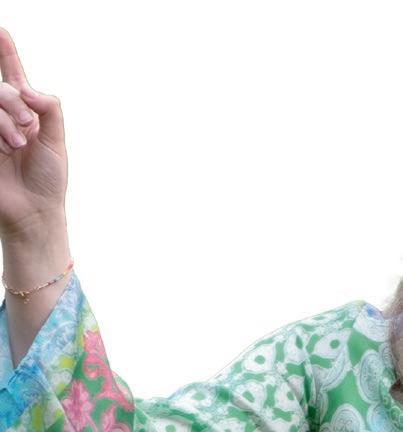

It was the night before the move back to Cambridge that I remembered. Surrounded by stray shoes and clothes that never quite made it to the wash (sorry, mum), I checked my phone – the classic procrastinatory glance. No, there wasn’t a noti cation, but I did notice the date, something I had not done in a while, as I’d treaded the clear waters of family, friends, and revision. It’s funny, really. Gone are the days of writing the long date at the top of your English book, constantly reminded of the moment in which you are existing – yet, simultaneously, scribbling the last digit of the year out hastily for at least the rst six months, as you adjust to your new temporal surroundings. But, on this occasion, through a cursory glance at my phone I noticed that it was my half birthday, and I had so nearly forgotten. e concept of the half birthday is one that is rooted in the frivolity of childhood. One was never just six, or seven, or eight, or nine. e “half” was always stuck on there with the righteous indignation of youth, pinned to your lapel like a shiny badge of pride; juvenile superiority granted by six extra months of wisdom. Yet, wading through the shallow waters of teenagerhood put me o the tradition, and when I turned 19 in the third week of my rst Michaelmas, I let the passage of time wash over me with little resistance. Time moves differently in Cambridge. Sometimes it is viscous, slow and unrelenting as you trundle through each title on that unending reading list. Other times, however, it runs away with itself – and these are the times that, I think, inspired the installation of the half birthday as a staple in my circle.







I owe the celebration to one of my closest friends here, who insisted on celebrating hers in the rst week of Lent term. As her birthday is deeply entrenched in – what I hope to be – the warm, luxurious depths of summer, we deemed it necessary to mark the occasion when we could all be together. After months of growing so close it seemed impossible that we would be separated for such a momentous occasion. No evenings in the college bar, or observations of the world from the oor of your
friend’s bedroom. To be honest, it turned my stomach slightly. So, diligently, we booked formals (despite the questionable menu choices) and embarked on a gleeful trip to Sainsbury’s, scouring the shelves for the means to bake a halfbirthday cake.



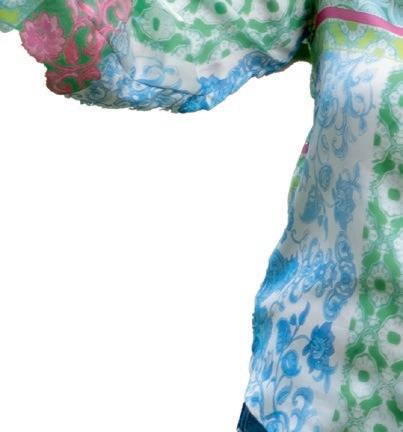
Crammed into a tiny kitchen, navigating an oven with a dubious heating element, my friend and I measured and mixed and poured. It was oddly comforting, to bake with friends you never have before, to create something together –even if it was mildly inedible. I think back to that moment, and the passing of time, and how it was no longer sand ning through my ngers, sprinkles. Of course, were celebrating –excuse to abandon books for one mo-
ing the passage of time. Halfway there, or at least halfway to









































































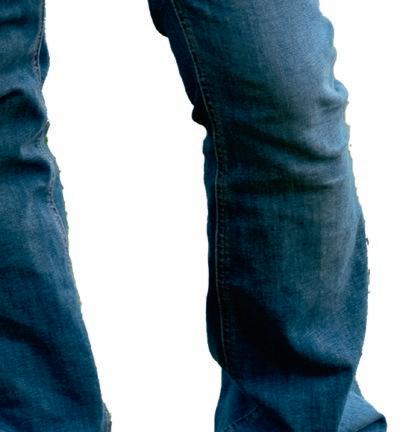
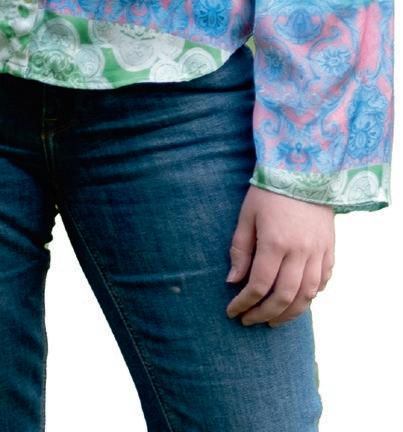

e rst three weeks of Michaelmas moved like honey. As days became shorter and nights longer, I remember staring at my essays, adorned with a Jackson Pollock-esque splattering of red ink (or font, in the digital age). Would it ever make sense? e equivocal “it” used to often plague me, but now, as terms have melted into weeks standing solitary at the end of the year, I might be beginning to make sense of it all. After all, time gives you no other option. My stomach no longer twists in anxious knots before supervisions, and I am often proudly wrong without fearing the consequences. My phone remains tucked in my pocket dur-
ing those rainy walks to Sidgwick; I no longer sheepishly consult Google Maps to nd my way. I feel rmly ensconced here, and for that I am so grateful to my friends. ey made the small, almost alien, world of Cambridge feel like home. us, I relished the opportunity to note the fact that I was now 19 and a half. Older, but certainly not wiser; full of excitement for what the next six months would hold. In this respect, I owe a lot to Cambridge Mean Time. ere are so many moments that I wish I could freeze, experience them just a little bit more –squeeze out a few more laughs (or a few more tears, if you saw me on C-Sunday). Yet, I have consciously chosen to embrace the passage of time as much as I can – whether it is slow or fast, giving or thieving. ere is an adage, often imposed by wellmeaning older relatives: “one should not wish their life away”, a call to arms of “living in the moment”. Yet, I can only respond to such a maxim with what has characterised my first year here: a stubborn optimism that has stood the test of time. If these eeting, fragile seven months have taught me anything at all, I have learnt that the past and the present are by no means in conflict. So, when I re ect upon my rst year, I will indulge in a grateful amalgamation of memories, studded with laughter, adversities, and essays. Lots of essays.

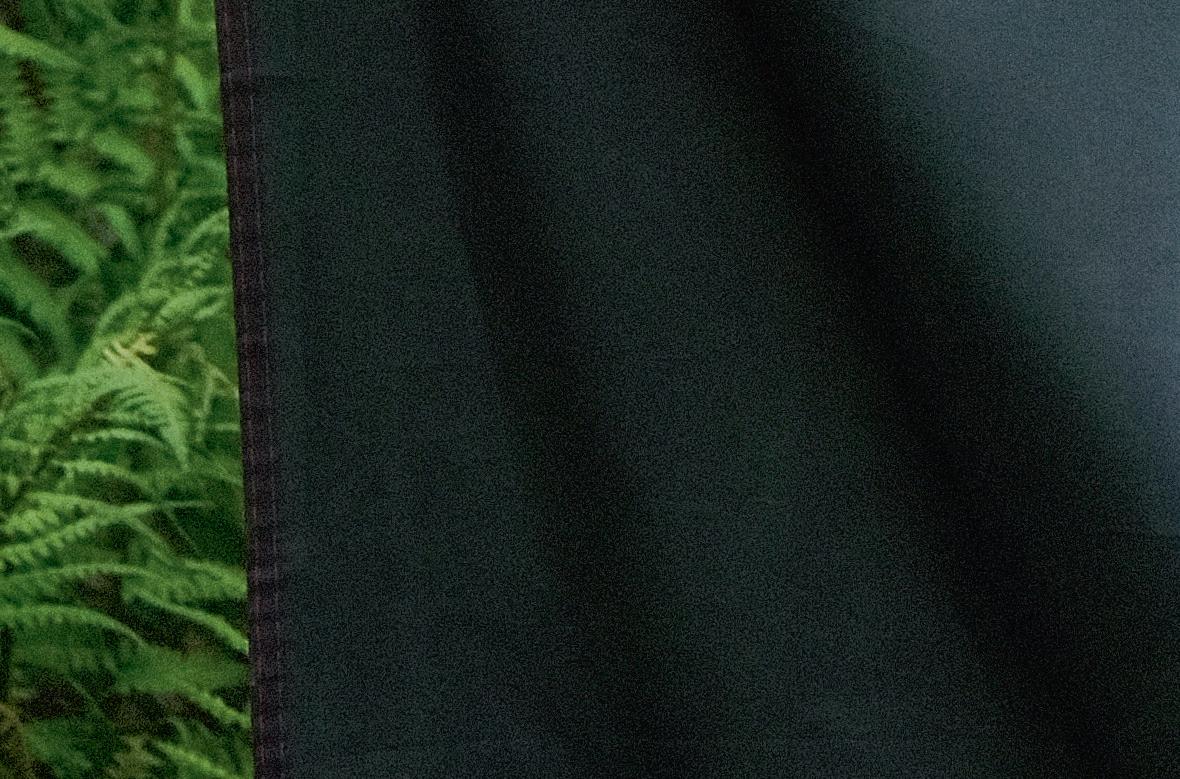
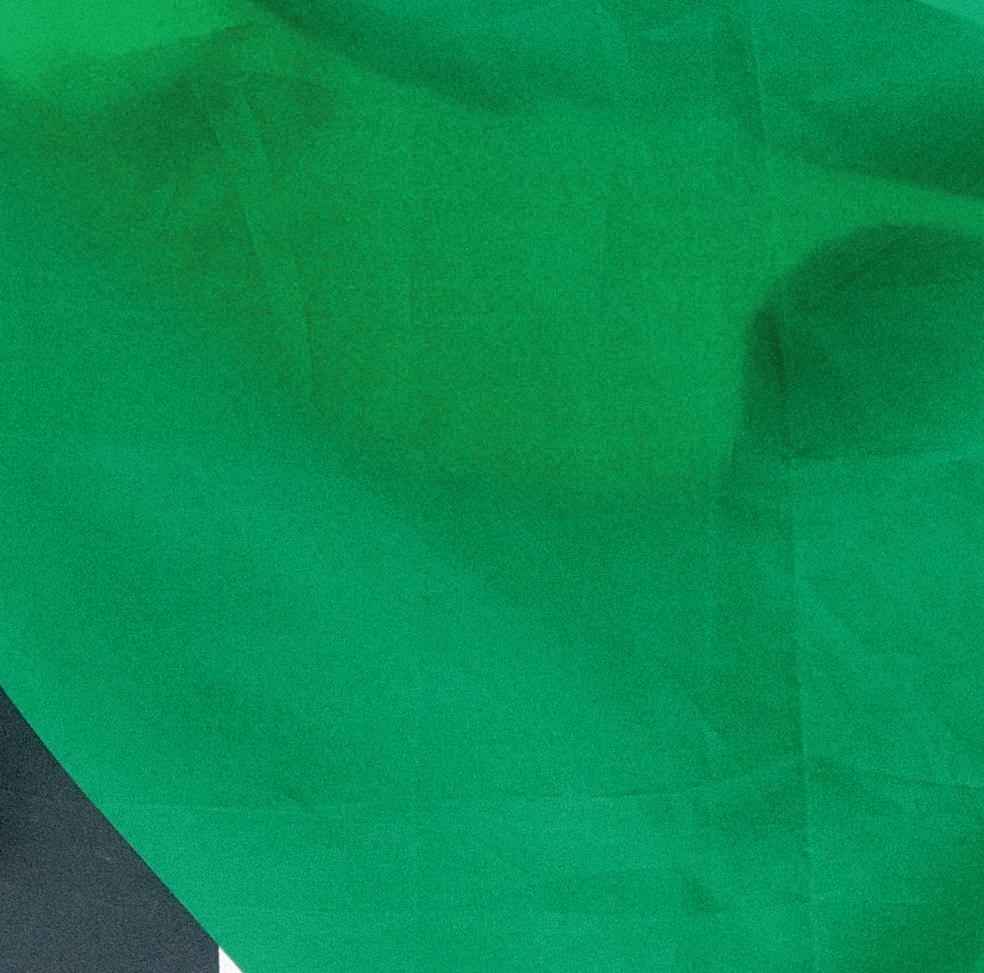
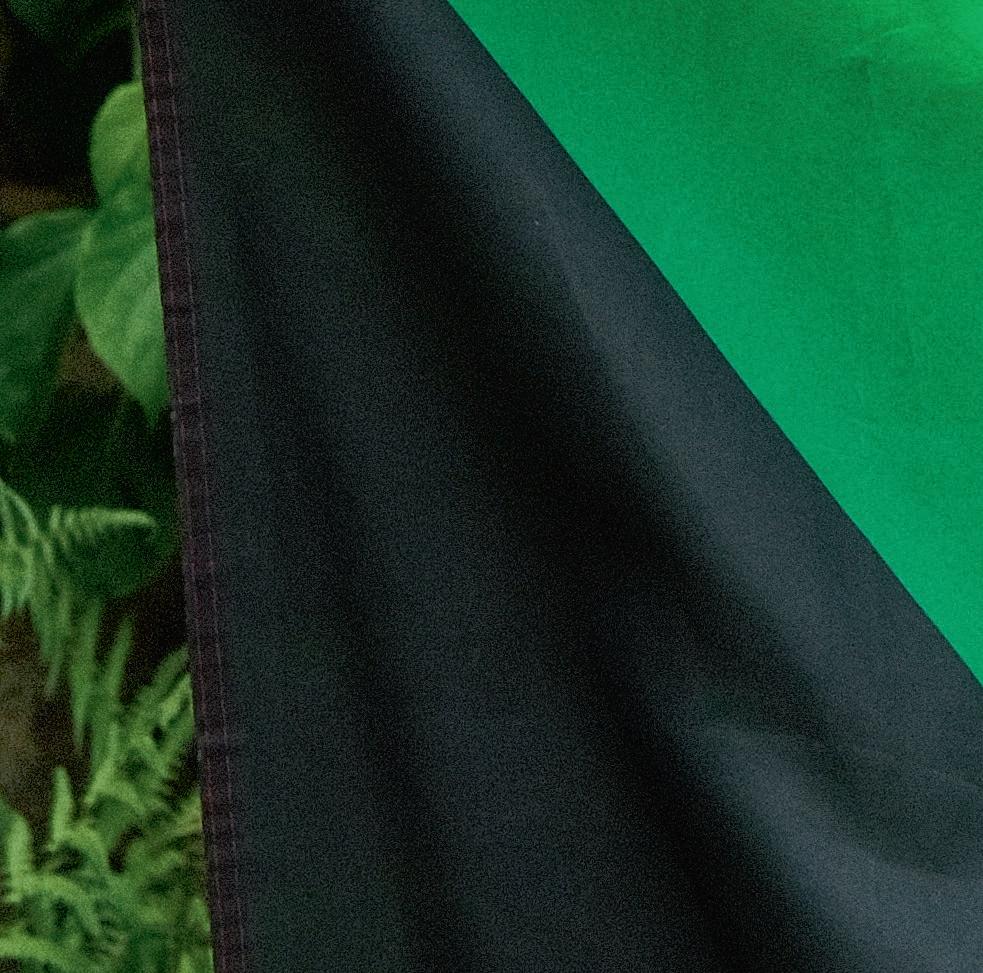
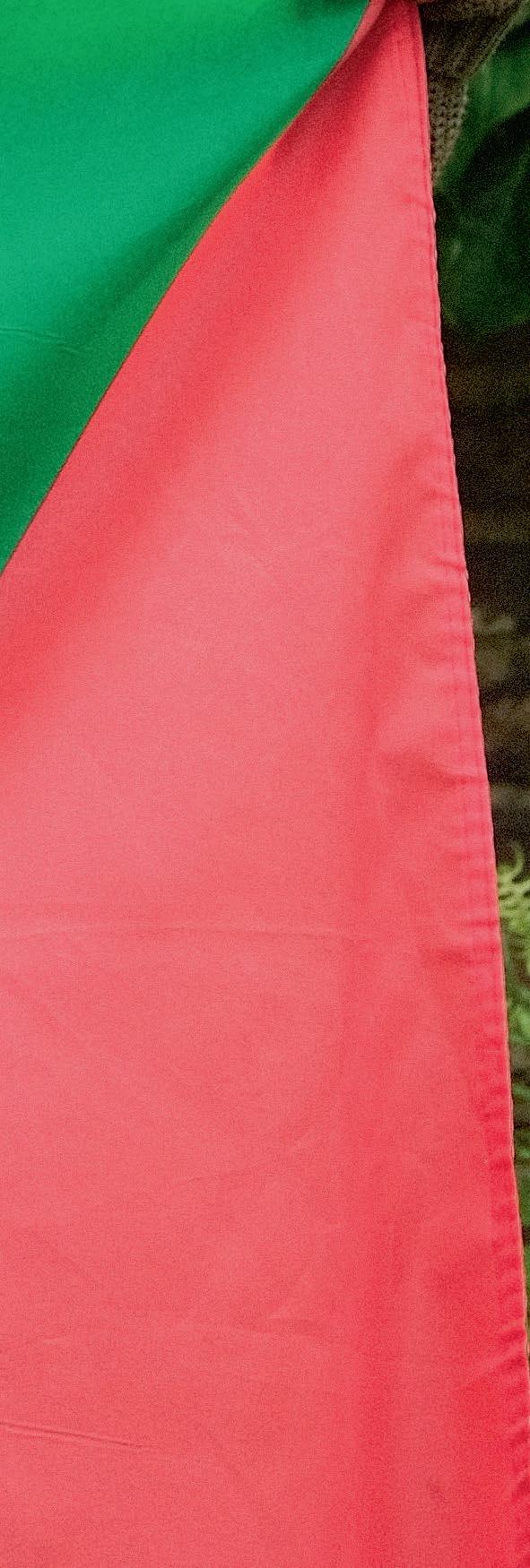
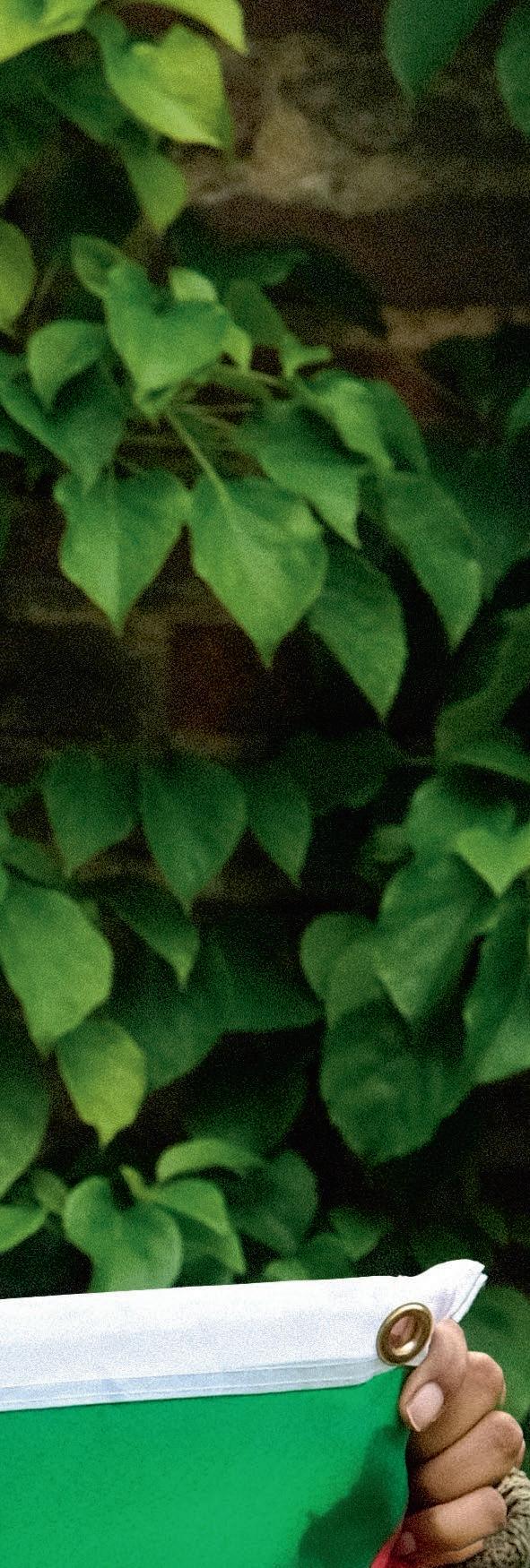
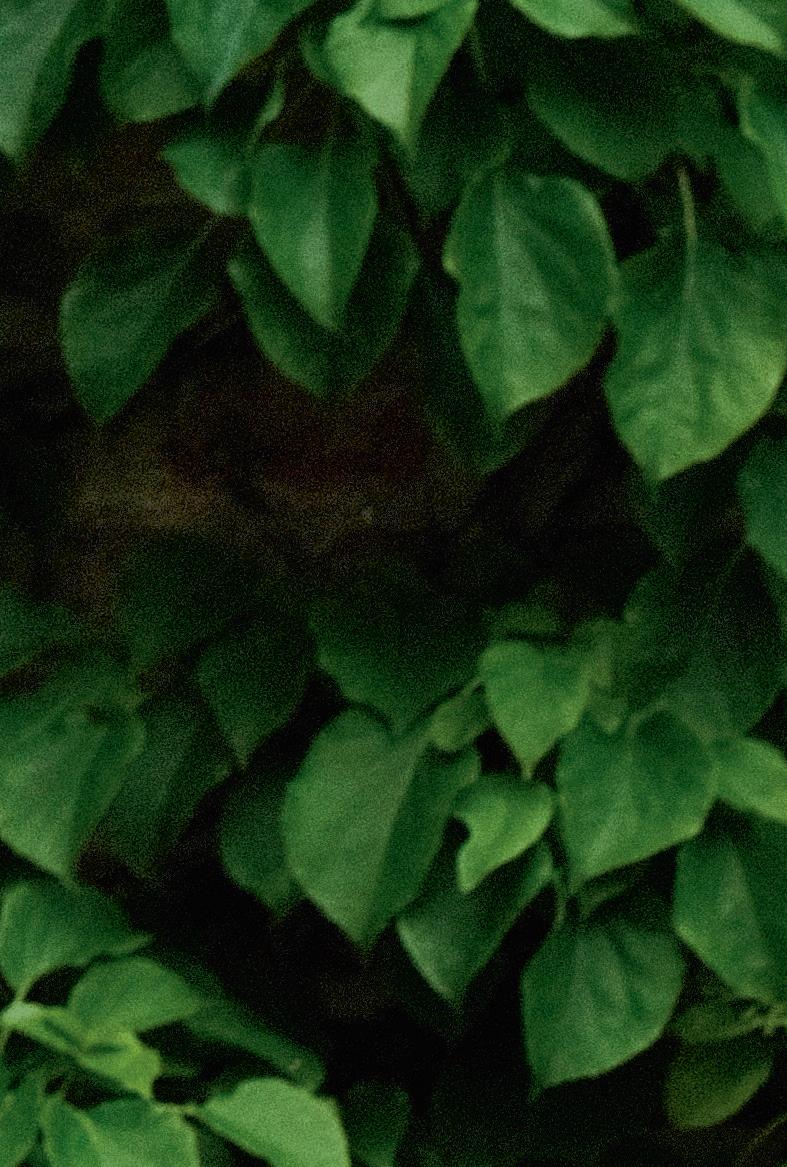




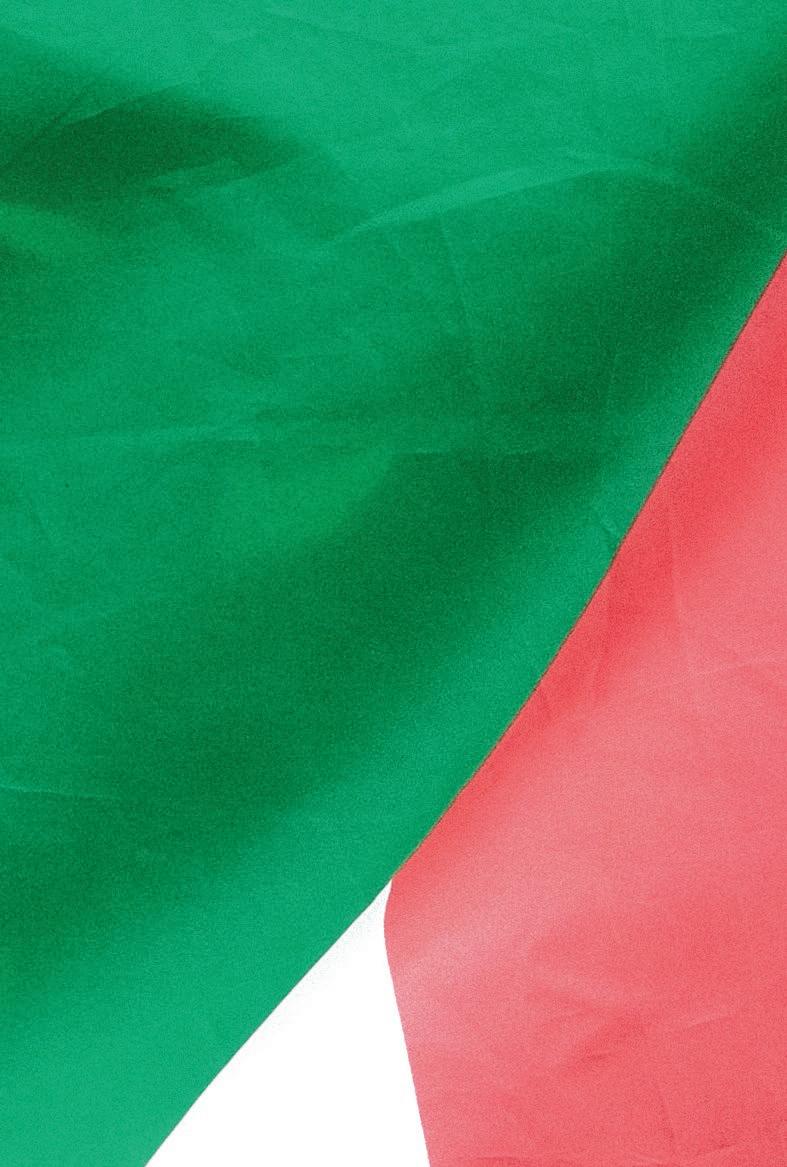
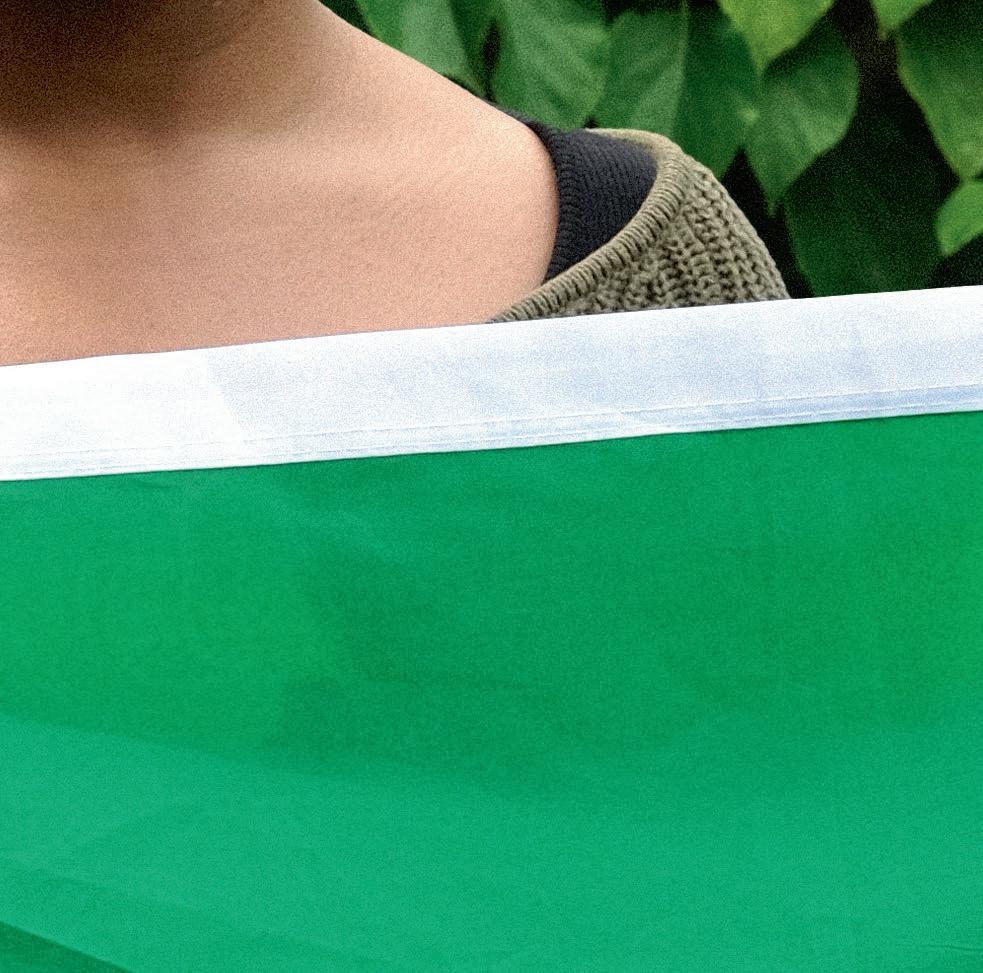
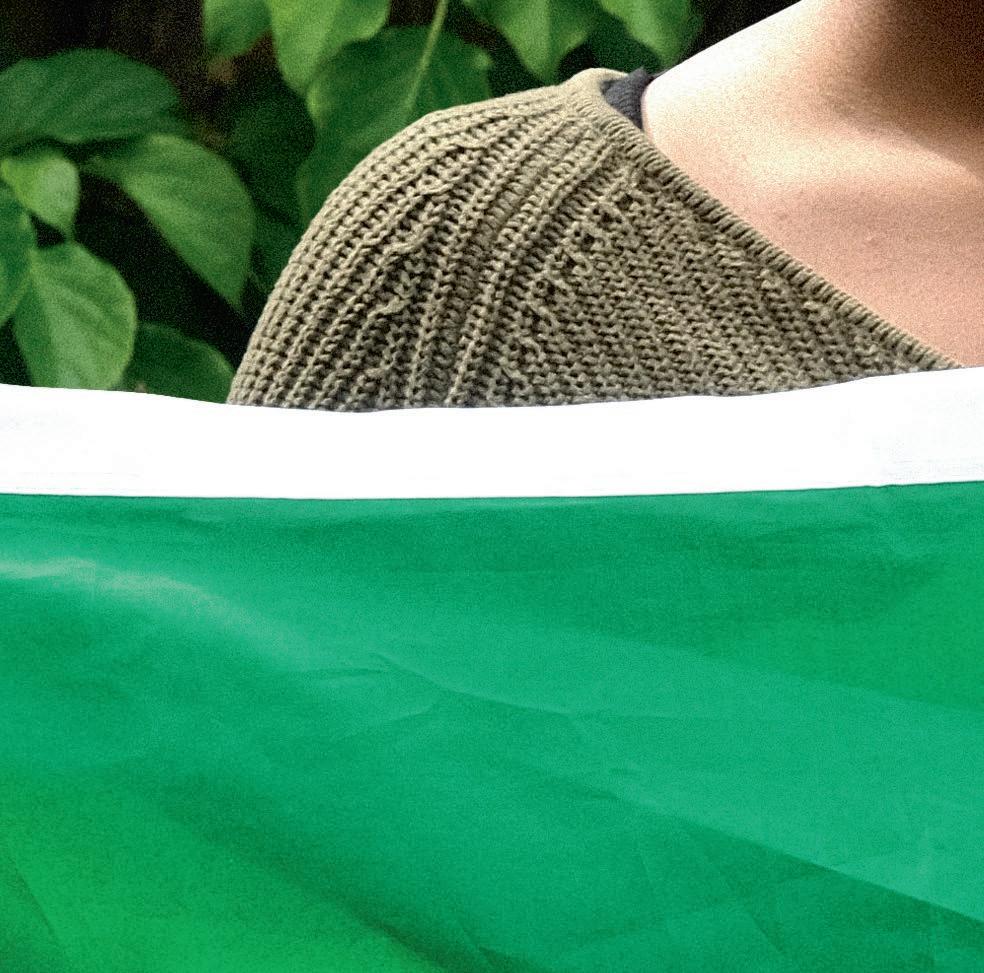
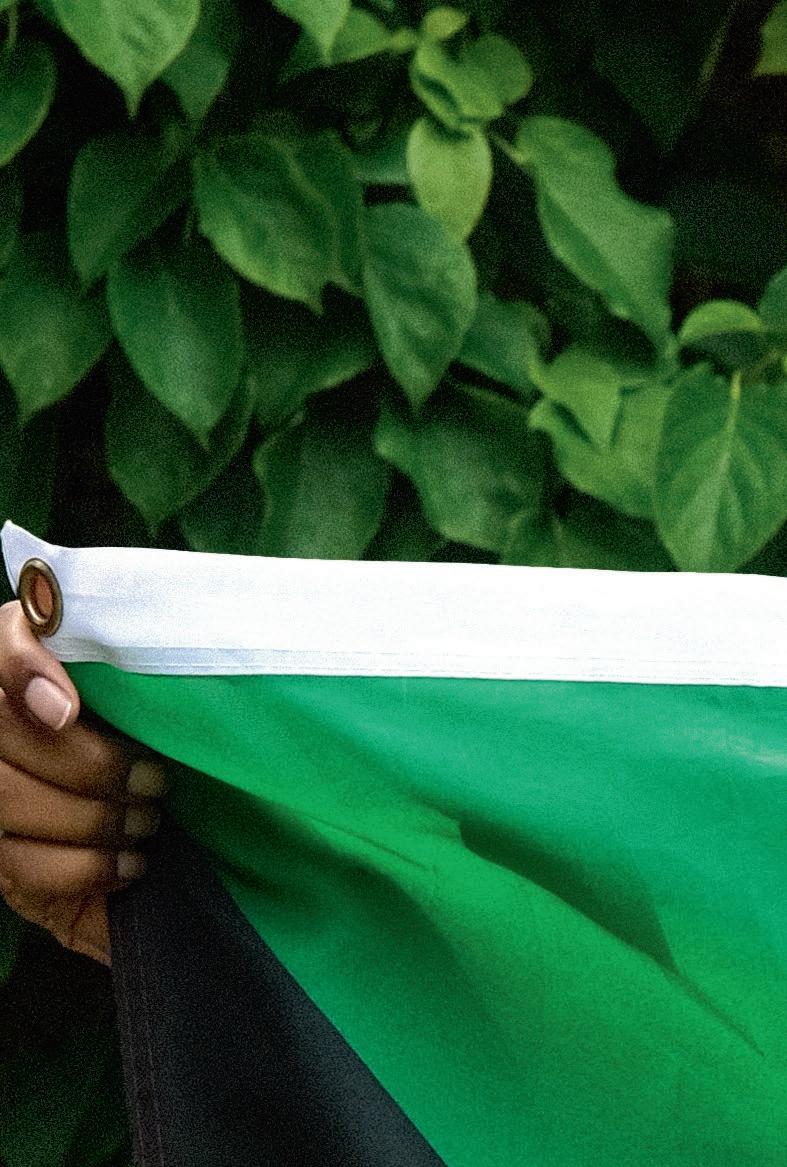

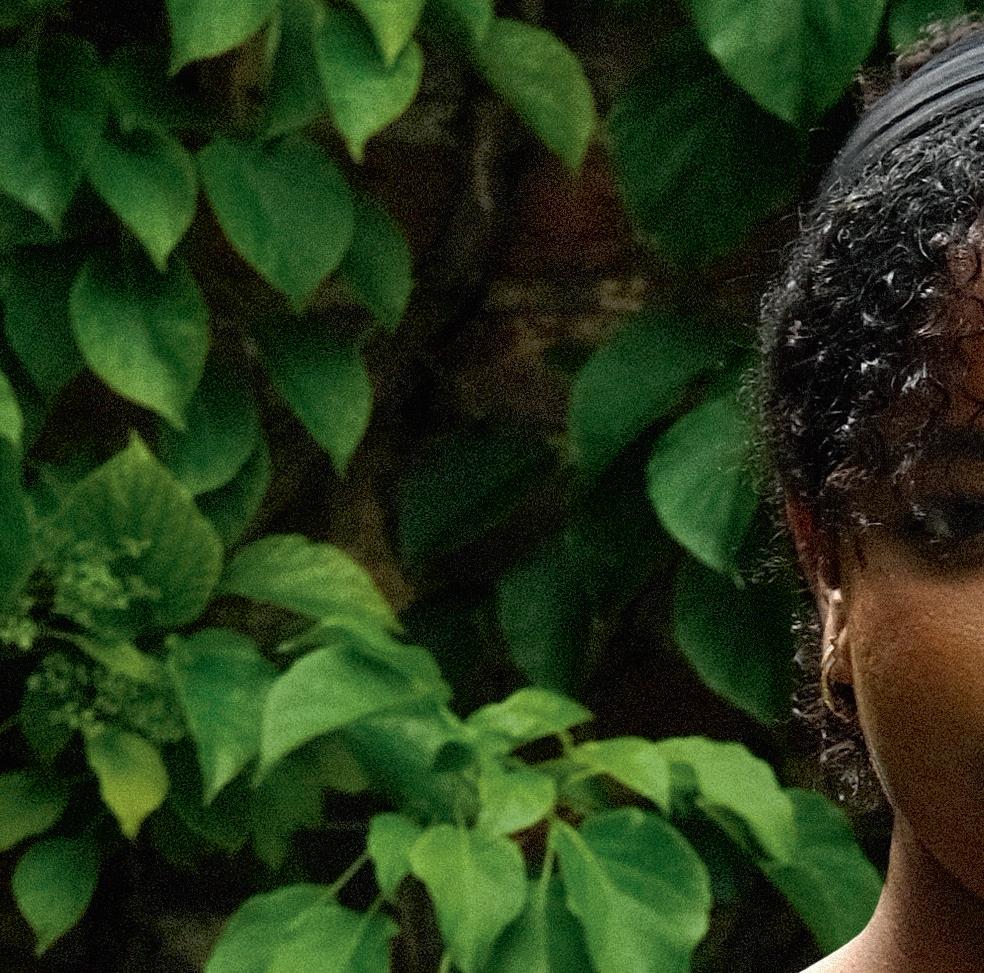
We are a European consultancy firm focussed on analytical and quantitative topics and the development of sustainable solutions to bring about positive change for our clients.
We are a European consultancy firm focussed on analytical and quantitative topics and the development of sustainable solutions to bring about positive change for our clients.
What does d-fine offer you?
What does d-fine offer you?
- Diversity: Work with clients on topics ranging from financial engineering and machine learning through to climate risk and healthcare
- Diversity: Work with clients on topics ranging from financial engineering and machine learning through to climate risk and healthcare










- International: Collaborate in project teams staffed across Europe
- International: Collaborate in project teams staffed across Europe
- Education: Acquire new skillsets to broaden your technical and professional repertoire
- Education: Acquire new skillsets to broaden your technical and professional repertoire



Who is eligible to join?
Master’s or PhD-level graduates in STEM fields
Who is eligible to join?
Master’s or PhD-level graduates in STEM fields
How can I apply?
Please go to our Job Portal on our website www.d-fine.com
How can I apply?
Please go to our Job Portal on our website www.d-fine.com

Yusuf is in his first year at Cambridge, studying medicine at Fitzwilliam. 3,000 miles away in Khartoum, his grandparents, cousins, aunts, and uncles have seen their home city turned into a battlefield. Some of his family has fled to Egypt: a long trip by bus, with days spent waiting at the border for visas. His aunt died on the journey, he tells me.
His family are now far too worried to take his grandparents on the same route, meaning that he is approaching his first year exams, knowing that they are all trapped in a city with bullets flying through the windows and missiles overhead.
I meet with members of Cambridge University’s Sudanese Society on a peaceful Monday morning in Trinity Hall, home to the society’s president, Aala. A third year politics student, she, like many others, has family living in the crossfire between the two warring groups: the Sudanese Army and the Rapid Support Forces (RSF).
Cambridge and Khartoum seem like different worlds for most of us. But the gunshots that have incessantly echoed through the streets of Sudan’s capital for the last month are heard all too well by Cambridge’s Sudanese community.
Razan, the society treasurer, is a second year politics student at Selwyn. Her father lives in Sudan, but was luckily not
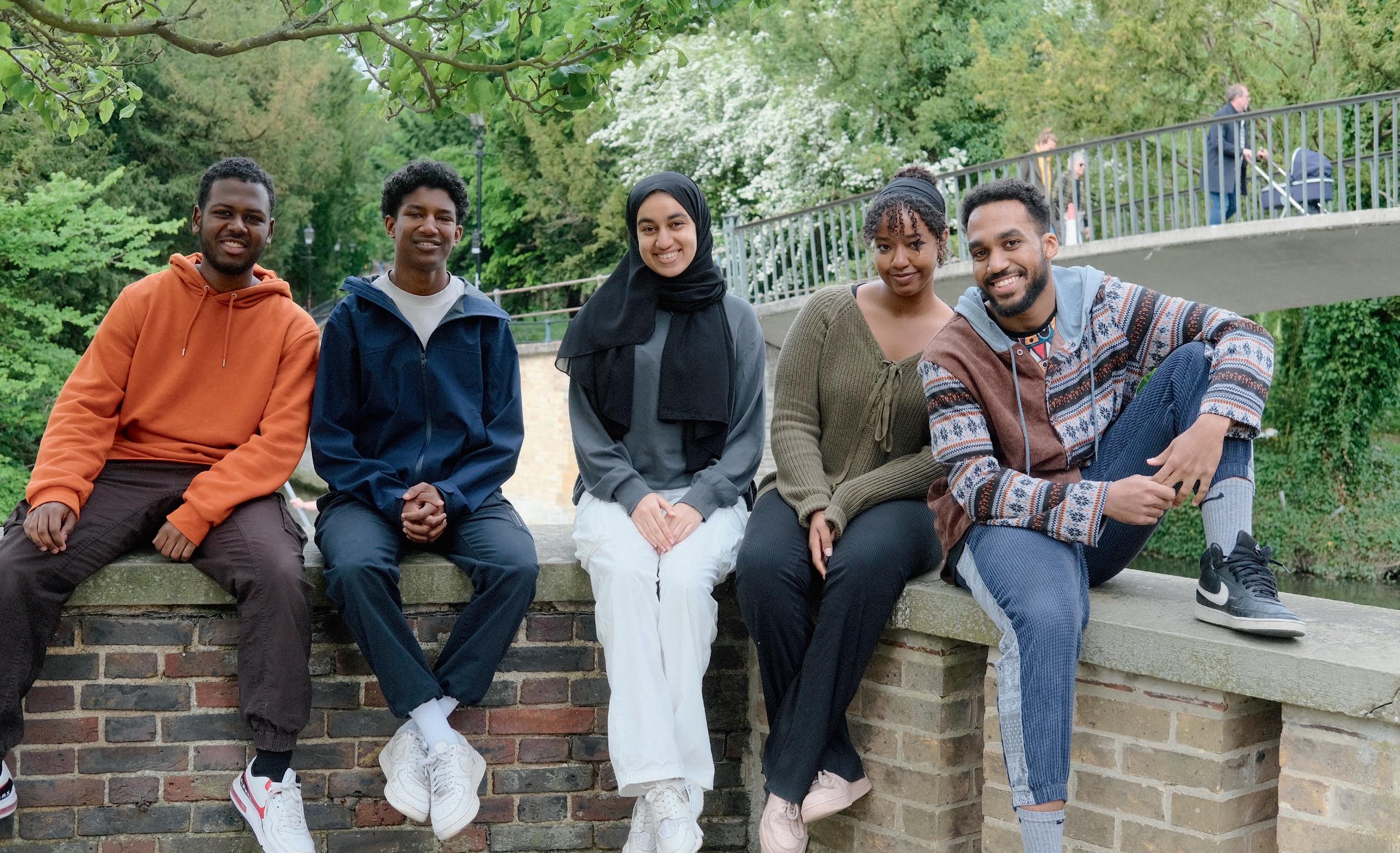
in the country when the fighting started. Most of her family have remained in the northern part of Khartoum, Khartoum Bahri, running a hospital in that third of the city. Mohammed, another medic, has heard from family that their home, abandoned after fleeing the city, has been turned into a makeshift base for the RSF.
The final member of the group is Tarig. He is a third year PhD physicist at Pembroke, who remembers studying for his final undergraduate exams during the Sudanese revolution in 2019. “I remember going to revise in the library, then at 3pm I would go out to protest, before coming back to do revision at 8pm” he tells me. His father is currently living in Khartoum, along with the rest of his family.
The roots of the current conflict lie in the revolution that Tarig protested about in 2019. In April of that year, Omar Al-Bashir, who had been the president of Sudan since 1993 and stands accused of genocide, crimes against humanity, and war crimes, was ousted. This revolution led to a transitional government, which was then meant to lead to a civilian-led
government – but that transition is yet to materialise.

The country is now stuck in the mid dle of a power struggle between the Sudanese Army and the RSF, a group with strong links to the Janjaweed, who have been accused of committing the Darfur genocide which the UN states has claimed at least 200,000 lives and displaced two million people.
“The RSF are using the capital city and other big cities across Sudan as a bat tleground,” Aala says, and so people are having to choose between fleeing, and facing life as a refugee, or staying and “possibly losing their lives”. “It’s urban warfare”, Razan adds: “Bullets are com ing into people’s homes, missiles are hitting people’s homes”.
As far away as they may all be from Khartoum, the members of the Suda nese Society are determined to make a difference. What started as a text from Razan’s dad, asking her for money to support the family hospital, has grown into something much bigger. “Of course I can donate,” she says, “but if I can get other people to donate too, even if it’s just £5, it will help a lot”.
The hospital treats people who have been injured in the conflict for free, and despite frequent power outages and being without water for over a month, Razan’s family are determined that it should remain open. They are the only hospital in the northern third of the city that is still running. The GoFundMe page that the society has created in col laboration with other Sudanese societies
He’s sitting his exams knowing his grandparents are trapped with bullets flying through windows
“
across UK universities has so far raised upwards of £20,000.
Razan, Aala, Mohammed, Yusuf, and Tarig are all humble, but they have good reason to be proud of themselves. They are juggling interviews with ITV, writing letters to the University, colleges, JCRs, senior tutors, and masters, various fundraising events, and social media activism with an Easter term full of its own stresses. All while the weight of the danger that their loved ones face every day lingers like a brooding storm cloud.
And yet, in Razan’s words, “the Uni doesn’t really care”. When she approached the University to make them aware of her personal circumstances in case she feels too overwhelmed to complete her exams, she was told to visit her GP. The University came to the conclusion that a note from her GP was required to prove that having family in the midst of a bloody conflict was a mitigating circumstance.
It feels like being told: “Africans are used to war, so it’s fine”, Razan tells me. “If something were to happen in Europe, it’s like: ‘Oh my God! Europeans don’t deserve this.’” The proof of this attitude is perhaps not just that there has been no communication from the University
danese community “wasn’t expecting anything”.
The group agrees that an email from the University stating that they were thinking about their Sudanese colleagues and their families would have been welcome. “A little gesture like that goes a long way,” Tarig notes. Yusuf shares how supported he felt when the Indian Society did a fundraiser to help their cause; Razan mentions how touched she was when the master of Selwyn reached out personally; Tarig smiles as he recalls the imam at his mosque saying a special prayer for Sudan.
More could be done to support those affected by the conflict in Sudan, both in Khartoum and in Cambridge. Aala emphasises the importance of trying to educate yourself, or contacting JCRs, MCRs, masters, and senior tutors.
That Aala, Yusuf, Mohammed, Razan, Tarig, and the rest of the Sudanese community are even able to go to the function in daily life at the moment is beyond commendable. Most of them will sit potentially life-altering exams in the next few weeks while enduring what Aala calls a “con-

ters; they are quite dispersed, because of the war,” Tarig tells me. “One of my uncles only found out that his mum had died after they had buried my grandma. She passed away in my house, in Khartoum. She was quite elderly and bedridden, in hospital before the war kicked off.”
He recalls how his family had to move his grandma, even though she had only just had a feeding bag installed. First from the hospital to her home, and then to his dad’s home. His house hadn’t had electricity for the last three weeks, but it was the safest option. She became increasingly ill, but there was no way that they could get her to a hospital.
“She passed away yesterday.” A moment passes as these words hang in the air, before he repeats the word: “Yesterday”. He takes a moment to compose himself, and then continues. “The situation is quite volatile. You could have the same interview with us in a week’s time and all of our stories might change. Mine changed yesterday. You never know. It wasn’t sudden, her death – it was coming. But I feel like the conflict made her
How much the Sudanese society’s GoFundMe raised £20,000When the 2023 Sudan conflict began
15 April
at a median cost of £5,900. Using publicly available information and freedom of information requests, Varsity calculated the median yearly undergraduate rent at each college and used the shortest lease available, which largely ranged from 28 to 30 weeks (28 weeks at Homerton College, and 38 weeks at Lucy Cavendish and Girton Colleges). Varsity then added any compulsory additional charges paid by students, such as a Kitchen Fixed Charge. Postgraduate colleges were excluded from the investigation.
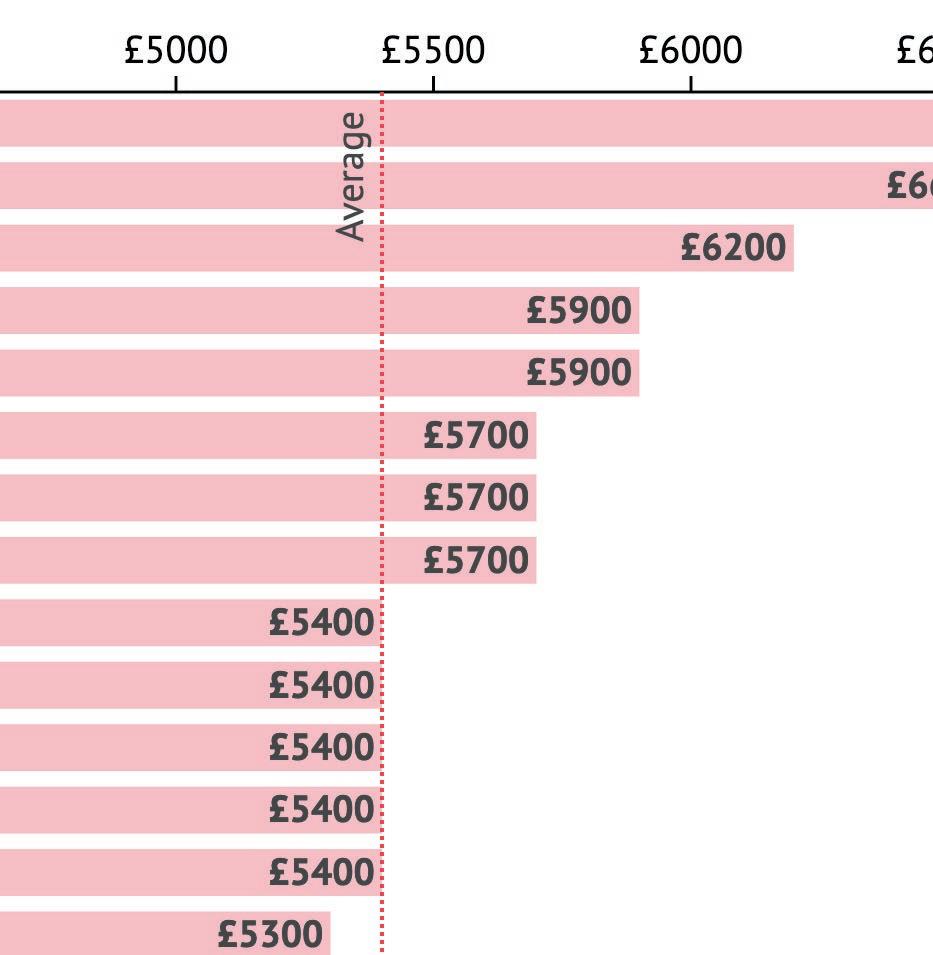
Varsity faced challenges in nding reliable, public data from each college. is was in part due to the discrepancies between colleges in how they structure accommodation, the accommodation provided, and the availability of information to students outside of a college. As such, these gures are an approximation.
pact of this on prospective applicants: “Students studying at the University are paying vastly di erent rents; it’s simply not true that it ‘doesn’t matter what college you apply to.’”
Joe Garvey, an undergraduate at Lucy Cavendish who has conducted research which assisted this investigation and is involved in research on the impacts of high living costs on students, spoke to Varsity about these ndings: “Most colleges don’t make this data publicly available, with the little that is available being incomplete, often just stating rent bands, without disclosing the number and availability of rooms. . . Hence why, when many have tried this in the past, they simply gave up.”
AVarsity investigation has found disparities in rent of approximately £3,000 between the most and least expensive undergraduate colleges, and an average median yearly rent of £5,400 for undergraduate students living in college. The investigation comes amid a growing cost-of-living crisis placing pressure on students’ finances, and criticism among the student body of planned rent increases for the next academic year (2023-24).

Homerton College provides the cheapest student accommodation, at a median cost of £4,100 a year for a 28week lease. Students at Girton, on the other hand, face the most expensive median cost of £7,100 for a 38-week lease (the shortest available). is gure is for 2022-23, and Girton has a cohort charge policy meaning a student’s rent for their three years stays the same regardless of in ation. Selwyn College, in third place, has the most expensive 30-week lease,
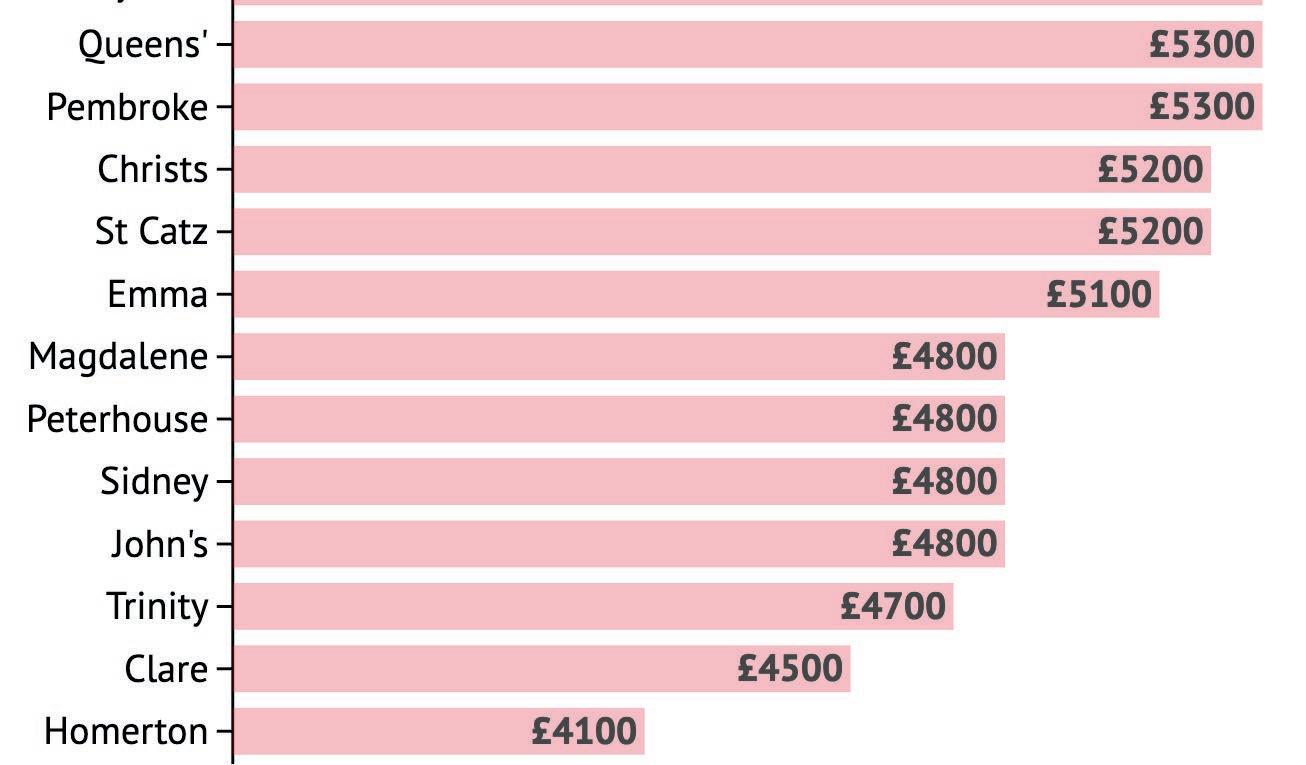
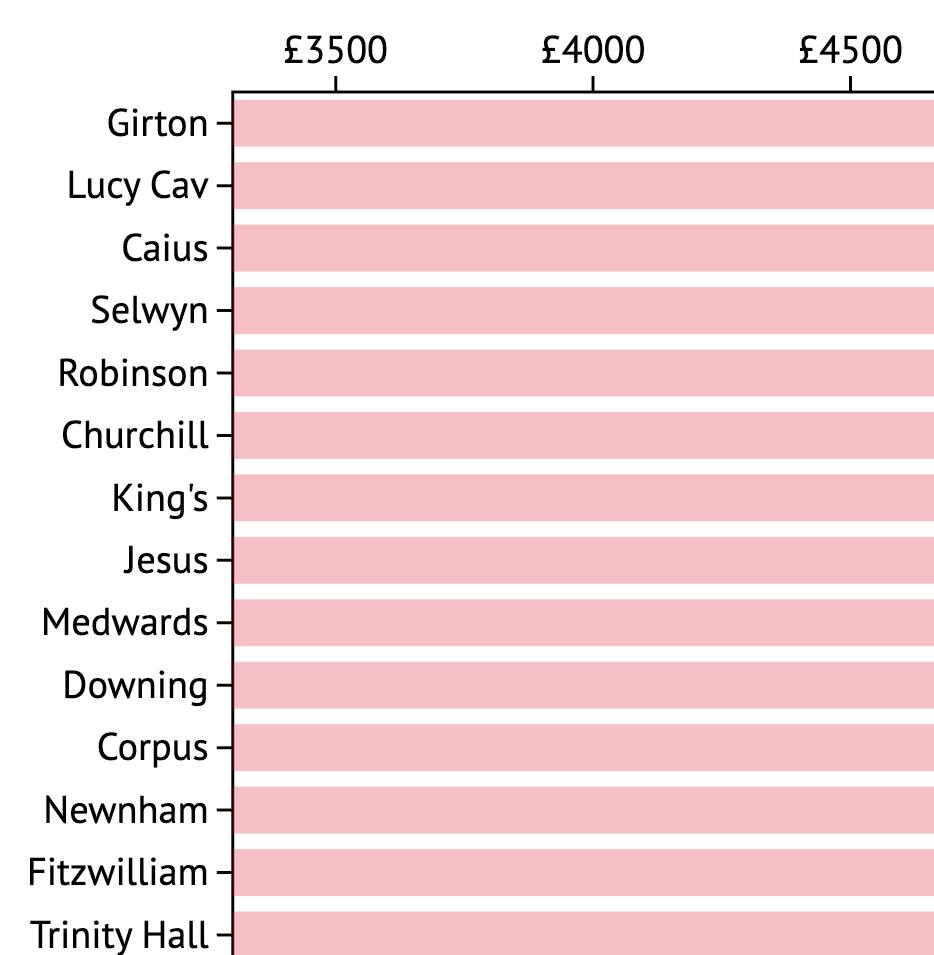
Including compulsory xed charges; gures rounded to the nearest £100 53%


e Cambridge SU sabbatical team commented on these di culties, telling Varsity: “ e discrepancy between college rents is appalling and the information is di cult to nd online for potential applicants.
For a student on maximum SFE maintenance loan (£9,706) and Cambridge bursary (£3,500), with a total resulting income of £13,206, rent at Homerton would account for 31% of their income. Rent at Girton would require 53%. e average median rent (£5,400) would take up 41% of that student’s income. is is in stark contrast to the ONS’s recommendation that accommodation quali es as “a ordable” if it takes up 30% or less of a household’s income.
31%

[The University] needs to be clear and honest about the nancial implications of living at different Colleges.” ey went on to raise the im-
e Girton JCR committee told Varsity: “High rent is an ongoing issue with college and consistently provokes discontent within the student body. e Girton rent policies are complex and, although they can provide some perks, there are signi cant drawbacks which the JCR are committed to addressing.”
Rent is set to increase for the 2023-24 academic year, with increases between 6-10% already announced by many colleges. is has been met with criticism from students and JCRs, including a rent strike at King’s College. e SU shared its criticisms with Varsity, stating: “ e rent increases announced this year (around 10% at colleges like Selwyn, Sidney Sussex and King’s) are pricing students out of a place to live. e rent strike at King’s is a clear message that this isn’t acceptable or liveable any more.”
Several colleges and the University have been approached for comment.
Percentage of income spent on rent by a student on full maintenance loan and Cambridge bursary Homerton ▲ Girton ▶Of all the conclusions of Varsity’s rent investigation, particularly striking is the fact that wealthier colleges consisently o er their students lower rents. While Trinity and John’s students enjoy some of Cambridge’s most a ordable accommodation, students at Girton and Lucy Cavendish are forced to shell out nearly 50% more each term.



is statistic is particularly worrying considering the fact that Lucy Cavendish recently became the rst-ever Cambridge college to admit more than 90% of their UK students from state schools.
e corresponding gure at Trinity is only 55%.
When announcing the college’s transformation from a mature, women-only college in 2019, Lucy Cavendish’s stated aim was: “making more places available for excellent students from under-represented backgrounds”.
And though the college has undoubtedly succeeded in expanding access to Cambridge, Cambridge’s collegiate system has entirely failed Lucy Cavendish. Despite being a constituent of the UK’s second-richest university, the college is in dire nancial straits.
Since admitting male and undergraduate students for the rst time, the college has struggled to nd the funds to deal with an in ux of over 300 students. e main college site, previously dedicated to postgraduate women, has been entirely turned over to rst-year undergrads.
To house the remaining new students, the college took out a series of loans to nance the construction of new student accommodation. According to publicly available records examined by Varsity, Lucy Cavendish’s debt amounted to £16 million in 2022, including an unprecedented £10 million loan from the University itself.
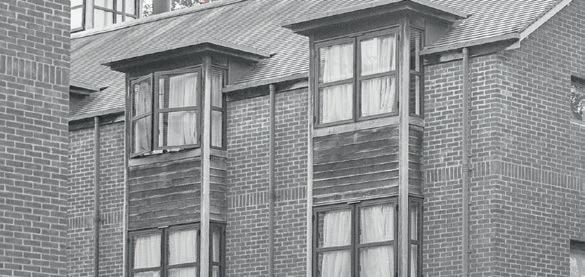
In the meantime, the college is forced to rent several
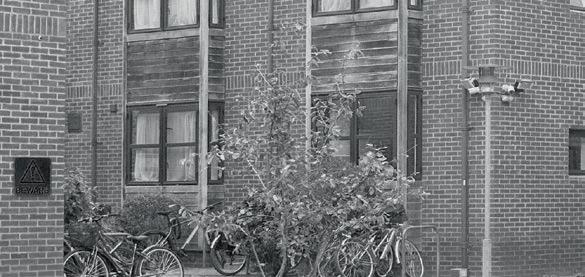

properties o both private companies and other Cambridge colleges. Rooms in Castle Street are rented from Collegiate AC Ltd, a private provider of student accommodation, and further rooms are rented from a local theological school, Westminster College.
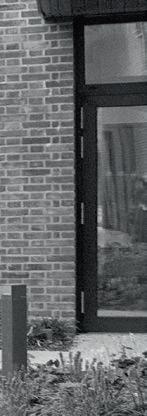

By far Lucy Cavendish’s largest landlord, however, is St. John’s – a college that charges its own students, on average, only two-thirds of the rent at Lucy Cav. One of the properties that Lucy Cavendish rents from John’s, Wolfson Court, was purchased from Girton College as an investment property in 2017.

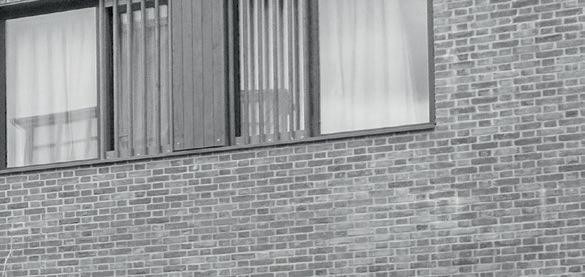

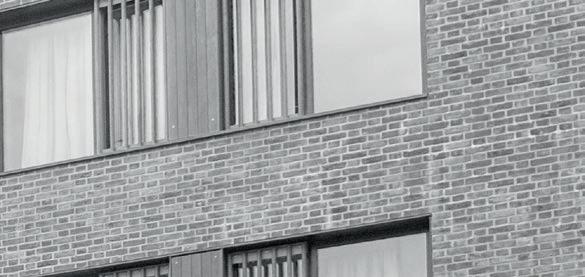
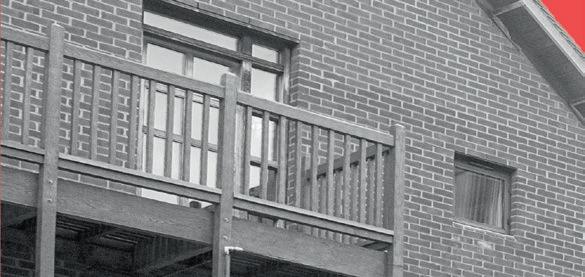
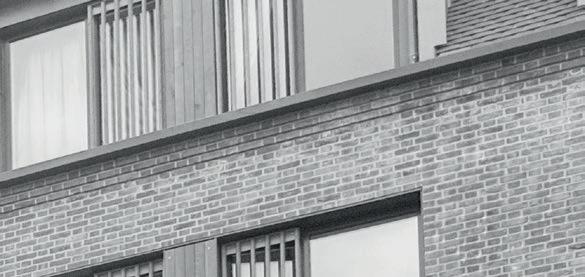
Originally Girton’s in-town satellite college, the purpose-built 90s accomodation was equipped with a bar, an MCR, a library and a 24-hour duty porter. Since being bought by John’s, however, all of these facilities have been axed due to disagreements about who should fund their upkeep, as part of the site is let out to Clare Hall.
bridge colleges, which donated £1.2 million to Lucy Cavendish in 2022. However, Lucy Cav students have repeatedly been told by the University that the college is not permitted to spend this money on operational expenses, including rent subsidies.
Instead, the fund is intended to slowly grow Lucy Cavendish’s endowment –although, last year, the endowment instead shrunk from £15.3 million to only £13m. No undergraduate college has a smaller endowment; by contrast, last year John’s counted nearly a billion in net assets and registered a nancial surplus of over £6 million.
Before last year, the college’s ringfenced hardship fund was worth only £17,000, and their travel grant fund was negligible. e college also previously offered some of the least a ordable buttery prices in Cambridge.
Last year, however, the college was moved to substantially reduce catering prices only after students presented a research paper, explaining that unaffordable food prices made studying at Cambridge substantially harder.
Lucy Cav students are thus housed in a building with a locked-up library and inaccessible social spaces, now used by John’s as a storage space for disused furniture. Security and maintenance is outsourced to a private contractor; in addition, several balconies belonging to Lucy Cav students were bolted shut by John’s at short notice after structural issues with the building were discovered.
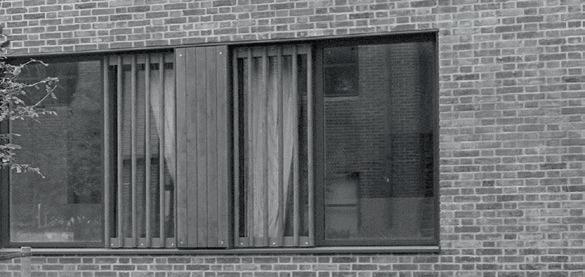
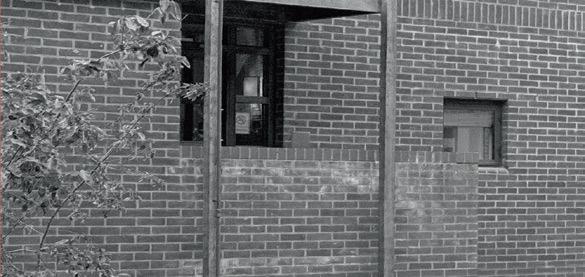
According to Lucy Cavendish’s accounts: “In most instances the college’s rental agreements [with landlords] are for 52 weeks, meaning that the college has to pay rent for the full year even when students’ licences are for shorter periods”.


As a result, the college reported a net loss on accommodation of £1.1 million in 2022.
In theory, this loss could be o set by the “Colleges fund”, a nebulous system of wealth redistribution from other Cam-



In the end, the worst a ected by Lucy Cavendish’s nancial di culties are Lucy Cav students, who pay higher living costs, and receive fewer subsidies, bursaries and grants than other Cambridge students, despite studying at the same inordinately rich institution.
Read the full article online
 by Harry Hult
by Harry Hult
Cambridge’s collegiate system has entirely failed Lucy Cavendish
“
Hannah Gillott meets disabled students demanding fairer treatment
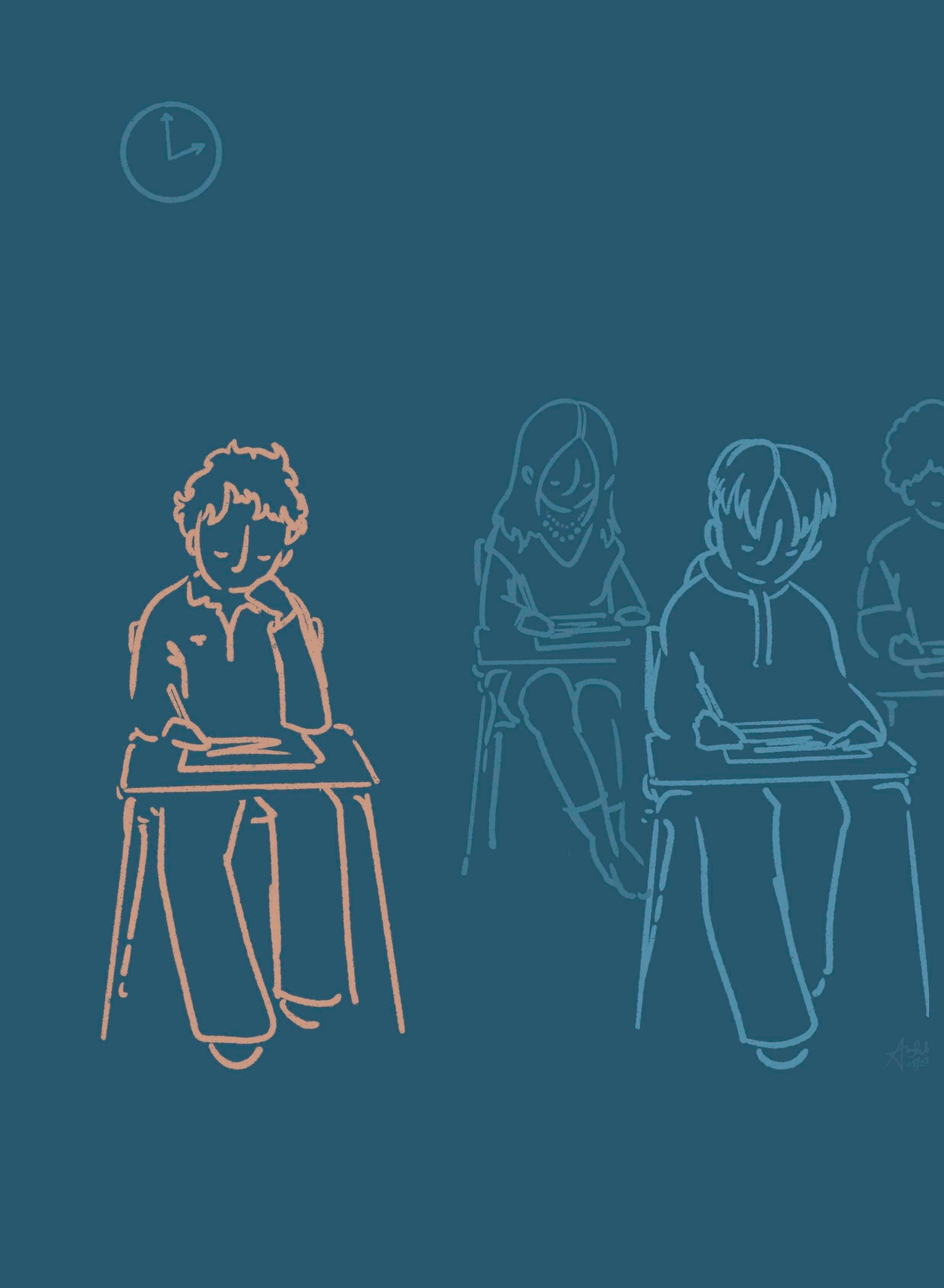
‘I’m not worried about getting a 2:1 or a 2:2. I’m worried about staying alive’
mma’s friends weren’t letting her sleep alone. Desperate, she sat down one Wednesday morning and penned an email to her Senior Tutor.
“I am tired. I can’t describe in words how exhausting it is to have to continue to exist in a constant state of fear”.
“I’m not worried about getting a 2:1 or a 2:2. I’m worried about staying alive”
Although sent within office hours, it received no response. Months later, after she was finally granted her exam mitigation, the email was brought up. She was told that due to its concerning content, she would have to go through a Fitness to Study procedure. “It felt like a threat,” she tells me. Having finally been given the go-ahead by the EAMC (Exams Access and Mitigation Committee) to extend her period of study, she was told she may be forced to intermit.
This was only the culmination of Emma’s difficulties in applying for Double time, or what the University calls Extended Period of Study (EPS) — the mitigation which allows for one year of Tripos to be completed over two years. She went over a month at a time without correspondence from her tutor (who was organising the application), which can at least in part explain the fact it took her over a year to have her application approved. Listening to her tell her story, I am struck by the extent to which she plays an active role at every step. “I joined a bunch of DSC [Disabled Students’ Campaign] Facebook groups,” she tells me. “I had to talk to the NHS to get the medical evidence I needed”. “I had to arrange meetings with the DRC [Disability Resource Centre”. “Everything I’ve gotten was something that I had to go and find out existed from somewhere else”. She is not alone in this. Every single person I spoke to had to find out about Double time from someone, or somewhere, external to their College’s pastoral team. Olivia overheard someone talking about it in her college bar. Rensa’s tutor’s colleague had “happened” upon it. Emma simply did “a lot of googling”. Double time, or EPS, is a mitigation most students — and tutors — have not heard of. Tucked away on the very last page of the University’s exam mitigation guidance, it’s not something they seem to be advertising. Yet for many, this mitigation is life changing. When I ask Olivia, who was able to take her 4th year on Double time, how the change affected her, a veil of anxiety lifts almost instantaneously. Sat up a little taller, now leaning back against the cushioned booth of the West Hub cafeteria where we arranged to meet, she tells me that “Lent was the
first term in Cambridge that I actually enjoyed”. Able finally to focus on anything beyond managing her pain, she explains to me that halving her timetable meant halving the triggers. Halving the flare-ups. Halving the bedridden days. Rensa also took 4th year on double time. Before the change, days had been a painful monotony. It was a simple repeat of “waking up trying to have some cereal, trying to figure out why I’m in so much pain and then going back to sleep”. Were it not for Double time, she could not have completed her degree.
Intermission, a mitigation more commonly offered, is “simply not an option” for many, Emma tells me. Not only is it financially untenable for those who cannot return to live at home, but for students with chronic conditions, Olivia explains, it “just puts a plaster on a wound”. Requiring less evidence than a Double time application, Rensa, who later went on to be the Disabled Students Officer (DSO) on the Students’ Union, explains that disabled students without the strength to fight for Double time often find themselves effectively forced to intermit. “I think people just give up,” she tells me. For those with limited support, intermission is the only choice. But other “people in similar circumstances were empowered, and were supported, and didn’t need to leave”.
This discrepancy in the level of support which students receive is brought to my attention again and again. Olivia tells me that the success of your application is “very very dependent on if you have a good relationship with your tutor”. “My college were brilliant,” she explains. “It’s not all doom and gloom”. She pauses, and looks at me with a wry smile. “Well maybe for 98% of people it is”. There’s a stark contrast between this and Emma’s experience. She had to turn to a radical last resort, telling herself: “I’m just going to knock on peoples doors and cry until something happens”. Speaking to Rensa, who worked with a years’ cohort of applicants as DSO, it appears that most people’s experiences fall somewhere between Olivia’s and Emma’s. She reaffirms that “the majority of people have a good time within the tutorial system.
Unfortunately, when it goes wrong, it goes really, really wrong”.
“It’s not malice” on the University’s part, Rensa explains, but a level of institutionalised incompetence. In a few cases, the lack of available information on adjustments has meant that students’ Senior Tutors have misunderstood their application, “said ‘I don’t support this’ and [the application] got thrown out”. Training for tutors is not mandatory, and when Rensa raised this to senior University staff, she was met with a chillingly pragmatic response. She paraphrases: “If we made them do training, or we filtered them out based on if they wouldn’t do the job well, there wouldn’t be enough tutors”. The people and processes who students rely on for their access arrangements are ineffectual, and knowingly so. Rensa was told in by senior University staff that “If our processes are so slow that people have to intermit, well then they have to intermit”.
“Whether it’s through negligence or being malicious the outcome is the same, unfortunately, for a lot of disabled students”, says Rensa.
Beyond wanton incompetence, though, there is a deeper problem built into the crumbling foundations of this university, and no amount of support is enough to overcome what Olivia calls a “hostile environment”. “I hid all my health problems,” she tells me, because “It’s held against you”. Even before she applied to Cambridge, she “got the feeling she needed to be healthy” to survive here. And she wasn’t wrong. “There were no options for me in first or second year”. Pre-covid, pre-recorded lectures, pre- the ensuant slightly increased awareness of the impacts of chronic conditions, she “barely scraped through first and second year by a miracle”. Rensa explains that she felt that the University’s priority was not her. “The primary concern was not are you okay, it was, well, what if this affects other people’s exams?”
Disabled students are constantly placed under a bureaucratic microscope, asked to prove their illness to a faceless committee. You are expected to do nothing but work on your degree. It was implied that Rensa’s role on the Students’ Union could harm her application. The Master of Emma’s college emailed her with a similar warning, copying in her Senior Tutor — who is on the EAMC. But these activities can be life-giving. Settling into my seat across from Olivia, I notice a swimming logo on her jacket, and, looking to ease us into what I was aware would be a challenging conversation, I ask her about it. “It changed my life,” she tells me. “As I got fitter, my fatigue was getting better. My pain was getting better”. Having the time to do more than just suffer through each
“
Anna Webb
term made her more productive. More importantly, she began to actually enjoy her university experience.
More than this, you are expected to feel grateful for the bare minimum — for compliance with the Equalities Act, which demands that institutions make reasonable adjustments. e 2021-22

EAMC report states that “assuming that the 20 cases [of students granted Double time] are ‘Home/EU’ students and liable for the fee rate of £9,250, the cost to the University in 2021-22 for these reasonable adjustments is £185,000”. “ at’s not true,” Rensa states, carefully maintaining a considered tone. It’s clear that she has had this conversation many times before. She is measured, and calm, but underneath that bubbles a white-hot fury. “You are not allowed to be charged for the cost of reasonable adjustment. It is unlawful to require you to pay to any extent the cost of reasonable adjustments”. Not only is it untrue that you are costing the University any money, but “they’re getting mad that you’re asking them not to unlawfully charge you for the privilege of not being discriminated against”. It’s “completely ridiculous”. Navigating this hostile environment, all three students tell me, involves what Rensa describes as “knowing the rules of the game”. How do you learn them?

“Trial and error”. Cambridge makes it clear that Double time “does not o er part time study,” but instead “Students… are expected to be working full time, but on a reduced workload”. So you can’t use the words part time. You can’t say that 42 hours per week of work is too much. You have to prove, e ectively, that you’re currently working 84 hours per week, “which is absurd,” Emma tells me. Is it true, I ask? at working on Double time does mean working 42 hours per week on half the content. “Depends what you count as working,” says Emma. “Is me lying on the oor counting as working? No, not really. But I need to do it, or else I’m not going to be able to work”. Rensa had a similar experience. If you’re spending half your time working, and the other half managing your pain in order to do so, you’re working half the time, “even though you’re spending your whole time trying to make this happen”. e axial rule of the game is simple: “you have to walk this very ne line”. Not ill enough to intermit. Too ill to do a full time degree.
Winning the game isn’t a simple victory, though. Going through the process was a “nightmare of pain” for Olivia, and Emma lost access to crucial NHS treatment. She had been waiting until her application went through — when she would have su cient time — to begin treatment. Now it costs her over £100 per hour. When I ask if the process took
a toll, she sighs. “I got so much more ill. So much more ill”.
But for those who lose the game, the outcomes are far worse. Not everyone can ght like the three women I was lucky enough to meet. “I don’t know how I did to be honest,” says Emma. Rensa does. “Not everyone is as condent as me. And open. And annoying”. “It seems like the hope is that you’ll just give up,” Emma tells me. And many do. Olivia re ects on a friend who missed the last deadline for Double time. “It’s too late. It’s done. She’s just got to struggle”. She knows people who have been kicked out. People who are ghting not to be. Ultimately, from what she’s heard, “most of the experiences have been negative”. Emma lost the game her rst time around. When I ask her how this impacted her, she doesn’t seem able to articulate it.
“I mentally and physically cannot repeat this. I can’t do this year again, like because it will…” She trails o . But the letter from her psychiatrist makes clear how deeply the failure of the process affected
her. As Emma paraphrases: “If you don’t approve this, this person might die”.
Ultimately, the only real way to win the game is to reach the end — to graduate. Rensa, who is now studying parttime for a Masters degree at UCL, talks about the end of her degree with a sense of bitter relief. “I was so glad to leave. I fought so hard to stay but I was so glad to leave. I was like, ank God, it’s over”. Leaving her job as the DSO, a similar weight lifted. “It’s not my responsibility anymore. I can just exist”. Existence doesn’t feel like something you should have to ght for, I say. She smiles. But it is. And there are people ghting. “I don’t want this to happen to other people,” says Emma. “I could not have done more. I cannot do more now,” Rensa tells me of her year as DSO. And yet her work only resulted in one small change: now students on Double time can receive their grades back after their rst year, rather than having to wait until the end of their second year. Considering how hard she worked, this small win seems almost an insult. “You’ve got a system that’s highly invested in its own stability,” Rensa diagnoses. Olivia agrees. “Trying to get Cambridge to change is probably harder than getting a cruise ship to avoid an iceberg. ere’s just been too much weight and momentum in one direction for too long”.
Crucially, if things continue as they are, and if this crumbling cruise ship refuses to reroute, people will stop trying to x it. Olivia doesn’t seem to have any faith in the University. Rensa’s nal assessment is similarly pessimistic: “we’ve tried everything we can do as students and it’s not been compelling enough”. At UCL, all she had to do was tick a box requesting to do her degree part-time. “It shows you what is possible when you’re willing. And yeah, there was not a lot of willing here, I don’t think”.
If there is any willingness to change, the University must act sooner rather than later, because goodwill is not a bottomless resource. And it is running low.
A spokesperson from the University told Varsity: “ e wellbeing of our community is the University’s priority, and we support students with a huge range of disabilities and medical conditions. We continuously work to make sure students get the help they need, but we recognise that there may be times when individuals are unhappy about aspects of the support they receive. In these cases students should talk to their Director of Studies and college tutor in the rst instance”
Some details have been changed for anonymity
I hid all my health problems because it’s held against you
“

J A Kemp is a leading firm of UK and European Patent and Trade Mark Attorneys with offices in London, Oxford, Cambridge, Paris and Munich.

Visit our website for more information about training as a Patent Attorney. www.jakemp.com/careers
Training as a Patent Attorney is a career path that will enable you to combine your understanding of science with legal expertise.
You will leave the lab environment yet remain at the cutting edge of science and technology, applying your knowledge and skill in a commercial context. You will help to protect intellectual property assets and grow businesses.










n a town in which every street boasts grand museums bursting with decades of history and each corner houses another inspiring independent gallery, attempting to absorb all of them in one day would leave you with sore feet and an even sorer brain. Nevertheless, surely combining the intellectual integrity of a museum tour with the mental lubrication of a pub crawl could power a whistle-stop tour of the nest culture Cambridge has to o er? To test our hypothesis of whether several pints could dampen the dryness of multiple museums, your very own Arts team headed out on a soggy Friday afternoon to embark on an (ambitious) mission: to consume as much alcohol and as many cultural artefacts as we could before our tolerance for either ran out.
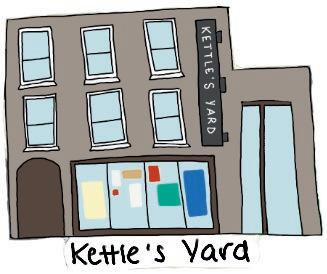
Grace Cobb and Leo Kang
After deciding the Museum of Cambridge was too pricey for our student budgets and instead dipping our toes in Kettle’s Yard’s Lucie Rie exhibition, we quickly discovered that Daniel (the History student among a horde of Englings) was surprisingly unimpressed by pots only several decades old, so spontaneously booked a tour inside the gallery’s elusive “House”. Causing a slight kerfu e (despite only being on drink No 1) as another member of the Arts armada escaped a supervision to join our endeavour, we eventually entered the house of Jim Ede: curator at the Tate Gallery in London and bestie of Joan Miró, Henry Moore and Barbara Hepworth, among other A-list artists whose works lines his toilet walls and window sills.
Ede’s house, which has been preserved since the 1950s, seemed cramped and confusing at rst. His tables were adorned with intricate spirals of seashells or polished stones. In one corner, a single lemon in a silver dish held the darker shades of the room at bay. We were told we could only touch the chairs, because
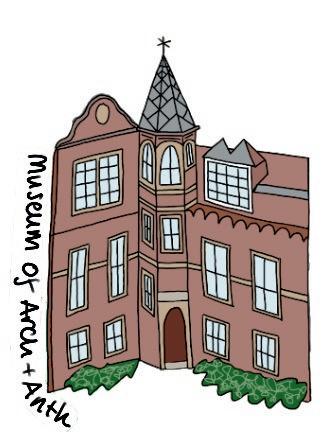
everything else was art – this left Ede’s Armitage Shanks toilet in an eerie grey area. Soon, however, we were ushered out of the toilet and up the stairs, where we discovered an antique paradise of huge, high-ceilinged rooms. Sunshine slanted through the windows, and we decided, for no real reason, to snap a group sel e in a battered silver mirror. ere were oil paintings and puppets, bookshelves and grand pianos. In the end, Kettle’s Yard felt more Architectural Digest than art gallery, but it was a fun little exercise in house envy. We trudged on down to the Baron of Beef and, over shots of tequila, brainstormed a way to steal the house for ourselves one day.
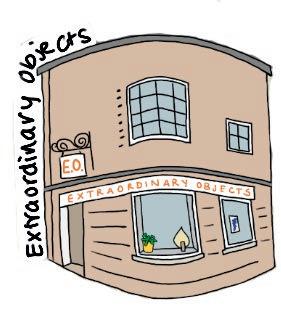
Anna Wythe

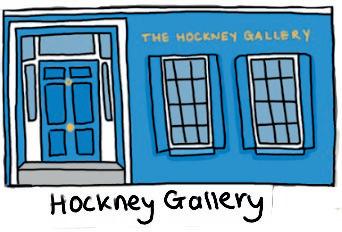
Loveday
Fresh out of Baron of Beef we found ourselves in the Hockey Gallery, an easily-missed treasure paradoxically hidden behind a bright blue exterior. is sets the tone for the art within: bright, bold and everything you’d expect from Hockney. Although small, the gallery more than makes up for its size in the density of art it contains, from smaller oral prints to larger pieces. e centrepiece, an enormous catalogue of Hockey’s most loved works (including the all too cute dachshunds), encompassed this jam-packed highlight-reel of art in small scale. While we didn’t spend long there, we have no reason not to revisit, considering its convenient proximity to Sainsbury’s.
Parched but intrepid, the team traipsed on from Hockney to Extraordinary Objects without even a shot of tequila to cleanse their artistic palates, only to discover what happens if you took the library of a big game hunter and made it pop art. Classic book covers spouted one-note witticisms, while the drawling of silver screen divas dripped down the walls. Don’t forget the fossilised triceratops skull – your vegan-friendly replacement for a taxidermy tiger. e “extraordinary objects” turned out to be a collection of expensive conversation-starters, but they provoked little more than a hollow chuckle. Even the beautiful fossils felt undermined by their forthcoming role in the interior design
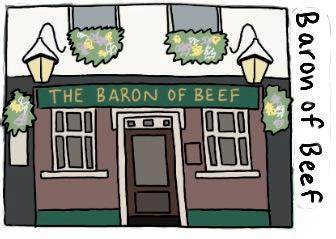
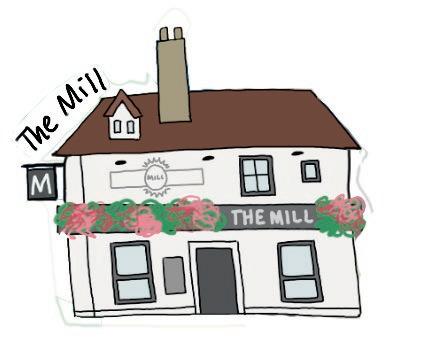
just dinosaurs. One corner houses an Ichthyosaurus purchased from unsung archaeologist Mary Anning, another a sizeable collection from Darwin’s Beagle voyages. For a science museum, it is not free of a modicum of literature, with Tennyson’s fossil nds featured alongside the poems they inspired; from small rocks, mighty poems grow.
Nevertheless, it was the small, plush mammoths gracing the gift shop that made the most lasting impression on the tequila-fuelled group and their bank accounts – but their cuteness assured us these ones would not go extinct.
Ahana Banerji
Upon arriving at the Museum of Archaeology and Anthropology, I was decidedly a little tipsy, but David led me with Christ-like con dence into the belly of the museum, straight to the piece he knew I would nd most poignant. An ajar stone co n from the fourth century AD, holding the skeletons of a woman, a mouse, and a shrew. e rodents gnawed the woman’s ankle-bone to the point of thinning snap; her ribcage looks darkened and distended with age. No wonder Sylvia Plath wrote one of her most grotesquely intense poems, titled “To All the Dead Dears”, after seeing this. is was a sobering experience, quite literally.
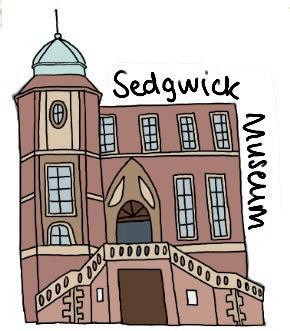
David Quinn






In contrast to its half-sibling Sidgwick, the Sedgwick site’s 19th century architecture lends it a sense of grandeur, tting for its purpose as a gloried display of rocks. All life on Earth is displayed in a neat chronology along one long corridor, where a looming Iguanodon skeleton and a T Rex skull primed to snatch shut ght over visitors’ attention – but there’s far more to see than
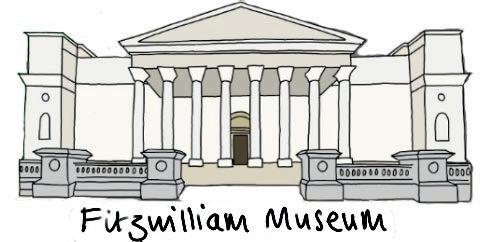
Eve Connor
Incapacitated by thunder and rain, our travellers gazed dismayed and (newly) sober through the locked gates of the Fitzwilliam. Had we arrived earlier, I imagine we would have revelled among the broadswords and ornate ivory daggers in the Armoury; a space where wits are at their… sharpest. Gallery eight (“Spanish & Flemish Art from the 16th-18th Century”) houses two strikingly modernlooking pieces. “Self-portrait, with the Colosseum, Rome” (1553), by Maerten van Heemskerck, predates
the digital sel e by centuries, yet the concentrated brow and skittish lip share all the characteristics of my pre-Formal Hall e orts. Crispin van den Broeck’s “Two Young Men” (n.d.) depicts the moment I force my friend into frame. A phenomenal museum, when you’re sober enough to be punctual.

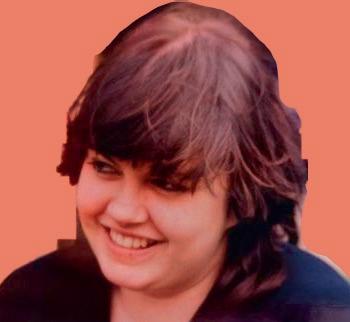

t is unsurprising that Cambridge is awash with hopeless romantics. On the Cambridge bucket list is naturally nding your ride or die (arguably a euphemism for cycling down King’s Parade on Saturday afternoon in the height of June). I admit to being a follower of the cult of Richard Curtis and thought it would renew my faith in nding the love of my life at this university if I spoke to those who had successfully managed to do so.
Naomi and Ally matriculated at Jesus in 1987 and happily found themselves sharing the same staircase. It was Ally’s elusive nature that rst intrigued Naomi, as he didn’t surface for the rst couple of weeks of term, perhaps a wise decision considering the chaos that can ensue in Freshers’ week. What then could be more tting than a game of intrigue to bond over? e couple were rst introduced over a game of Trivial Pursuit that was taking place in Naomi’s room. Naomi, naturally, did stress that Ally claimed to have answered a question correctly, when in reality – despite disputing everyone else in the room – he was in fact incorrect.
Opposites do indeed attract, with Naomi being a historian and Ally being a NatSci. However, the differing backgrounds of
the two cemented their bond further. Ally, after spending a couple of years out before coming up to Cambridge and having been almost frogmarched to apply to Jesus to study Natural Sciences, really didn’t know what to expect – and especially not to nd a partner for life. When asked whether she had thought that she may nd her husband at Cambridge, Naomi’s answer was an unequivocal yes. Naomi noted that one of the central reasons for applying to Jesus was the fact that there were four men to every one woman at the college. After all, Naomi’s parents had set a precedent by themselves meeting at Oxford. However, Naomi noted that she was looking for someone who “was no more intelligent, no less intelligent – a complete equal”. A lesson to all of us attempting to court someone.

In the rst couple of weeks of knowing each other, Ally would stick post-it notes on Naomi’s door attempting to help her tune her radio to nd Radio 4. Arguably this is far more romantic than anyone attempting to connect to Eduroam in 2023. After the coy post-it note based communications at the beginning of their first term of undergraduate life, Ally took the opportunity to quite literally spark reworks, by asking Naomi (and her friend Nicky) to the fireworks on Mid-
summer
and
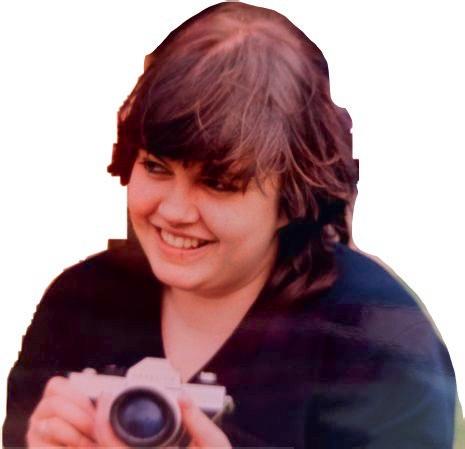
believed
to be asking Nicky on a date, but happily it was Naomi who Ally had asked out, and to this day they celebrate the fth of November as their anniversary.
Beyond his being able to tune a radio, Naomi was drawn to Ally by the fact that he had a car at university, signalling that he was far more mature and distinguished than perhaps your regular undergrad. But it was also the fact that the couple came from di erent backgrounds that drew the couple closer together. Ally, privately educated and having
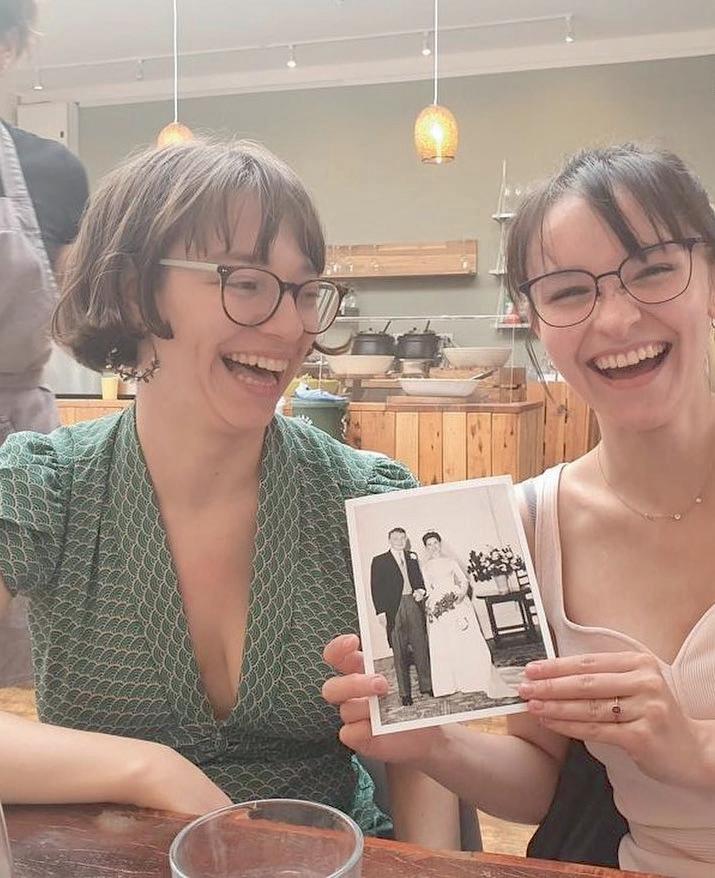 Common. Naomi
Nicky
Ally
▴ Naomi Davies
▴ Naomi Davies
Common. Naomi
Nicky
Ally
▴ Naomi Davies
▴ Naomi Davies
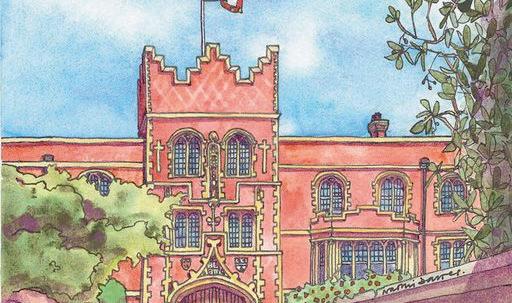
 ▼ Cecily Fasham
▼ Cecily Fasham
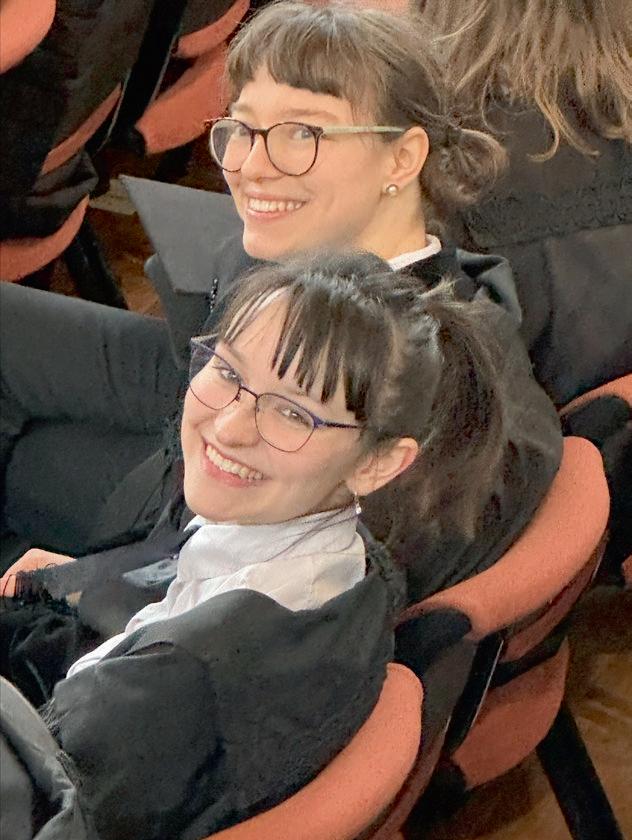
been in the Army, from a suburban background. In comparison to Naomi, whose parents were “communist wannabes” leading a sporadic existence, expecting her to marry someone from a less conventional background.
Romance can be a little turbulent within the Cambridge bubble, but luckily Naomi and Ally’s didn’t burst, despite noting that they may have been better meeting in their third year, rather than their first term. Despite this, engagement was on the cards for the couple within their third year and in 1991 the couple married, with their reception at the University Centre. A rather lowkey and relaxed affair with no plus-ones and, specifically, “no hats”.
Naomi and Ally, aside from having lived in Milan for a couple of years, are still happily in Cambridge. Naomi works as an artist painting rather delightful scenes of Cambridge and Ally has taught physics at different local schools over the past thirty or so years. If you were looking to write an archetypal romantic comedy set in Cambridge, this may just be the love story you were looking for.
Hopping into a time machine, we push forward the Corpus clock to 2018. Cecily and Nia, both English undergraduates in the same cohort, made what would be a rather fateful decision in the trajectory of their lives. The only two undergrads to have selected the Medieval English paper in their year, one would naturally bond with the only other person in your lecture. Clearly, to sceptics reading this, there is indeed value in being a medievalist. I sat down with the couple as they were on the hunt for a guillotine (happily to cut their wedding invitations into shape, rather than anything more sinister).
Perhaps rather akin to modernday star-crossed lovers, the pandemic heartbreakingly separated the two during their second year, and it wasn’t until the Lent of their third year that they finally started their relationship, at the first opportunity when they were both together again. Notably, the couple were part of a wider friendship group who wanted to evoke the sentiment of
Brideshead Revisited during their time here, so perhaps it is unsurprising that Waugh’s work catalysed romance.
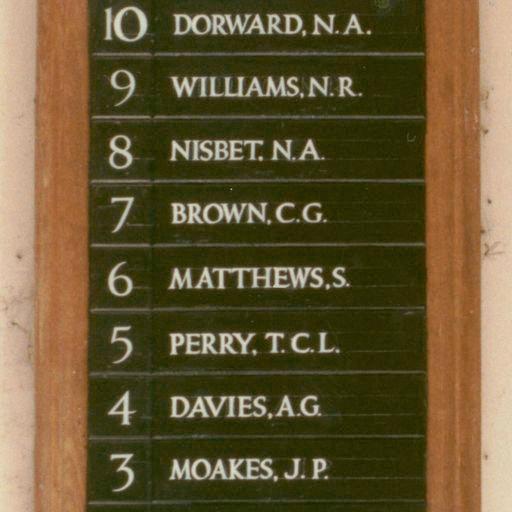
Cecily and Nia both eventually went on to study differing forms of English MAs at the other place, in addition to both being offered a place at Pembroke on the English programme – noting that they would have made up two thirds of the cohort at the College. A rather awkward third-wheel situation may have occurred for the other person if they had opted to stay. The abundance of crocuses and the ability to walk to Grantchester at dusk (as well as Cecily commencing a PhD here) have drawn the couple back to fulfil Nia’s mother's expectations of her finding her partner here. Similar to Naomi, Cecily is following in the well-trodden footsteps of both of her parents meeting at Oxford. One does start wondering whether the other place is equal in providing the atmosphere and setting for lasting romance in a Varsity match of the heart.
The next time you are perhaps walking back from Revs or Mash, sobbing over someone you were dating, let this be a small reminder: love really is all around us – or even just on your staircase.
Looking for someone who was no more intelligent, no less intelligent – a complete equal.Naomi Davies▼

y exams are nished but I’m still waking up at 7am and walking in to the library. How do I x this?
Step one, nd some grass. It can be any grass, from a park, to a college lawn, though I strongly recommend real grass as opposed to astroturf. Step two, touch it. is is the most important step.
e library is too cold and I want to be fashionable – how do I do it?
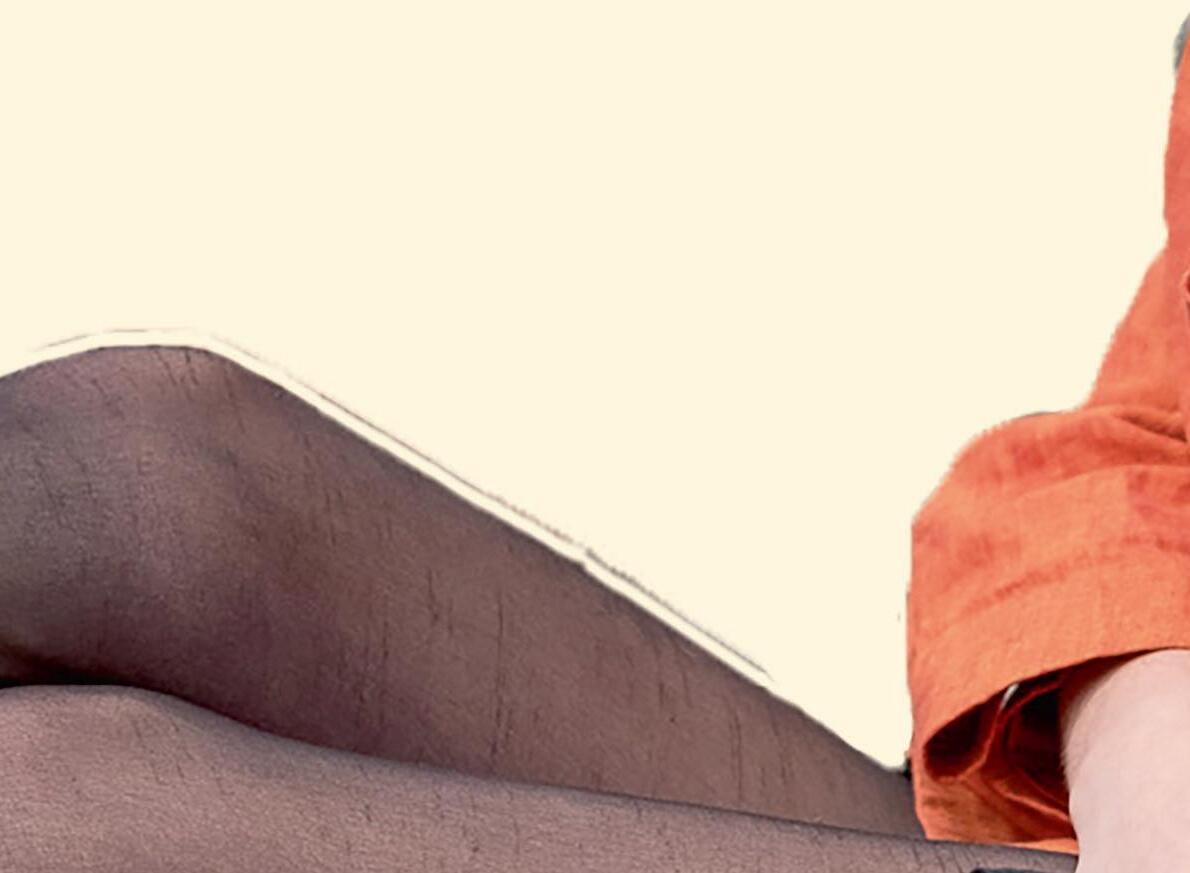
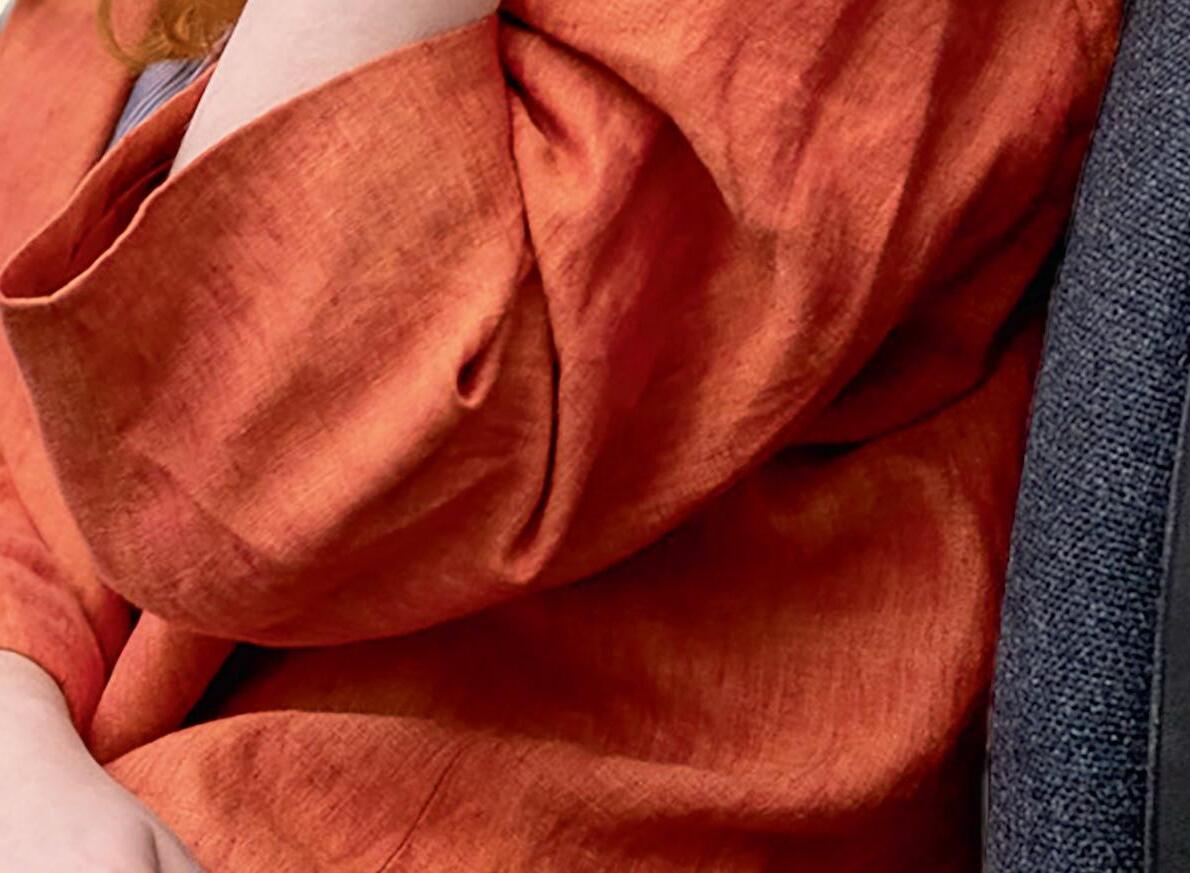
As a great philosopher once said: "a hoe never gets cold", which is exactly why so many of us loser Cantab virgins are so chilly whilst tapping away in the Seeley at our latest essay on niche philosopher/niche text/something else niche. I’m assuming here that you want to stay warm and functional while also maintaining the perfect amount of Sidge Girlie quirkiness; so may I suggest a suit of armour? It’s esoteric, warm, and gives o the right amount of thrEatening energy that is sure to garner you some Crushbridges. I’ve heard crusader chic is all the rage…
My boyfriend has just broken up with me and we were planning on going to Magdalene May Ball together, so I’ve bought all the white tie! What do I do?


While this is very sad, as all Studytubers who don’t get into Oxbridge say: "rejection is redirection". You have to start planning the long game here. Fake your death dramatically. en, turn up to the ball with our on your face and hide behind bushes in your white tie regalia. row in some withering glares and make some groaning noises. Truly and utterly haunt this man so hard that he’s unable to enjoy whichever D-list singer is onstage that evening. Taylor Swift('s tribute act) would be proud
One of my friends matched with another friend’s library crush on hinge. How do I solve this?
To be fair, your friends are probably crushing on a guy called Hugo who looks like a consumptive Victorian orphan and has a crippling nic addiction, so it’s not really worth ghting over. However, we all live for drama, so I’d suggest spreading some nefarious lies to the both of them in order to arrange a sundown dual à la e Good, the Bad, and the Ugly. e winner gets the prize of a sickly man with curtains, which, when you put it down in words, is a bit of a shit prize, really. But hey, at least you’ll be entertained!
I have a crush on my supervisor –should I ask them out?

Please stop watching “Pretty Little Liars”, I’m begging.
Help! I secretly applied for the same grad job as my Linkedin warrior boyfriend, but I got it and he didn’t. How do I break the news to him?
Nothing – and I mean nothing – says tactful and sympathetic like a surprise celebration party made for yourself. I’m talking balloons, confetti, clowns. He’ll stop being sad and start celebrating your wonderful girlbossery in no time! [note: Varsity takes no responsibility for the breakdown of your relationship]
I’m a rower and I’m scared of ducks and other rowers – what do I do?
Your rst grave mistake is being a rower. No wonder you’re surrounded by river-hogging, soulless animals – and that’s just the rowers. ere are two clear solutions here: either you engage in some good old-fashioned exposure therapy by tting yourself into some foot-smelling lycra and throwing yourself into the Cam at 6am, or you do a new, less diabolical sport, like tiddlywinks or ultimate frisbee. That is,
if you can deal with the fact that you might have to nd an actual pErsonaLiTy outside of Bumps talk.
I lost my signet ring at CUCA and want it back before some scallywag nicks it and ogs it on Ticketbridge for an upmarket price. What should I do?
Cope. Or, in your case, coke.
Dual-campus structure - Europe and Asia
Strategic alliances with Wharton and Sorbonne Université
Close and collaborative relationships with renowned academic experts
A supportive and highly diverse academic community
Top academic placements worldwide
With five-year funding
Take the first step towards a prestigious academic career
inse.ad/why-insead-phd inse.ad/phd

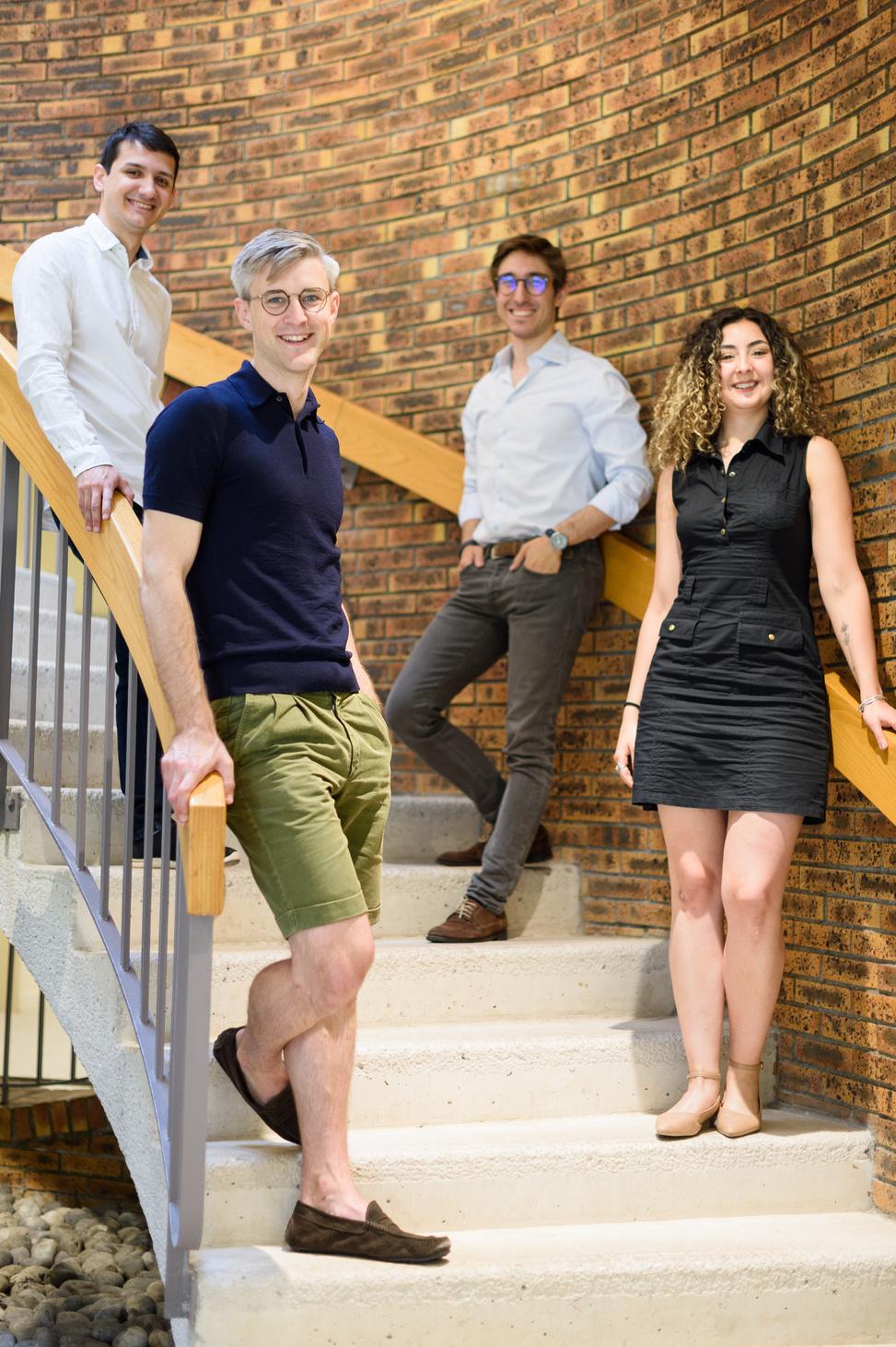
ettling myself into a particularly soft cushioned couch, I look across the co ee table to a master whose career is quite di erent from every other head of college at Cambridge; Doug Chalmers spent almost 40 years in Army service.
“I did very well in my O-Levels, and then I got distracted”, he begins. “My A-levels did not go the way I expected them to, so I started to do night school to retake them – mainly because my father was not impressed at all”, he admits with a wry smile.
It was at this stage his career began to line up, with schooling at night and tarmacking roads through the day: “I enjoyed the tarmac, it was quite good”, he reminisces, “but then someone else from my family said: ‘have you ever thought about joining the family regiment?’ Well, I didn’t know we had a family regiment! So I looked it up, I was still only 18 at this point, and I enlisted as a private soldier”, and thus his military career began.
Although he grew up in England, Doug was actually born in Belfast – did this give him a di erent perspective of the 80s? “I didn’t go to school there, but my family has deep connections”, he begins carefully. “I come from a family of judges, and my grandfather was the Chief Justice at the time. ey were all absolutely passionate about the rule of law”. Contrasting his experience then with where we’ve got to now, Doug tells me “Belfast is a pretty, vibrant, bustling city, and its connection with Dublin is strong. But as a child, my memories of it were quite dark, and grey. It sounds philosophical but that’s just what I remember.”

Coming to the con ict itself, the conversation becomes di cult for him, particularly in the way violence was used in the Troubles and how that a ected him personally: “ ere was always ‘We’re gonna win through the ballot and the gun’ – I mean, that’s no way of doing it. I don’t like being told what to do by someone with a gun and a mask, and that happened to me and my family –my grandpa was blown up in Ireland, for example”. Doug returns to this idea of the rule of law he spoke so passionately about earlier: “ e Good Friday agreement put everything back into negotiating territory.”
We then move on to a terrorist organisation who, despite everyone knowing the name, Doug is adamant: “people in the UK don’t know enough about, but they really should.”
“ISIS came out of the blue, at least at that scale – the issue we knew was
there, but the scale with which it caught re was unbelievable.” A major problem they had ghting ISIS, Doug explains, is that “it’s the rst time we never had a backchannel or way of talking. ey were extreme, obviously. I mean, they welcomed the apocalypse and wanted the world to burn, so it’s quite di cult to have a conversation with someone like that.”
When we talk about his time spent training Iraqi forces to ght ISIS, it is clear to me that there is some sense of contradiction in the UK’s relations with a country it had invaded just a decade before, and this was by no means at all lost on Doug either. “I was deeply troubled by the invasion of Iraq in 2003”, Doug says gravely. “ ere were a series of, I think, catastrophic errors which eventually led me to apply to my MPhil at Cambridge to write my thesis on the problems of coordinating government departments”. Doug makes clear that there was a personal factor in training Iraq’s forces to ght ISIS: “For me, it was really helpful to come full circle, because I felt I hadn’t done the right thing. Going back, having read a lot more about Iraq in the intervening period, to go back and help them deal with this was… yeah.” is leads to us discussing his four tours in Afghanistan. Doug feels the decision to go into Afghanistan was “the right thing to do, but the way it unfurled I don’t think went well”, with his frustration evident in the non-inclusion of the Taliban in peace talks: “I don’t know any war that’s ever ended without all parties round the table. It was always going to create a problem.”
Doug feels there’s an important thing people have to realise here: “I’m happy to sort of chat some of those paths through because it’s important, but it’s uncomfortable – and hindsight really is 20/20”. Emma students can attest to this fact. Following the invasion of Ukraine by Russia last year, Doug held an emergency lecture with students, fellows, and sta all in attendance to explain what was going on.
“I did it because people asked me to”, he tells me, “and it is one of the few areas I do know, especially because I spent a lot of time in and out of Ukraine during the 2014 invasion of Crimea and the Donbas – so I had some sort of insight”. He adds: “for many people, this was the rst time there had
been a war and a full-scale invasion in Europe in their lifetimes, which is quite big, and it is dramatic – brutally so.”
Before we nish, I’m curious to hear whether he was concerned about his career coming into this role. “I was very worried, because perceptions matter and what people think of you matters. I was very aware of it”, Doug confesses.
“I was voted in by the fellowship, so that was okay, and I spent a lot of time meeting sta before I took over.
e students, though, I didn’t really get to know until I arrived – and I was very conscious that I needed to spend time to build trust and nd vehicles to connect with students; to try and support every match or every activity or achievement. More than all the other bits of the job, I was particularly worried about that.”
“ ere were some very big transferable skills, though”, Doug says proudly. “All my life I’ve spent a lot of time helping, worrying about, and mentoring young adults, and developing talent. And when we get stu wrong, I’m very good at reviewing that and working out why”. I suppose leading Emmanuel College isn’t a million miles away from Doug’s previous career.
“

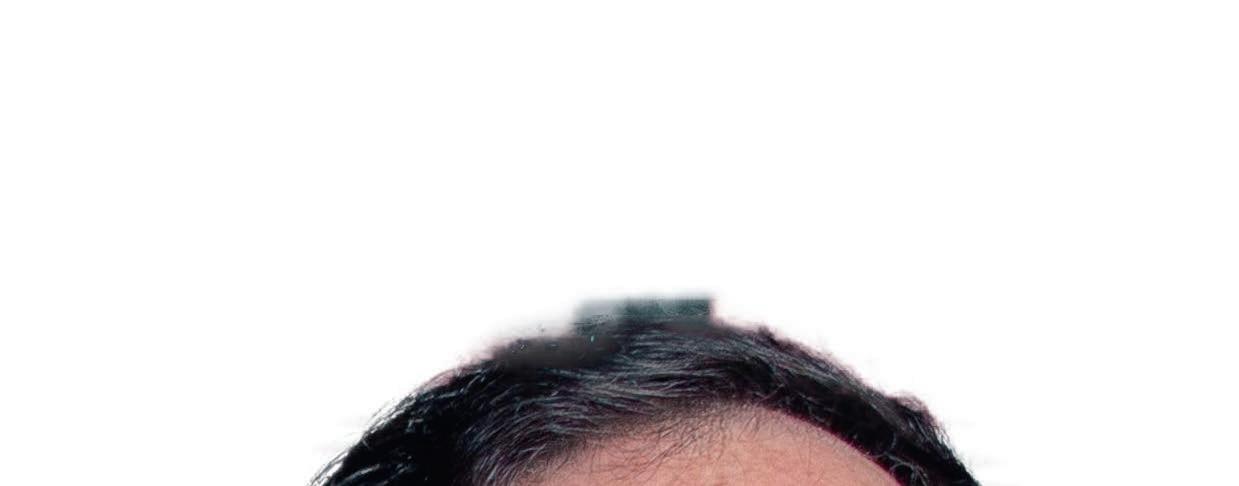
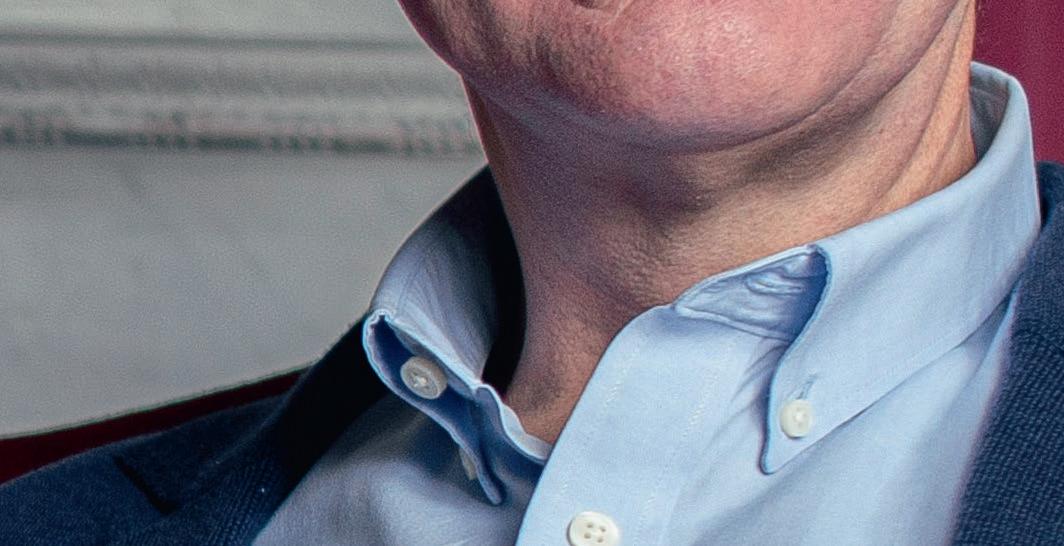
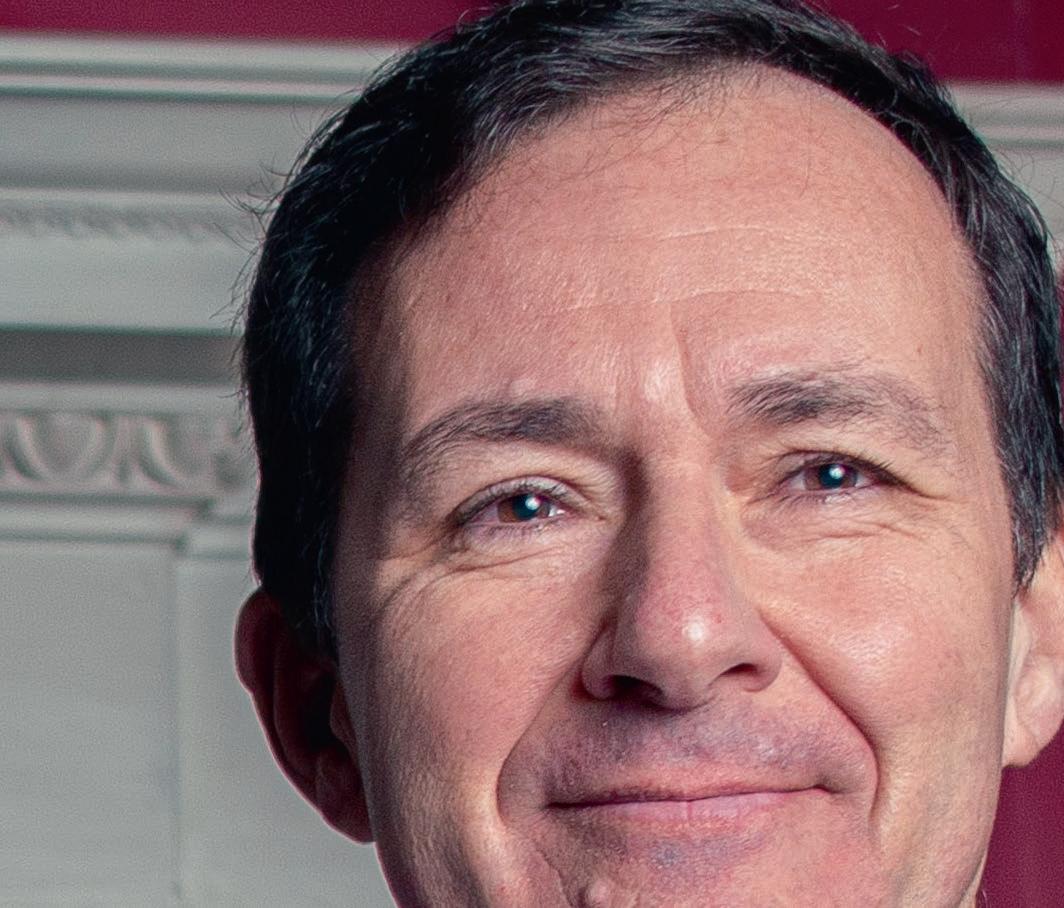

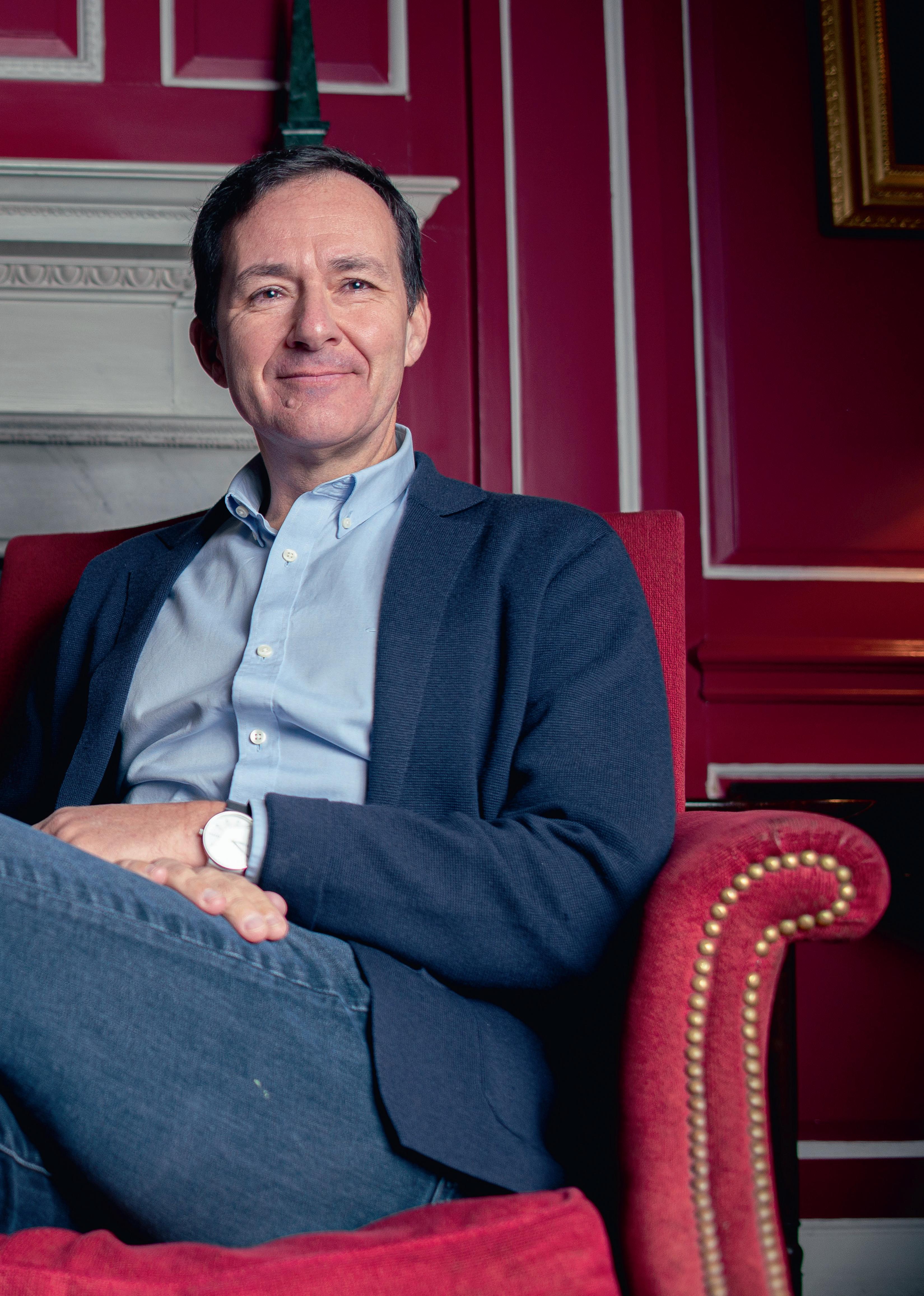
With the end of Easter Term comes every Daily Mail photographer’s wet dream – May Balls. After a term of slaving away over essays, example sheets, and existential crises, Cambridge students are treated to a night of pure hedonism. Or, at least, this is how the Balls are advertised. In reality, instead of the promised reverie, disorderly conduct, and masquerades, May Balls tend to disappoint and leave you depressed, destitute, and direly hungover as you slowly realise you spent £200 to surround yourself with drinking soc boys while listening to the “dulcet” tones of the Ceilidh band. To help you cut through the crap, Hilton & Hennessey have taken a well-earned
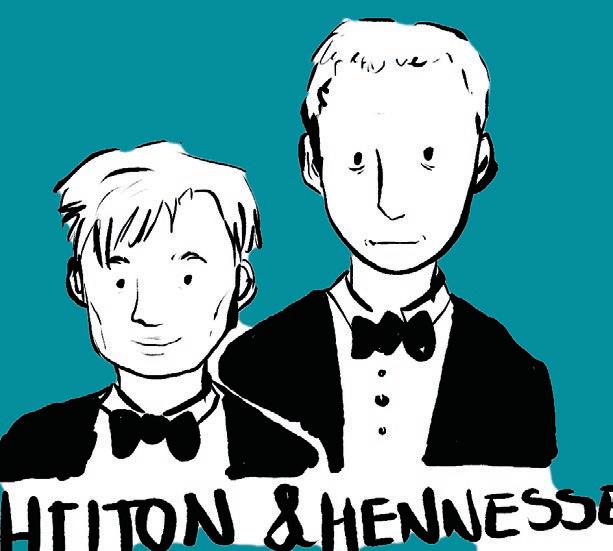


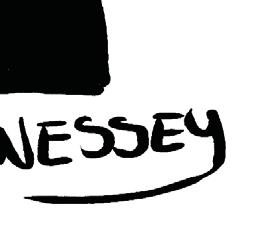

break from the seedy company of future pub quiz tie-breakers to give you a rundown of this year’s most hyped Balls.



Johnians have historically been the butt of many jokes. People say they’re all from posh schools, they have stupid hair, they’re all in drinking socs, and most of all that they’re all Tories. ese disgustingly absurd assertions go against everything that John’s stands for. So, to show their solidarity with the People’s Soviet of May Ball Presidents, they clamped down on greedy musicians boycotting the ball to line their already considerable pockets and took a stand against the morally

abominable capitalist artists. Whatever happened to the starving artist?
Verdict: Any comrade worth their socialist salt should show their proletarian solidarity with John’s May Ball, and meet with their local Commissar to arrange a ticket delivery.
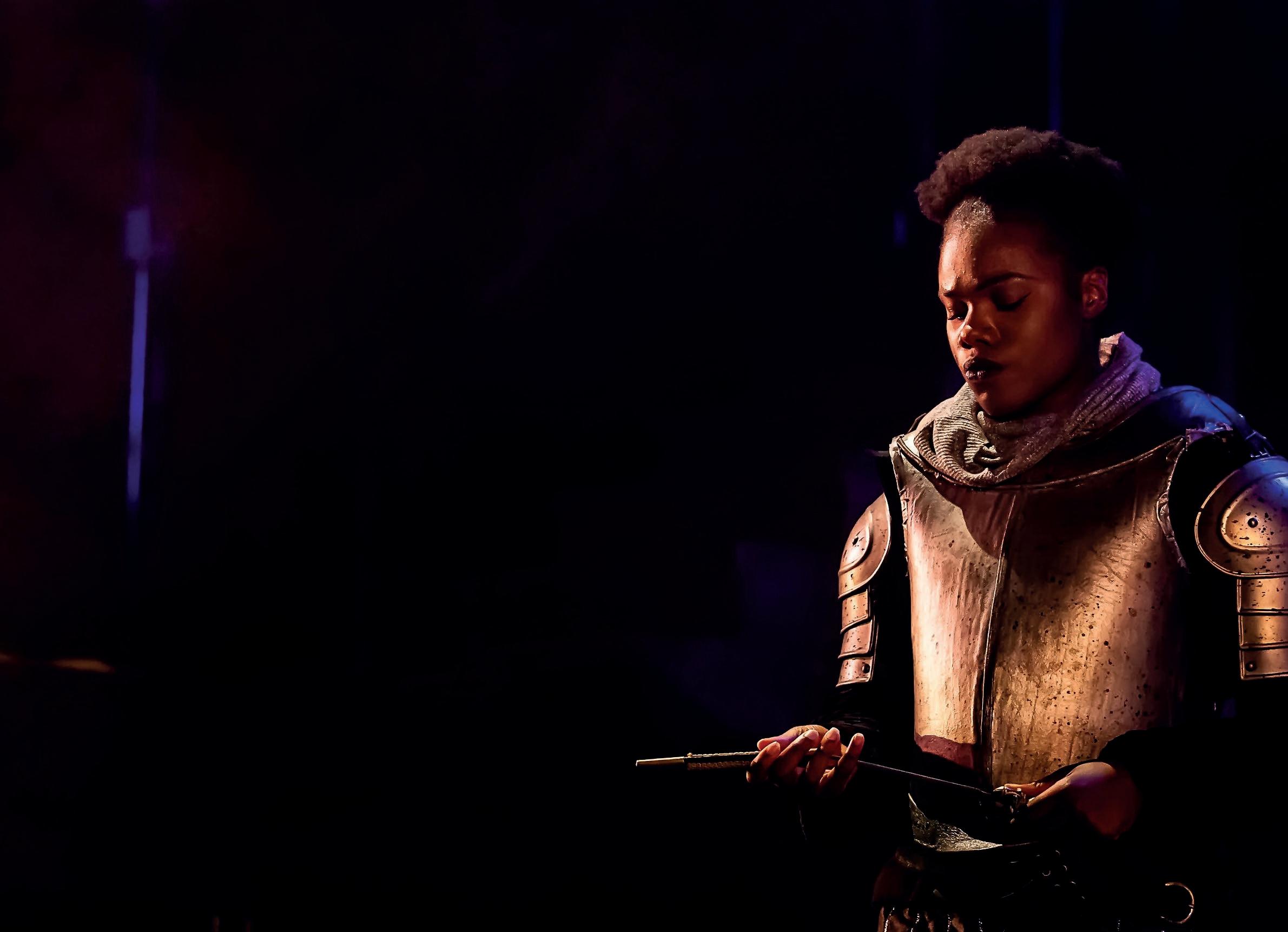


Robinson May Ball:

Despite the god-awful title of “Indulge in Disorderly Conduct”, and wholly unoriginal roaring 20s theme, Robinson promises a night of good music (apart from the Queen tribute band), enough alcohol to make you forget you chose to go to Robinson – and their poor ticket sales mean the food queues will likely be short. Promising
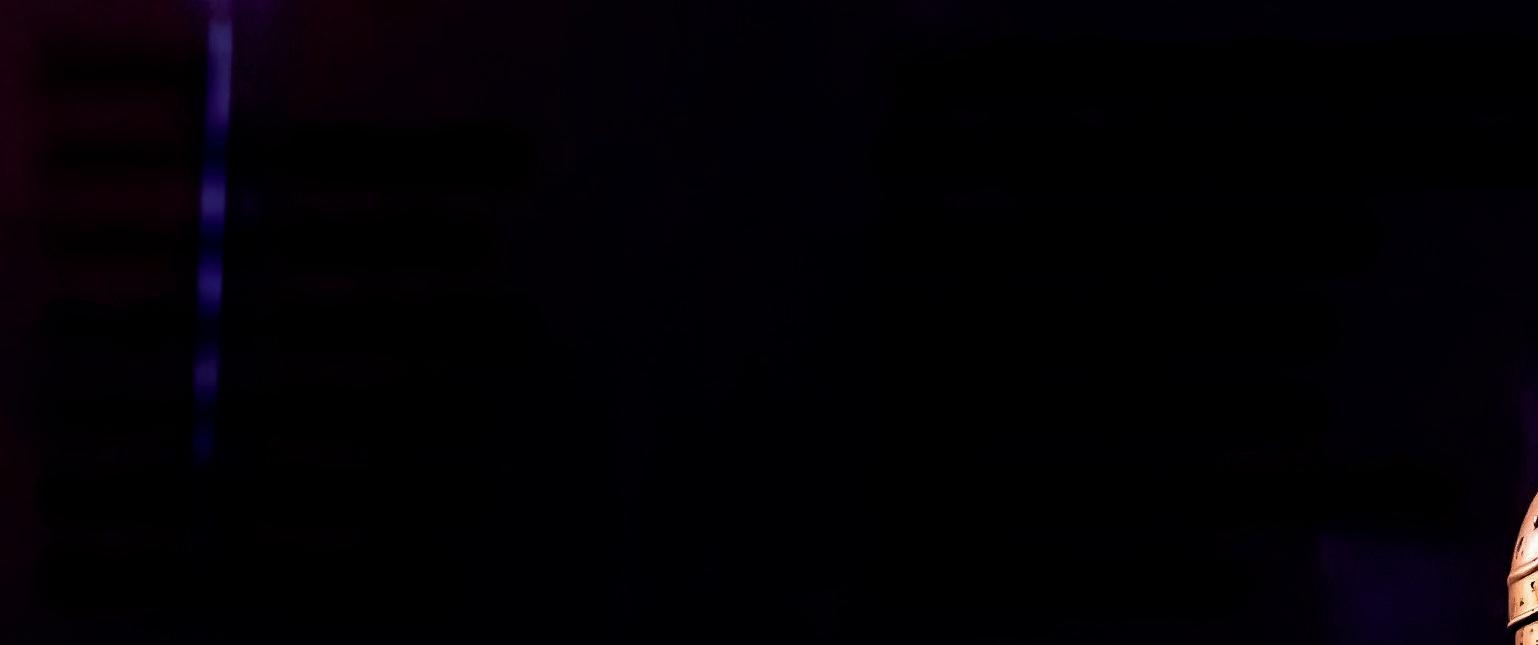
all this at an attractive price point of £140 (a mere drop in the ocean for our friends at CUCA) means the only Great Depression we’ll have after the ball will be the Tab publishing a video of Daniel screaming his lungs out to Toploader’s ‘Dancing in the Moonlight’.



Our verdict: e darkness of the night will probably mask the college’s Grade II* listed splendour, so it’s probably the only opportunity you’ll have to go to Robinson without actually having to look at it.
e height of luxury. Second to none. is event is so special they can’t even bring themselves to call it Trinity May Ball – those lucky enough to secure a ticket will in fact be attending the “First and ird Trinity Boat Club May Ball”. e preposterous title is a good illustration of the pretentiousness of the event that awaits you. Few events distil the Cambridge experience as purely as Trinity May Ball – it truly is what you and your mum imagined Cambridge to be when you secured a place on a drizzly January afternoon. at’s the image they like to present, anyway. However, arguably, when you reach your fth time seeing an Eton-educated, McKinsey-bound Union hack throwing up on his mate’s brogues after one too many Bollys, you’ll have had enough and wish you just went to the pub instead.
Our verdict: At £485 for a pair of tickets, who can really a ord to go anyway in this day and age? You could save up to attend in future years by working the event – but we would argue cold pasta and elitism is too high a price for the privilege of eating a single bao bun at 3am.

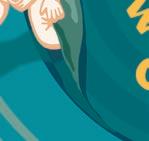


When I heard King’s A air marketed itself as the “antidote to May Balls”, I confess my ears pricked up. As a lifelong (since this time last year) May Ball sceptic, perhaps this would be the event for me. Relaxed. Cheap. Unpretentious. en I went on Fixr and saw tickets are
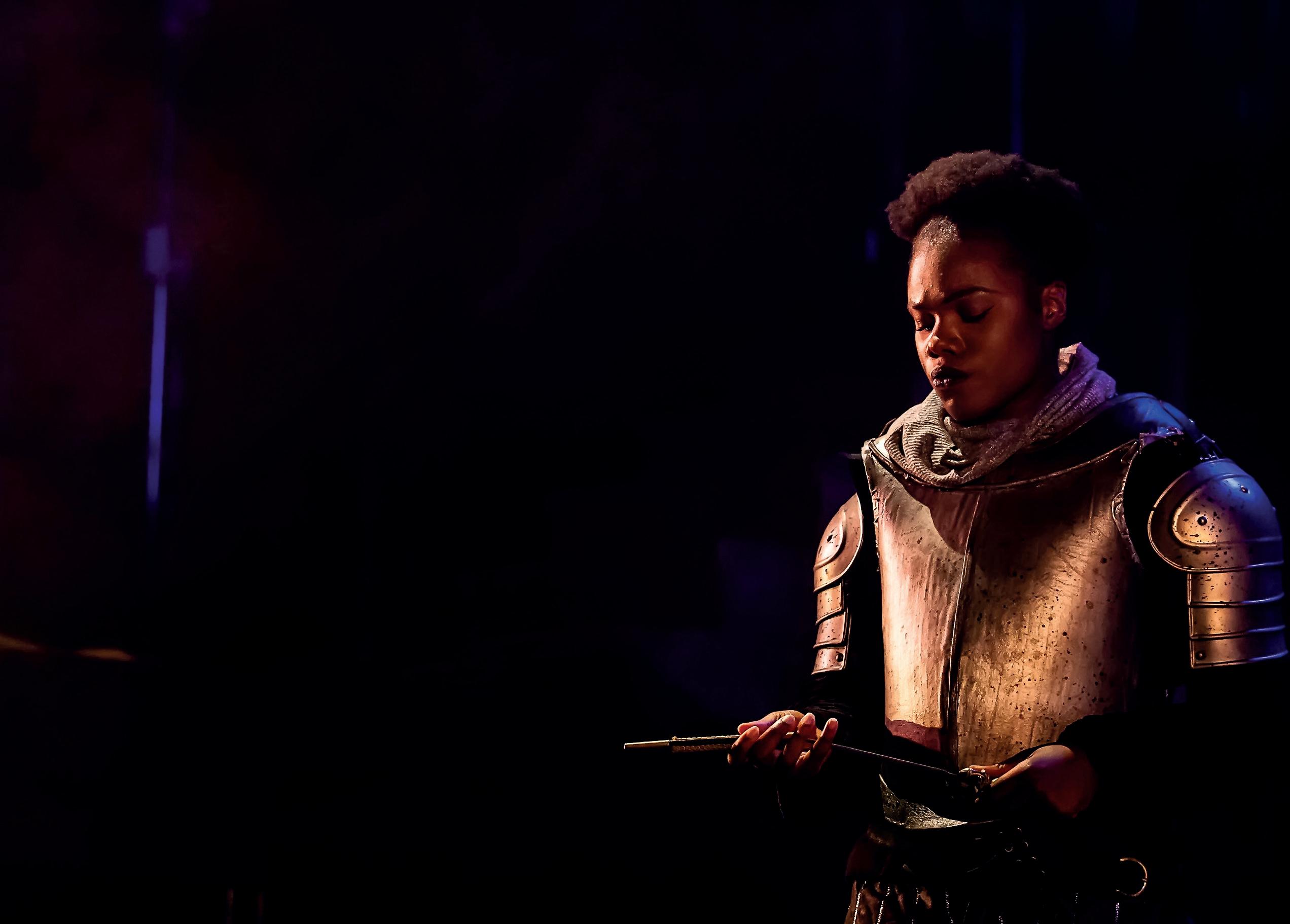








still £135. Not exactly the antidote me or my bank account are looking for.
In fact, it turns out the promise of an “antidote” only stretches so far as the event being tuxedo-free, with dressing up encouraged. Dressing up extravagantly would be great fun – that is, until you realise it inevitably means the following morning your hangover will be joined by the overwhelming discomfort of being leered at by a weird old man in the Daily Mail comment section.
Our verdict: is year’s theme, “Carnivalesque”, promises to “turn upside down the social hierarchy” – with the event promoting the familiar tagline of “beats not Bollinger”. e resident champagne so-


ists at King’s are sure to be disappointed by both of these prospects.















Unlike their attention-hogging younger brother, Trinity (with the tagline of “First and ird, Second to none”), Tit Hall’s June Event is the perennial second choice. And, hey, being considerably cheaper than most other May Balls is something we can’t fault them on. It’s the perfect place to go for people who want to pad out their Instagrams with ball pictures without looking like a twat for going to three glori ed school discos that cost £200+.
Verdict: With Tiktok’s celebrity railway enthusiast, Francis Bourgeois, being rumoured to grace guests’ ears with his DJ set, we can wholeheartedly recommend the June Event – if you’re lucky, you might be able to persuade him to rail you.


is is my own college’s ball so I’m going to keep schtum. But while I have you we can question the concept of “Emma Presents”. Literally what does that mean?

Verdict: e Ceilidh Band are playing here so avoid like the plague. [If you are o ended by our Ceilidh Band slander, please send complaints to editor@varsity.co.uk. Also get a life.]
 Illustrations with permission from
Trinity Hall June Event & Emma Presents... ▼
Illustrations with permission from
Trinity Hall June Event & Emma Presents... ▼
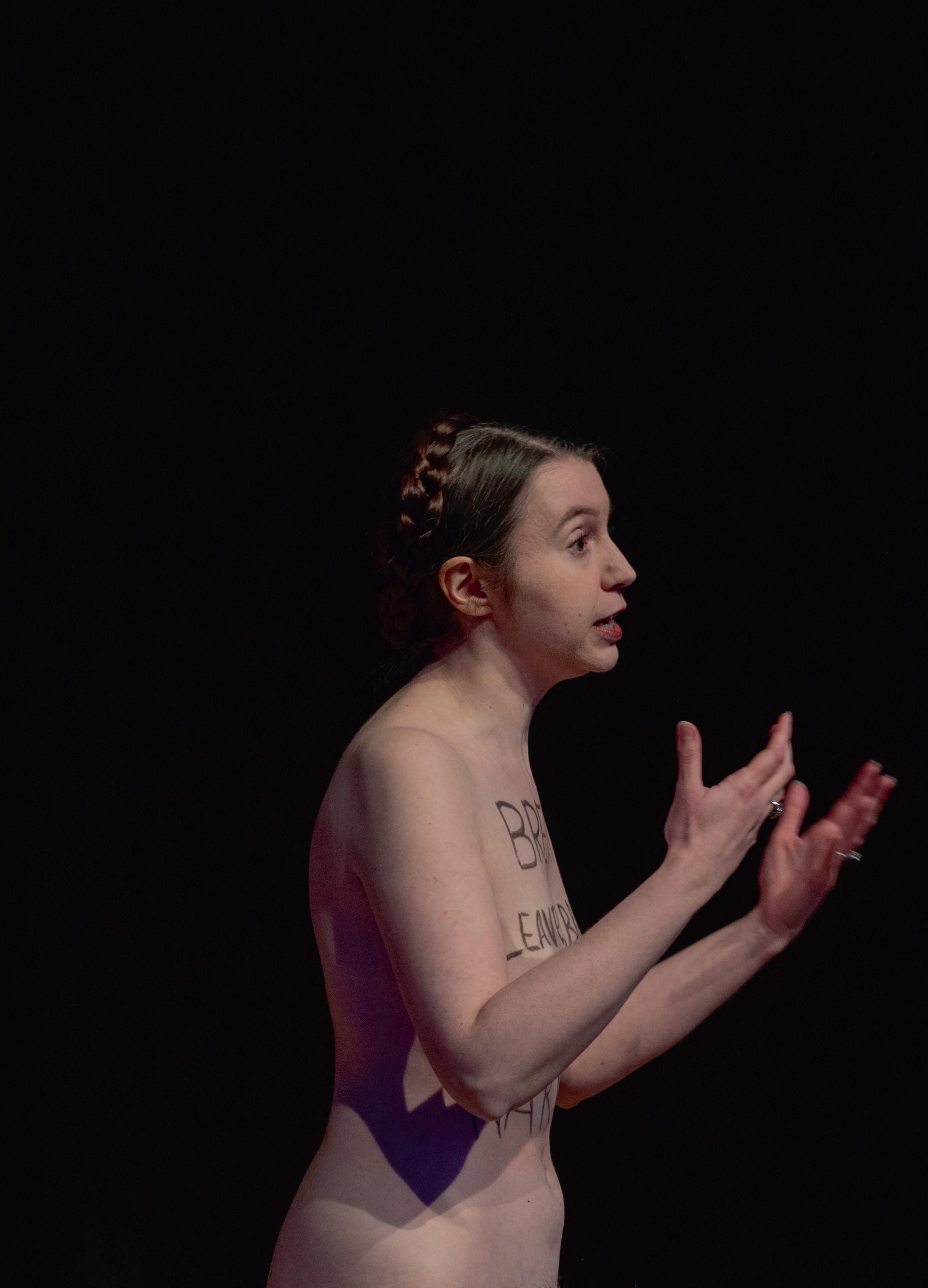 Interview by Erik Olsson
Interview by Erik Olsson
“
Some within Cambridge have ostracised me for what I’ve done

’ve always been told that English people don’t know how to dress for the weather. Victoria Bateman certainly doesn’t. The Cambridge fellow and economics professor has been baring it all the past seven years, stripping off to protest Brexit and, most recently, female modesty.
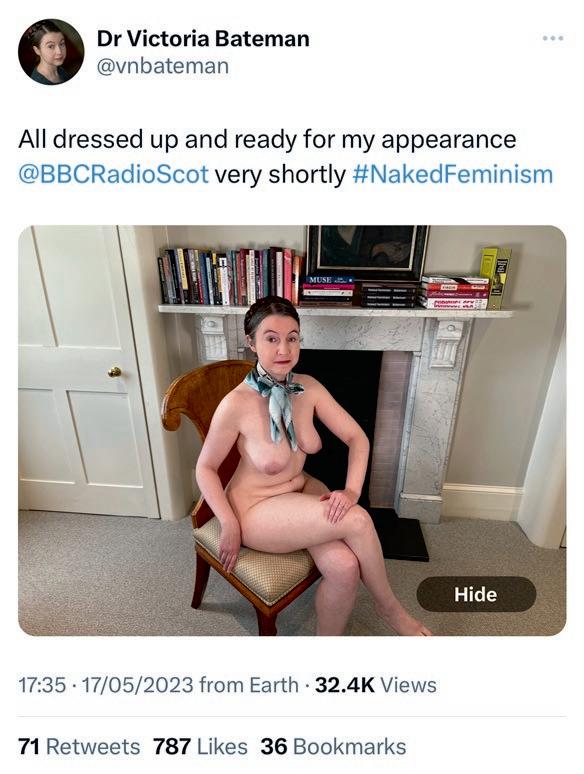
“I could talk for Britain,” says Bateman once we reconvene over Zoom for the second time. Our previous call had reached its 40-minute time limit and, in that time, I had only managed to ask three questions. “Do you know, when I went on Times Radio a couple weeks ago, the host said to me: ‘If there’s one thing you’re better at than naked protesting, it’s talking’.”
We meet a fortnight after Bateman became surely the first Cambridge don to have their book banned by Amazon. Partially depicting the Caius fellow’s stomach and breasts, the online retail giant told Bateman that the cover of her latest book, Naked Feminism, was too “sexually suggestive” to be advertised on its website.
“Amazon were adamant, no, my book cover was too sexually suggestive to be to be advertised on Amazon,” she says. “And no matter how much my publishers defended it, and how much we made the case, they were not backing down until the media got on the case”.
A fellow and director of studies at Gonville & Caius, Bateman rose to prominence following the 2016 referendum. With the words “Brexit leaves Britain naked” blazoned across her chest in black felt-tip, she made naked appearances across TV and radio.
“In some ways, I feel sorry for the interviewer,” she admits. “Because, of course, even though they have typically agreed to it and are expecting it, and so on, it’s probably not their standard interview”.
In the intervening years, she has written two books: The Sex Factor: How Women Made the West Rich and, more recently, Naked Feminism: Breaking the Cult of Female Modesty.
The descendant of cotton mill workers, Bateman grew up in Oldham in
the 80s and 90s. It was a rough time; Bateman describes widespread poverty and unemployment. “It was in serious decline,” she remembers. “There was increasing poverty, and joblessness, and a lot of social problems with that”. While ambitious and smart, Bateman felt she had been written off at school.
“At the time I was growing up in the 1990s, when I was a teenage girl, you were basically written off as a little hole,” she says. “I felt I had to guard my body and … bodily reputation in order to be heard in order to be taken seriously”.
Bateman would later matriculate at Cambridge and while it was quite the culture shock, she felt that by the end of her first term she finally belonged. “I felt like I had found somewhere that I could fit in, where I was surrounded by people who looked beyond the superficiality”. A master’s and PhD at Oxford would follow. But even as she collected these degrees, she felt that others still questioned her credentials. “[they would] throw accusations like: ‘Oh, you must have slept your way to all of your degrees, because someone like you couldn’t possibly passed all those exams’.”
In many ways the naked protests of this Caius fellow did not begin with Brexit. Female modesty, the subject of her latest book, was what first inspired her to strip off. “So I would say the very first time that I used my body in the
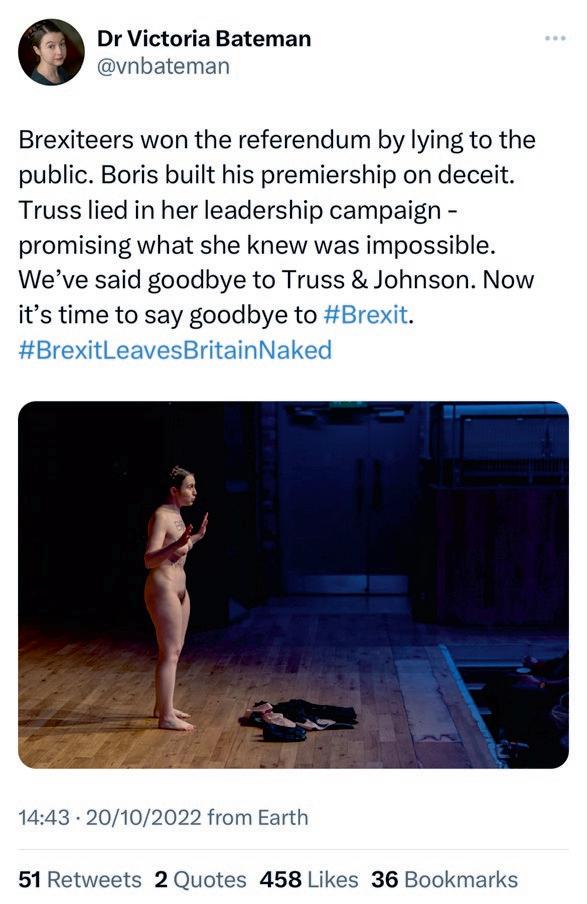
Brexit would only happen in 2016, in a faculty meeting following the end of the academic year. “So I stripped off first thing, walked into my first meeting of the day naked. And, naturally, as I walked in the room, I’m not sure people were expecting me to walk in naked”. The reception among colleagues was largely positive. “There was a lot of understanding, I would say that immediately after that meeting, actually, a couple of colleagues stayed behind to talk to me in the corridor afterwards”.
public sphere was actually in an artistic sense. So in 2014, a nude portrait of me went on display at the mall galleries in London”. Bateman was particularly surprised by how the visitors would react to the portrait. “I could see when I was there at the exhibition myself, I could physically see the way that people would jump back from the painting, when they read the little label, and saw that this was an academic woman”.
Bateman’s first naked protest against
One thing Bateman has learned, however, is that appearances can be deceptive. Following protests, she made the unfortunate discovery that it was often the fellowship’s most ‘progressive’ dons who took issue with how she decided to use her body. “And then others who you might expect to be more open-minded and tolerant, I realised that wasn’t always the case. And, actually, I would say some of the people that have been most opposed to me using my body have been other women. And, interestingly, other women that would call themselves feminists.”
I had noticed that, too. A quick Google search or a cursory glance at Bateman’s Twitter reveals a vitriolic
The people that have been most opposed to me using my body have been other women
underbelly of hate. Abuse in the name of “feminism”. Had she foreseen such a backlash? “I would say some of the responses [I have] received were entirely predictable. I mean, any woman who puts her body out there … you’re going to get lots of judgments and comments … But I think what I had been much less able to predict was this negative reaction from other women who were themselves intellectual women, who start to see you as being their enemy”.
Since her decision to protest naked, Bateman tells me that two female colleagues at the University no longer speak to her. While they used to partake in perfectly pleasant small talk, they now avoid her completely. Bateman claims: “some within Cambridge … have, in a sense, ostracised me for what I’ve done”. Why had they been so hostile? “Women in the economics profession [have] fought their whole lives to get women’s bodies off the table,” she explains. “And I was putting them on the table. And that was an embarrassment; it was a backward move”.
Perhaps the most egregious incident took place at the World Economic Society in 2018. “I did hold a naked protest at the World Economic Society annual conference in 2018. And my naked protests are always as respectful as they possibly can be … But a senior woman, a particular senior woman objected, and I was removed from the room. I was put into a room on my own, until she could come and talk to me. She lectured me for quite some time on how I was an embarrassment to women in the economics profession”.

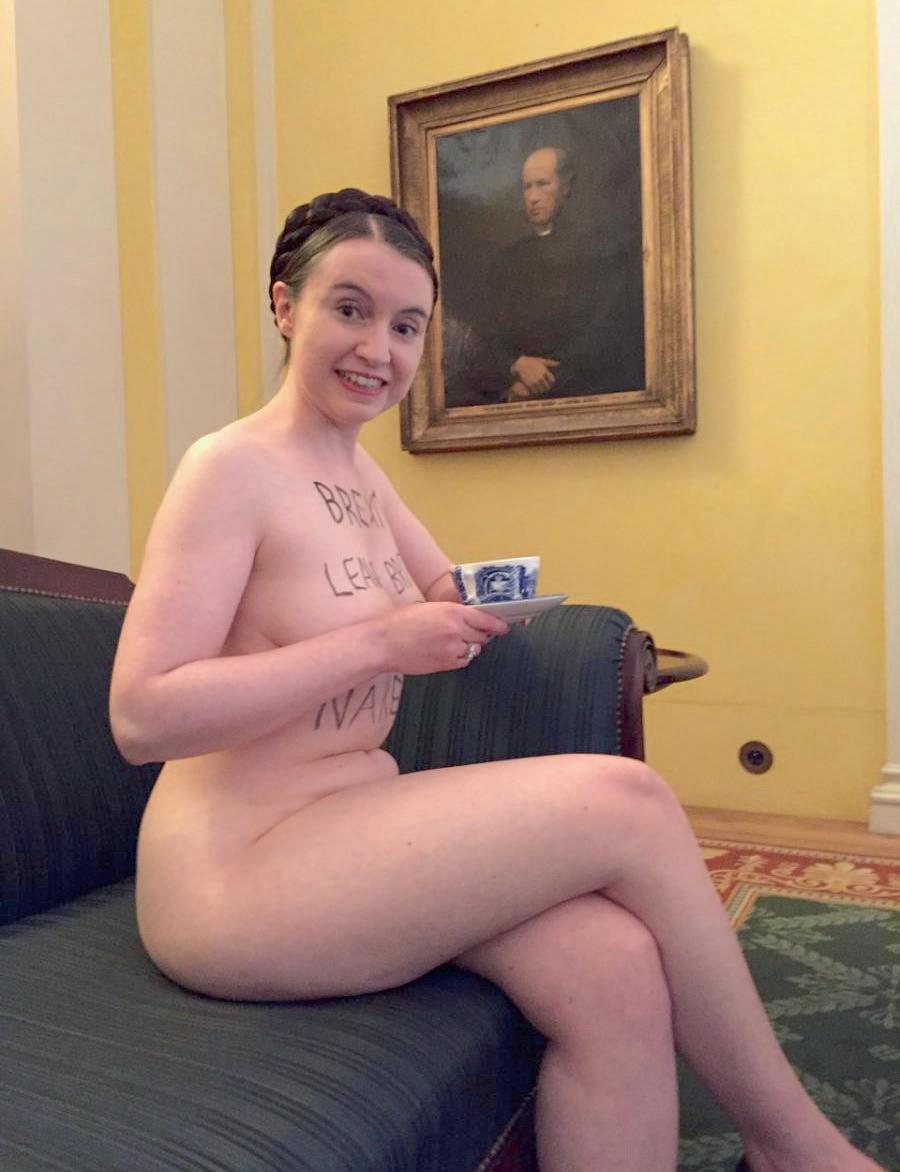
Bateman argues that this puritanical undercurrent has always existed within feminist movements. Feminists since the suffragettes, according to Bateman, have long built their respectability on bodily reputation. “I found quite quickly that there has long been a thorough tyrannical strain within feminism. And when you look back at, say, the suffragettes … [they] built their respectability on the idea of bodily purity, on being very modest, on being very chaste … Elizabeth Wolstenholme, who was a suffragette from Manchester, so not far from where I grew up, she was pushed out and sidelined by the movement because she got pregnant outside marriage.”
But Gonville & Caius has stood by Bateman throughout this media storm, defending her against demands that she resign from members of the public. “The master at that time, Prof Fersht, who I’ve always got on with extremely well was amazingly supportive,” she says. “He stood up for me on the basis of free speech and free expression … and said: ‘she’s not doing anything illegal … she is
doing it in a very controlled way’.” Certainly, Bateman has come under criticism by some for flashing. “So if you read the media, they, of course, some-
times like to give the impression that every lecture you’re giving, and every supervision you’re giving is naked, when the vast majority of my time I’m wearing a suit,” she tells me. “I use naked protest in a very carefully chosen and very controlled way to get my message out there. And, more days than not, I’m wearing clothes. So, no, I do use it in a very strategic way”.
Bateman is about to start a media tour in the US. How does she think they’ll react to her antics across the pond? “I’m not sure how it will go in the US, because I think the US tends to be a little bit more puritanical than we are here in the UK”.




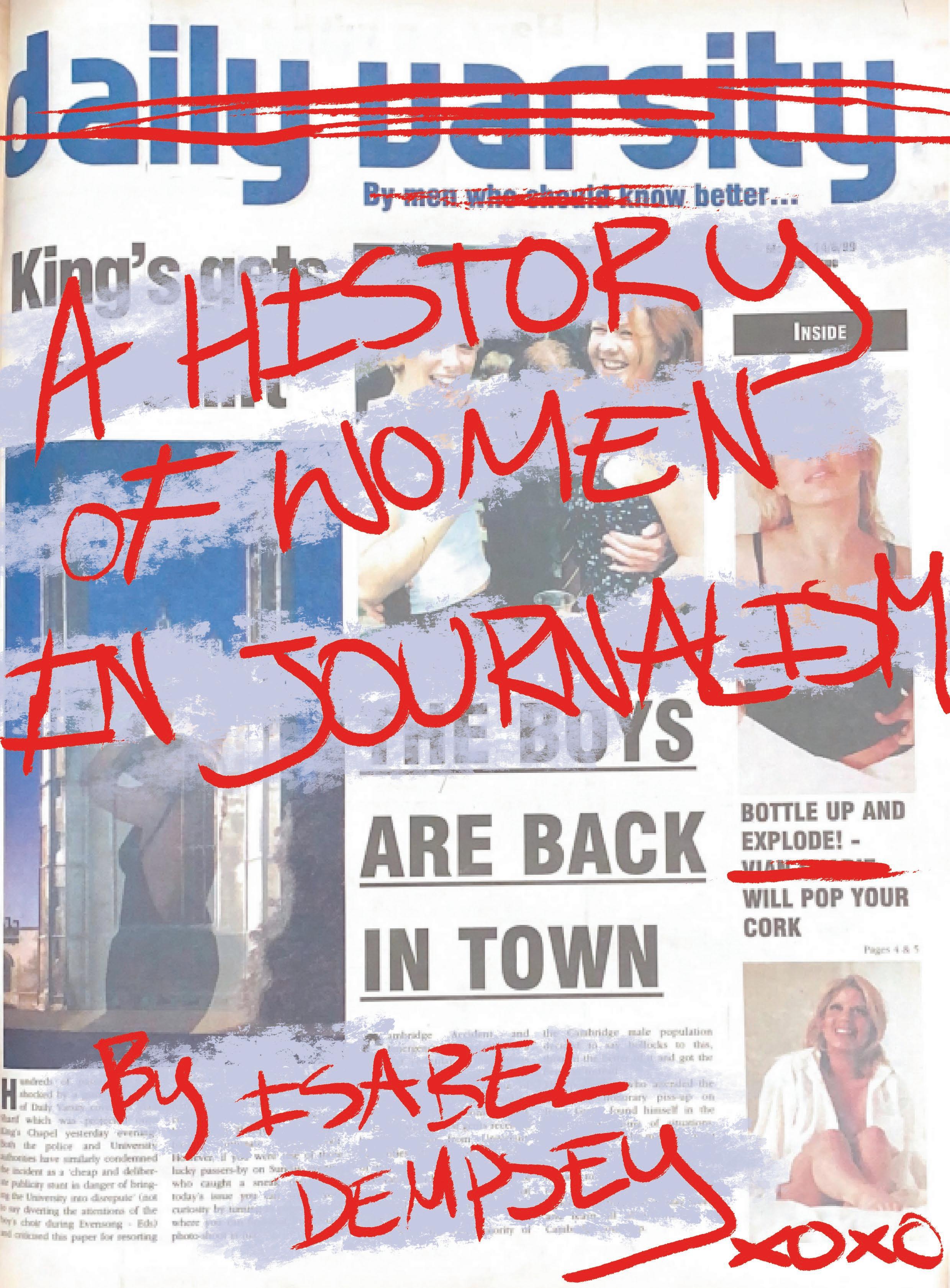
here was a time when it was enough for a woman to simply be at Cambridge’’, reads a Varsity article from the 60s. When to be admitted into these hallowed halls (albeit the redbrick halls of Girton and Newnham tucked far away from the rest) was a satisfactory step in the right direction. But when the aforementioned article was written, there were still many steps to be taken. ere still are today.
e piece from which this quote was taken nds itself neatly tucked away in the “Women’’ section of the paper. Maybe once a necessary evil to ensure that editors didn’t entirely forget about the "second sex" its assumptions about what would satisfy the appetite of its female readers were just about as narrow as the Mail Online’s Femail section remains today. For how could the fragile minds of women compute anything more serious than the latest trend forecasts or idle celebrity gossip?
In Lent Term of last year, as I sat
“Tstruggling through another Early Modern supervision about women in theatre, my supervisor (as if to pitifully prove his woke superiority against the Renaissance men discouraging “whores” from the stage) regaled us with a story about his term as Varsity’s Editor in Chief. And how it was his brave, bold, feminist action that removed the “Women” section from the paper. In the long run, it was probably a good call. As he explained, women should be represented in all aspects of the paper, not tucked away. But whether that was his decision to make remains an entirely di erent matter. Especially as he went onto explain how he calmed the outrage of women in his team by assuring them of all his feminist intentions.
In the early days of the paper, this division on the page quite simply mirrored the division across the university – there were women’s colleges and there were the rest. Reading about a time before my own co-educational college (Robinson) had spawned into redbrick existence, each new leaf I turned through the crumbling archives seemed to reveal new developments in women’s rights. In 1969, King’s agreed to admit women for the rst time. e chairman of King’s Student Union commented:

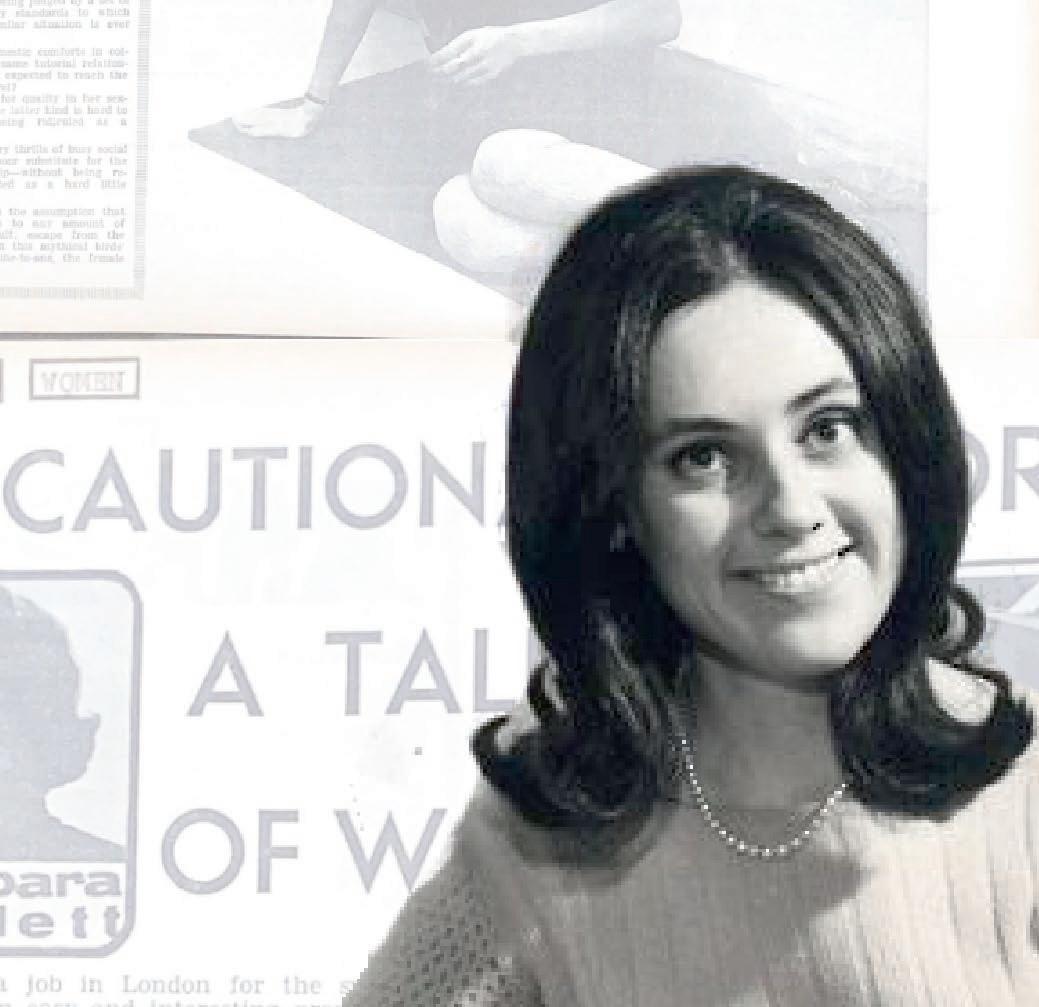

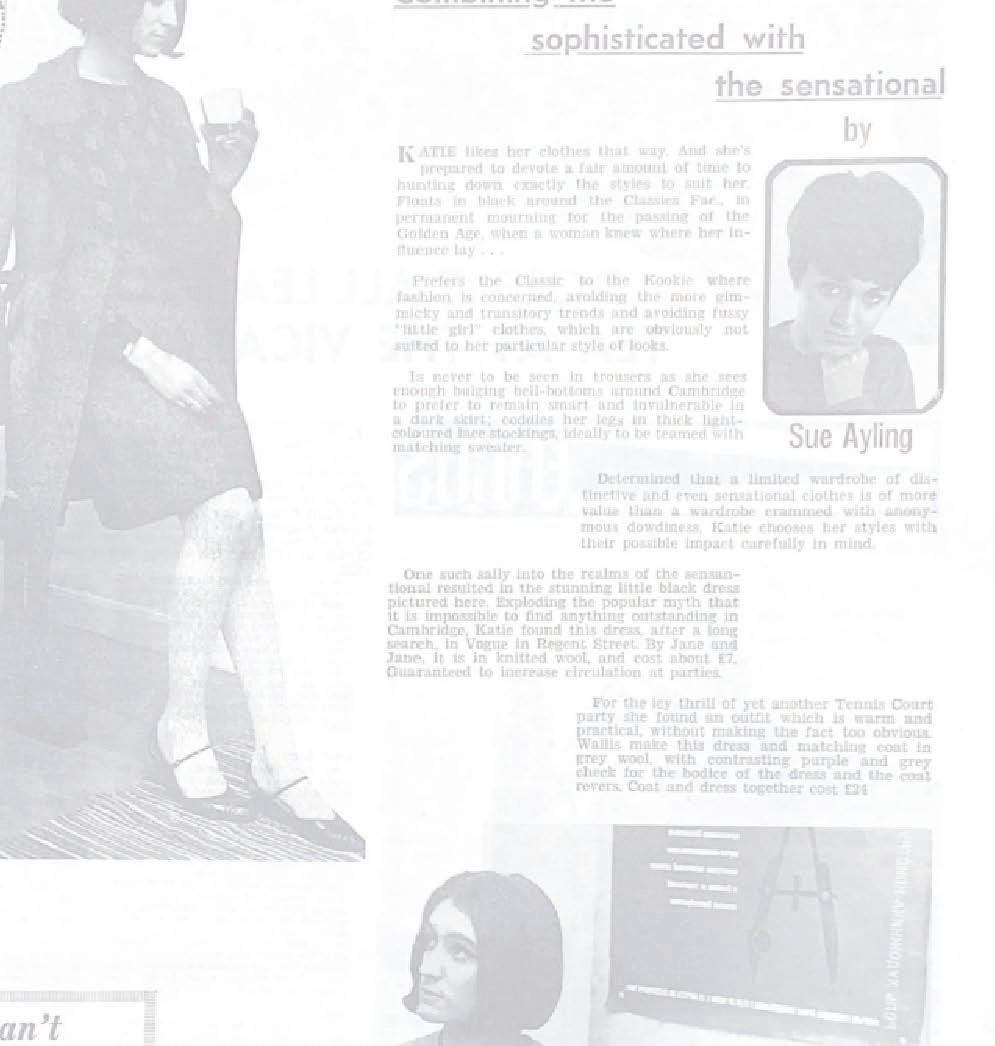
“I’m only sorry I shan’t be here when the rst women arrive.” What a struggle it must have been for a heterosexual man to get laid back in the day. However, some feminist progress required much more active protest. In October 1961 the
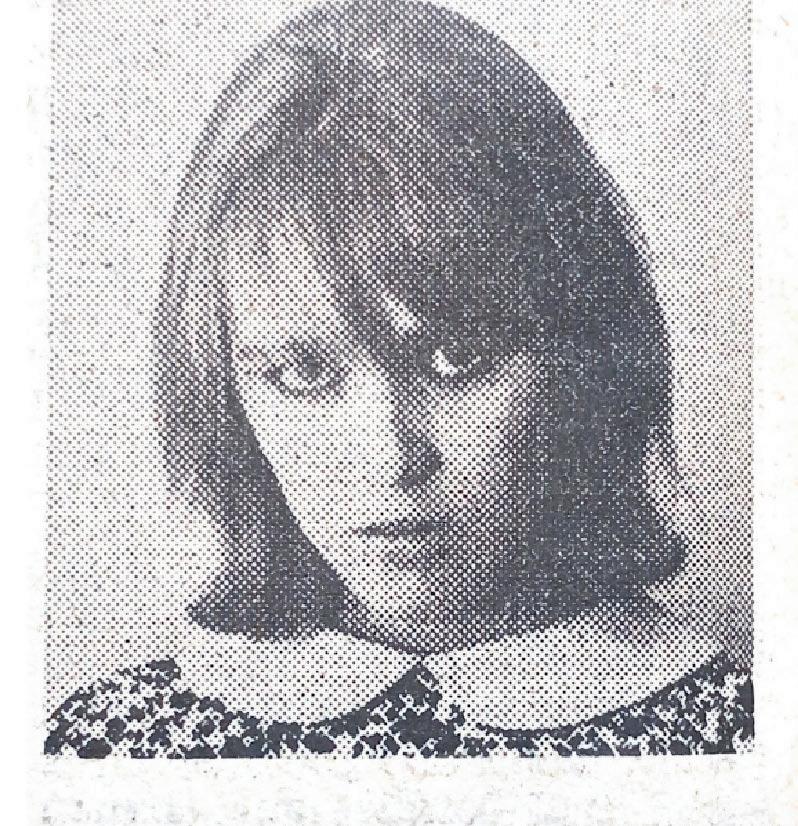

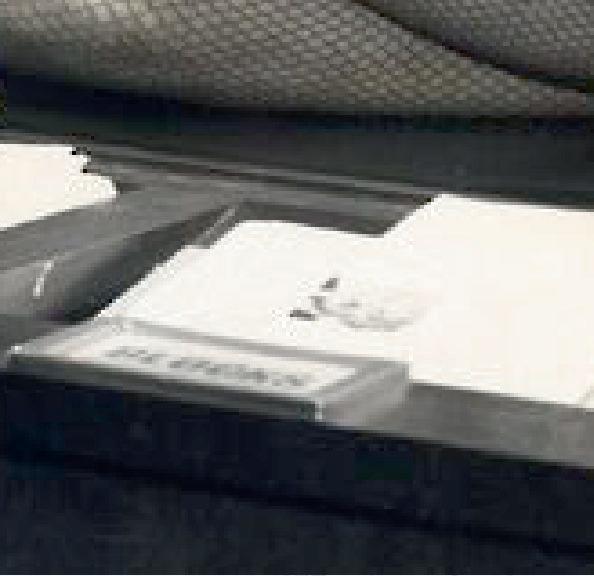
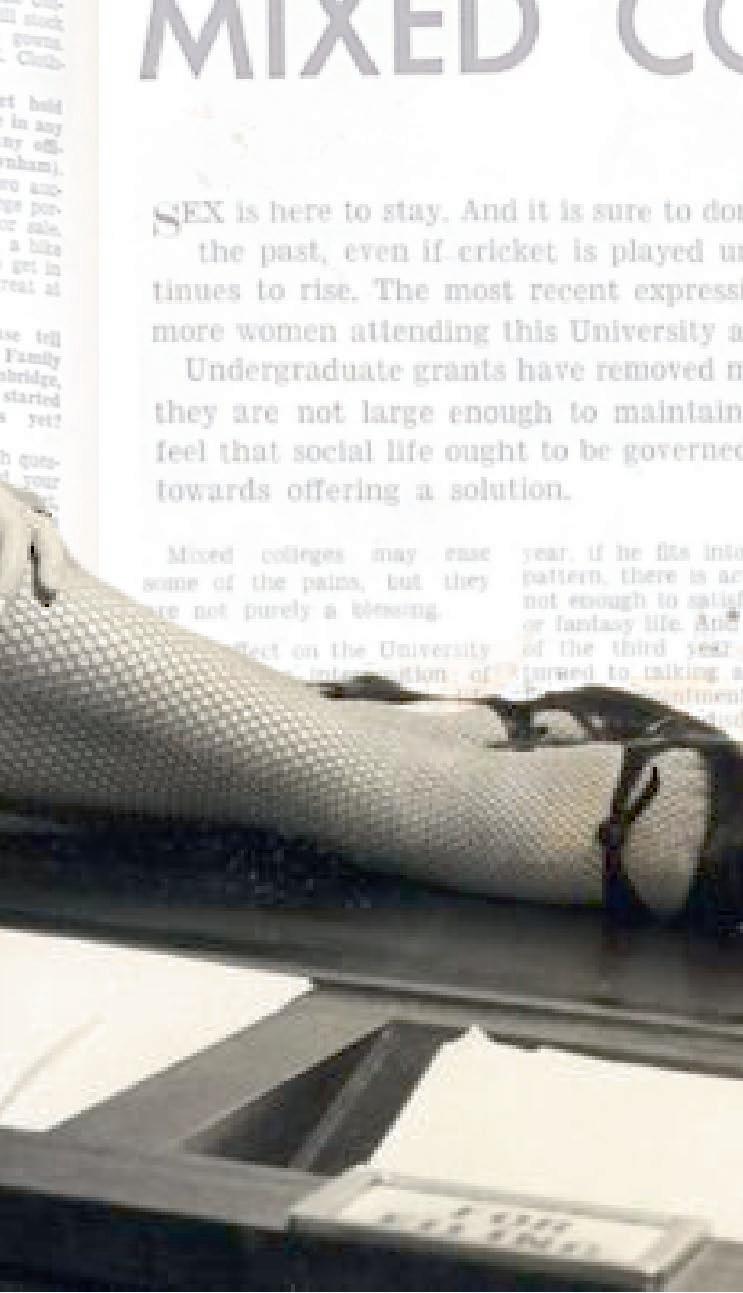

Cambridge Union was stormed by “six ery females” of the “Cambridge Union Su rage Movement”, forcing the Union to nally o er female membership the following year. According to Camfess, the “love-hate relationships between women and the Union” discussed in the 60s seems to still be alive and kicking today. You must either girlboss your way to the top or sickeningly roll your eyes from afar, while you protect your purse from those who insist the only way to defeat Union sexism is to buy your way into the ght.
But these bright sparks of progress I found were overshadowed by sexism, which reared its ugly head in most of the archival pages. In an interview with Gillian Cooke, the “editor of Honey”, rather than impressing readers with her admirable achievements, this paper introduced her as: “a diminutive, cuddly woman, looking about 25.” She “has been in journalism for 16 years, after turning down an open scholarship in Maths to Oxford, but still bubbles like a schoolgirl.” All

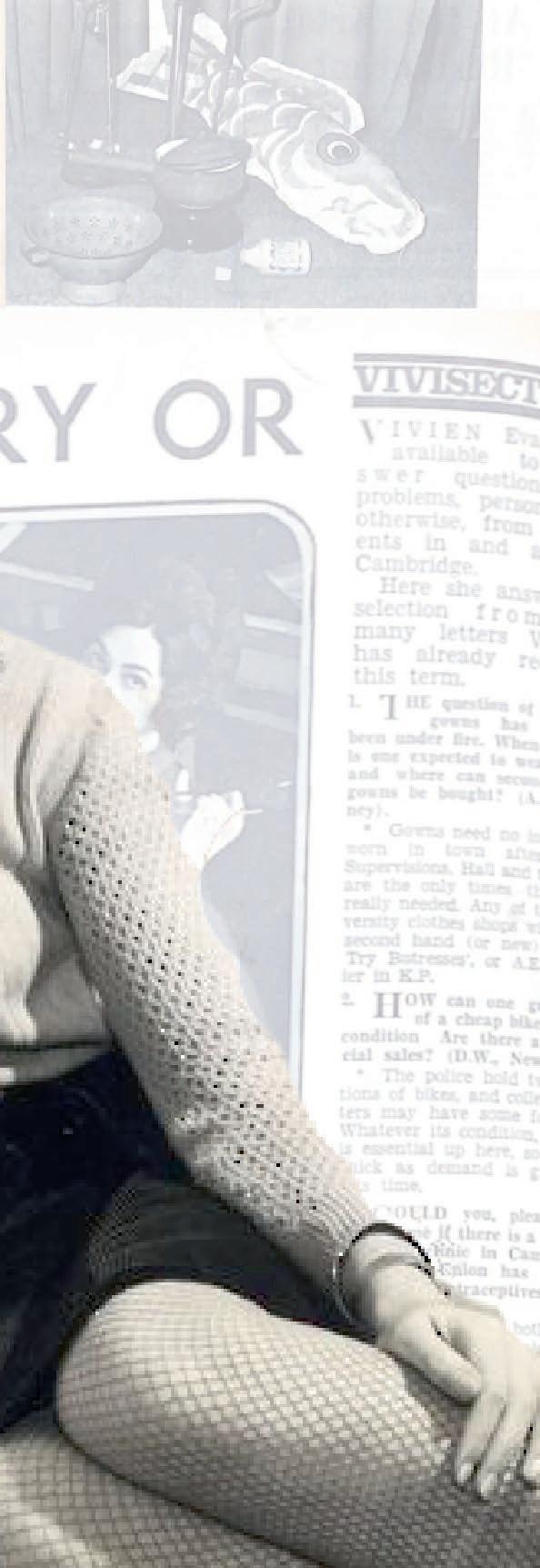
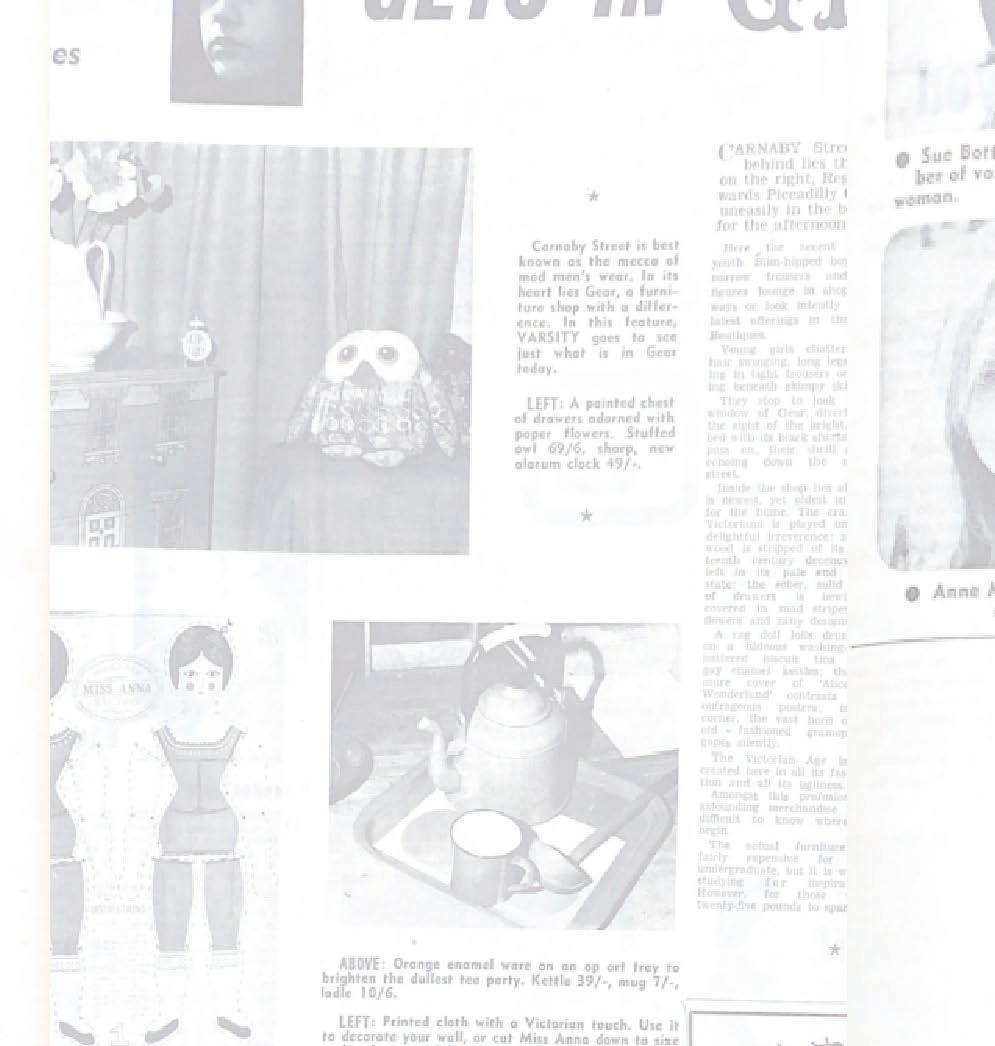
I failed to become the rst female editor of Varsity because I was in love with the Arts editor▲Suzy Menkes, the rst female editor of Varsity
her academic prowess burst in one bubbly prick of infantilisation. Good thing it’s her “sympathy” that makes her such a “good editor” – I will be sure to add that special skill to my CV when trying to enter the cut-throat world of journalism.
at didn’t stop some women from forcing the paper to take them seriously.
is includes women like Suzy Menkes, the rst female editor of Varsity in 1966 who went onto specialise in fashion journalism, writing and editing for publications such as the Times and Vogue. When I reached out to ask her if any part of her was reluctant or intimidated to join the paper as the rst female editor she responded: “What a weird question! We were young and full of enthusiasm. We felt we had been selected because we were equal to – even better than – our male counterparts.” She exclaimed that “all your questions suggest a Shock Horror for all the poor females, miserably trying to compete with brilliant males. But it was quite the opposite. We had to work super hard to get into Cambridge –and as a result we felt strong and eager to do anything.” According to Suzy, sexism wasn’t “really seen as holding back women’s lives until the late 90s or the New Millennium”. Probably a contentious point for others in the era. Another female writer from the 60s, Celia Haddon, was an assistant editor at Varsity When I reached out to her she told me that when she worked on the paper there “were ten men for every woman. I just took it for granted that this was how it was,” adding that in her “ rst job on the Daily Mail I was the women reporter so that was no di erent either.” When being persuaded to join the paper she was told, “you will be invited to all the best parties” (I wish that were true of today). But as she jokes: “actually in those days if you were blond and female you got those invitations anyway. ere was such a shortage of females.”

Despite her insistence in an article from the 60s that graduates “try journalism”, over 50 years on, she tells me “I think I just had a good time at Cambridge: I wasn’t really very ambitious. I got a job in journalism after leaving because the Mail decided they wanted a woman graduate”. Having now turned from journalist to professional cat expert, she seems to have found where her true interests lie. Back in the day, she apparently “failed to become the rst woman editor of Varsity” because she “was in love with the Arts editor.” She tells me how one day, when “in bed with him, somebody came with some copy and instead of getting up and dressing and going down, I simply said 'Come up.' And took the copy from them while still in bed!” Looking back, she realises: “that was too raunchy for some of my
colleagues.” Yet another example of a woman’s struggle to the top defeated by the very wild idea that a young woman might enjoy sexual relations in her uni years. When I inquire into the sexism at the time, she says: “I don’t remember it – but then I am a naturally noisy woman. ere were no predators – unlike my rst year on the Daily Mail which was eye-openingly horrible.” Giving me a “taster” of the Mail, she reveals that the assistant news editor would “put his hand down my top in front of everyone to humiliate me” and “the subs (all male) used to ask me over to check the copy so that I would lean over and they might see my knickers (I discovered that 20 years later!)”.
Although Varsity may not have been anywhere near as bad as the Mail, the paper’s transition towards female leadership did not, and could not overthrow, the patriarchy entirely. It did not take away from Menkes’s own comments on the “long legs swaying in tight trousers or ashing between skimpy skirts” of girls as they pass by with their “shrill giggles.” It did not end Varsity’s Girl of the Week. Nor did it stop the paper in the 2000s from sticking one such girl on the cover, half naked with the title: “Bottle up and explode! – Vian Sharif will pop your cork”. Varsity even projected the “giant 60ft image of the Daily Varsity covergirl” onto King’s College Chapel, in a wild publicity stunt much to the shock of “hundreds of passers-by”. Of course, she might have been entirely happy with her soft porn being projected for all to see, but it still feels eerily archaic in its blatant sexualisation. A sexualisation that continues to this day with egregious slips of the tongue (as the men would have you believe) about women opening their legs to climb to the top.
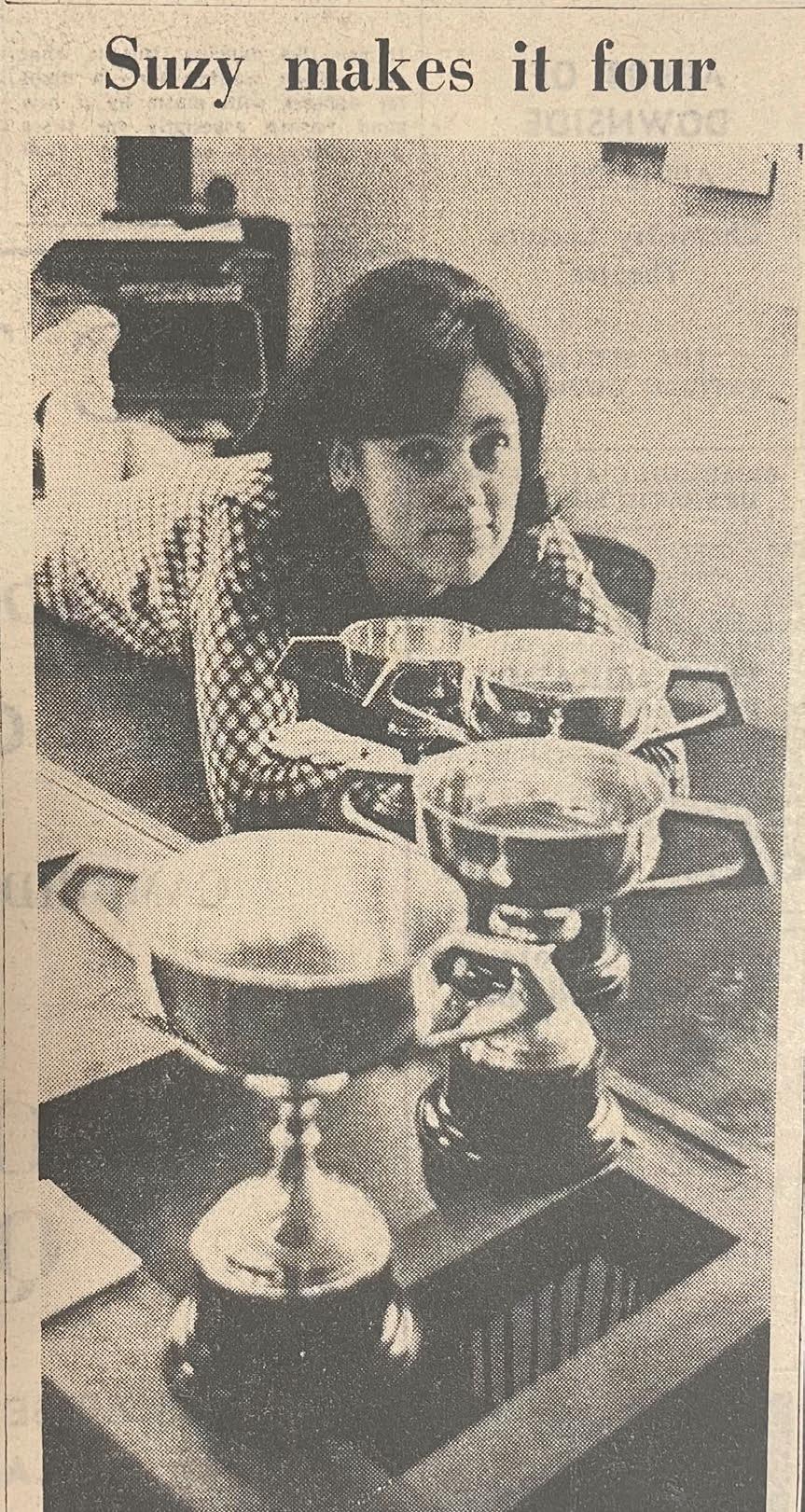



What was once the home of photoshoots and styling tips, the “Women” section has now been more appropriately named the Fashion section. When Varsity is under male editorship, Fashion is a section, along with Arts, that is often dismissed to the side in half a page, belittled, and unacknowledged. Especially when the section editors are women, as they often are. It was a surprisingly welcome breath of fresh air to see the women-led sections receive
some double-page spreads by the female editors of my second term. Apparently, I wasn’t a terrible journalist; I was just treated as such. I can only imagine the obstacles these women of the past had to overcome to feel respected by the men pulling the strings. Knowing what it is to see women’s words being twisted and ignored. Knowing what it is to feel your
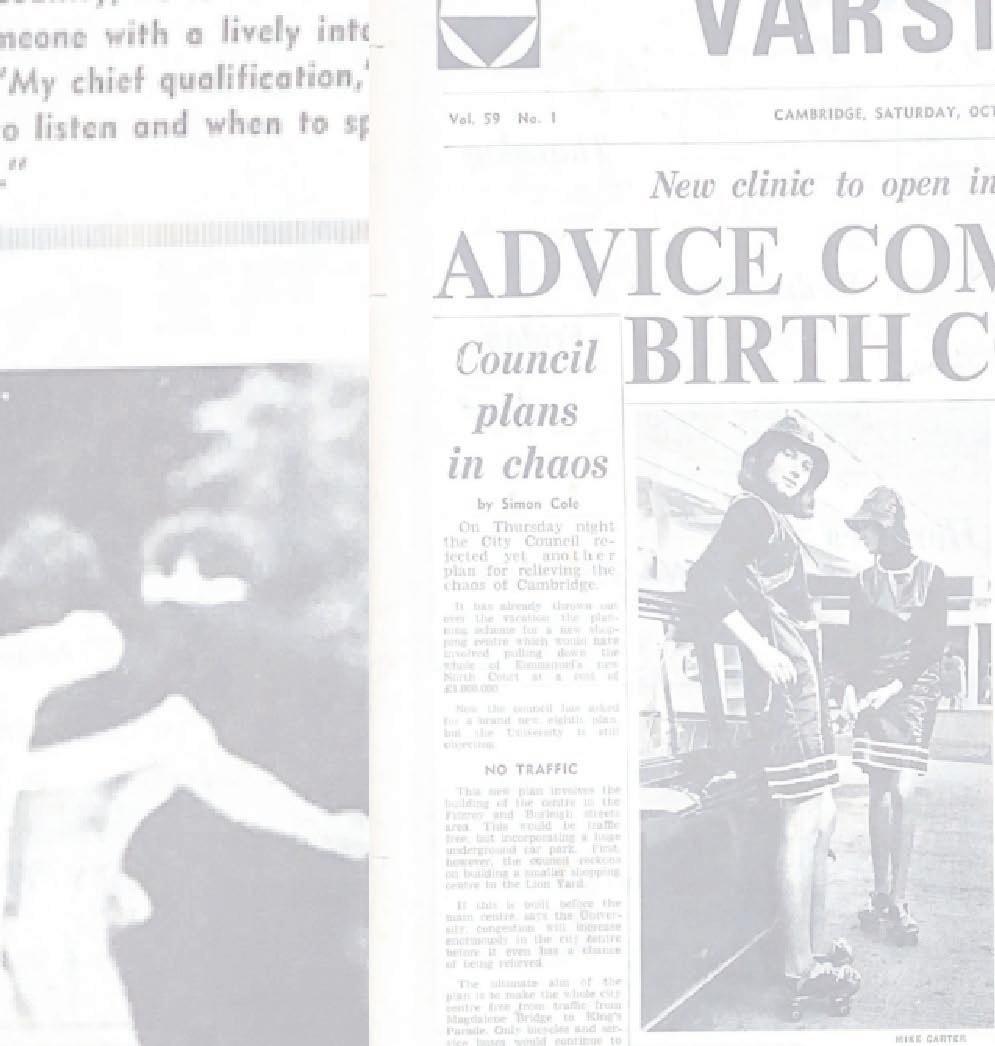
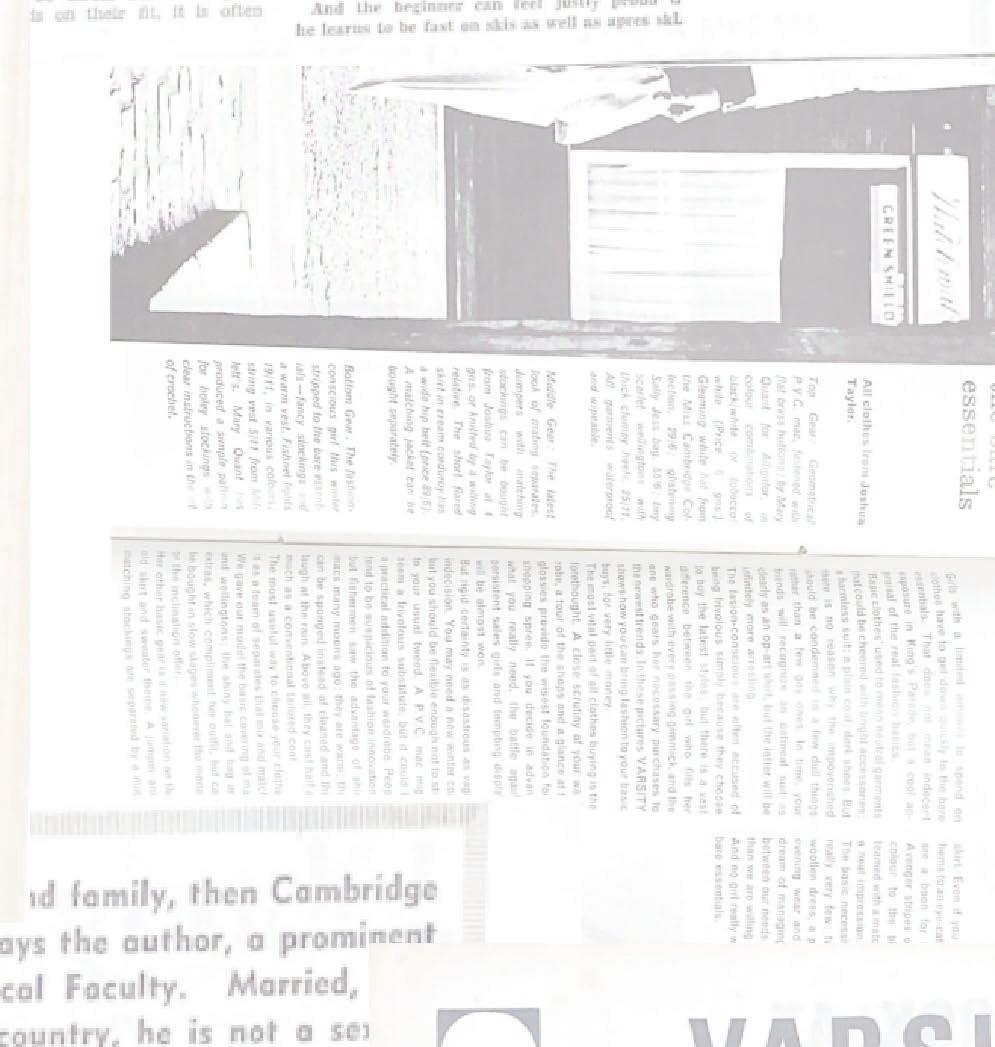
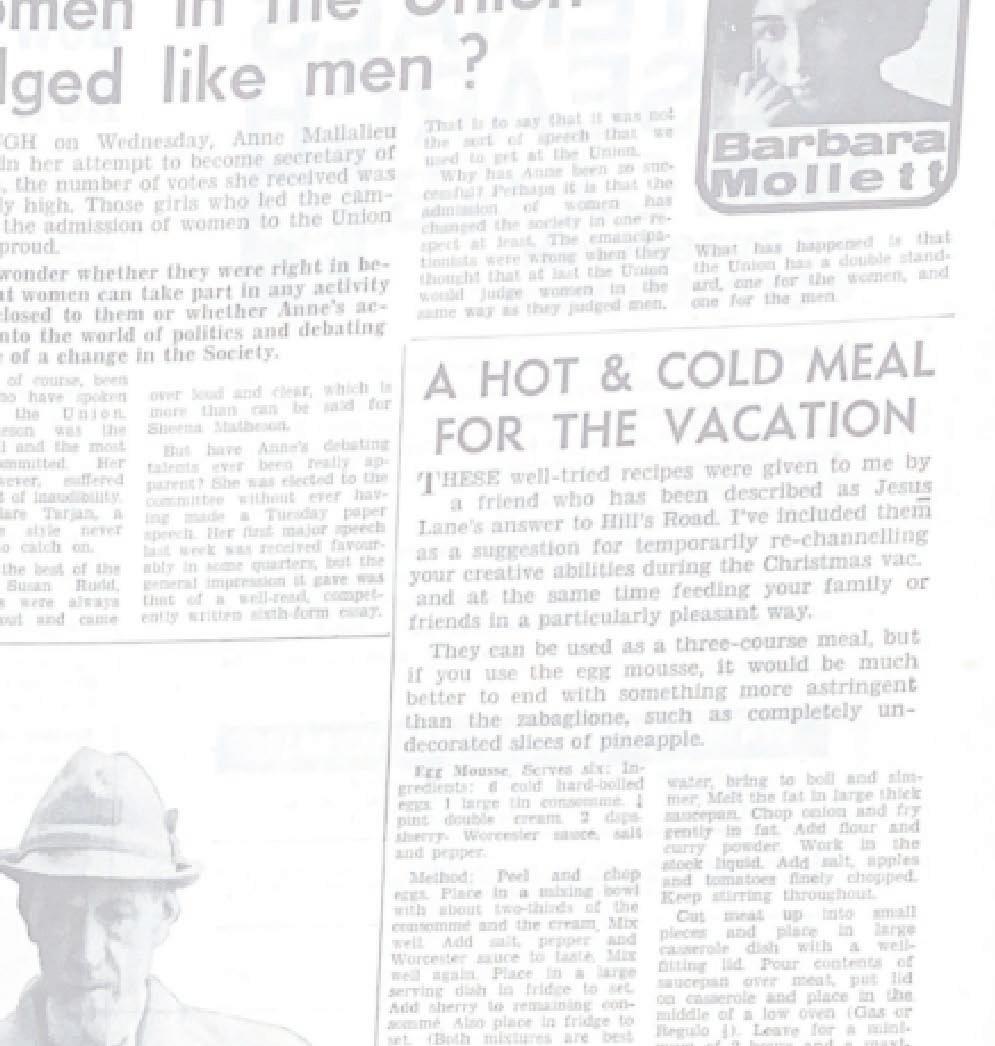
hard work going unacknowledged and unappreciated. As the paper has recognised for some decades now: “It is not enough for a woman to simply be at Cambridge.” As you enter the Oxbridgian world of hacks, politics and student journalism, you realise women don’t just deserve to be here. We deserve to be acknowledged, respected, and valued too. Slowly but surely claiming male dominated spaces from the inside and making them our own. I may have accidentally become a “cover girl” – yes that’s me on the front of the magazine – but now my words ll the pages of Varsity too.
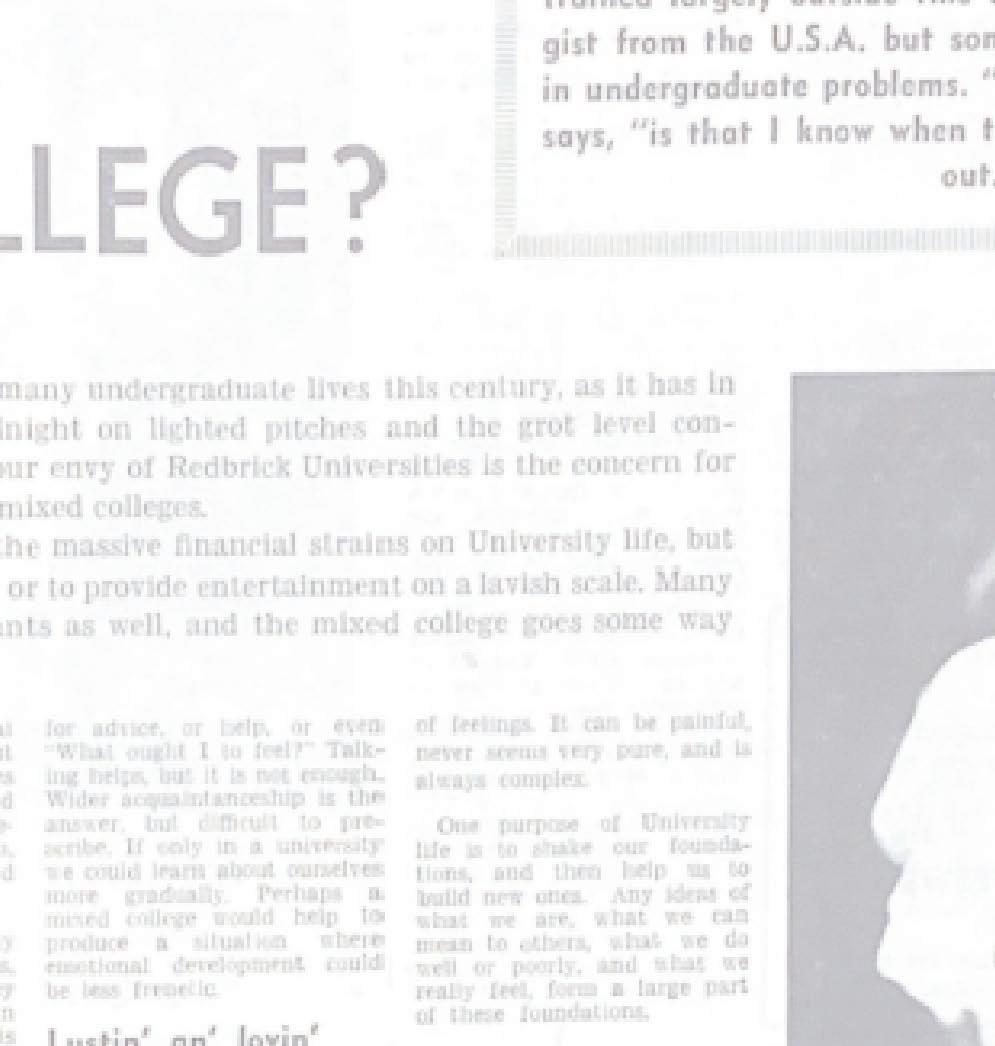
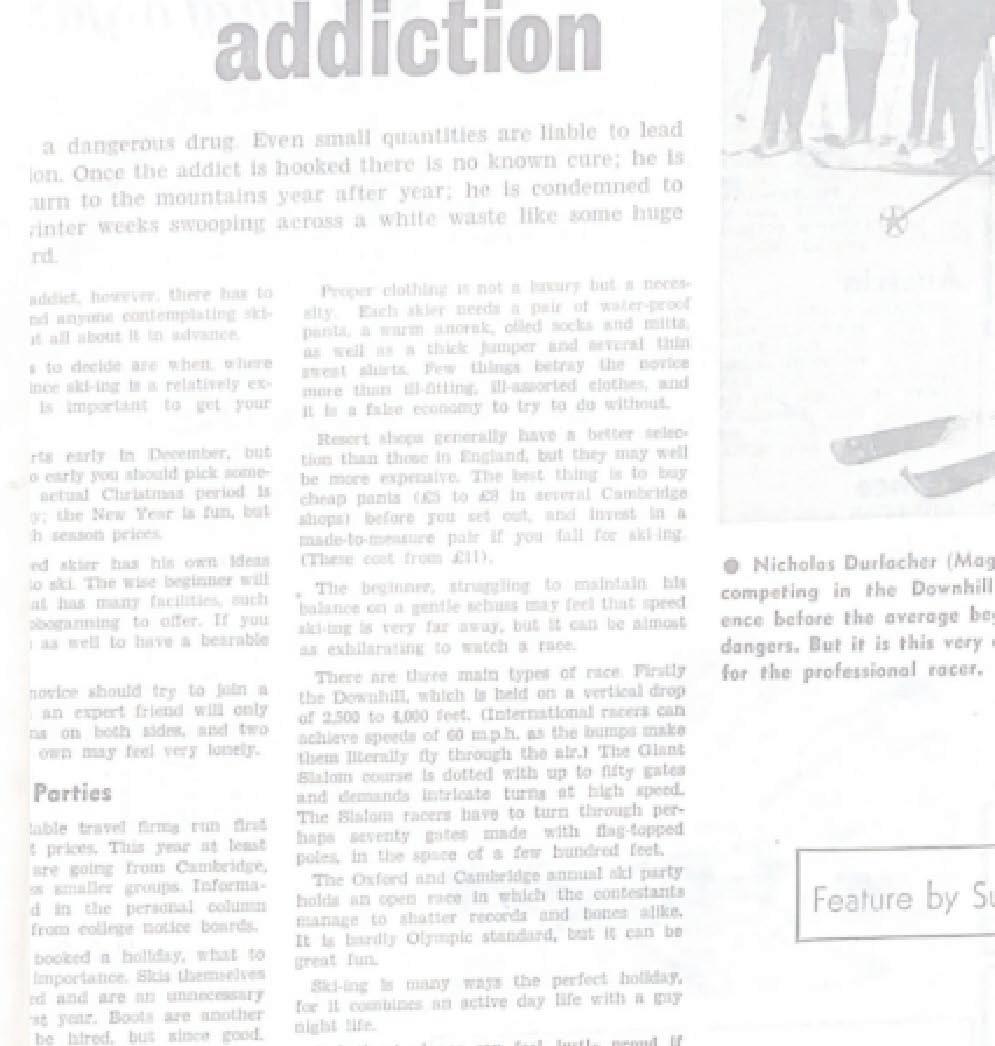
Apparently I wasn't a terrible journalist, I was just being treated as such


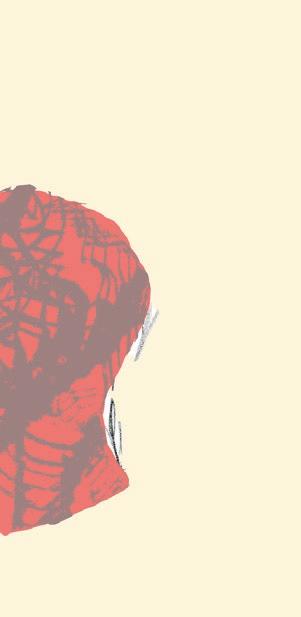
The virus has so far claimed 26 lives in China,” reads a Varsity article from January 2020. Jesus College. it continued, had hosted fifteen visiting students from Wuhan the previous week.
e outbreak itself was considered such inconsequential news that the next print edition made no mention of it at all.
en, in March, the Boat Race was called o for the rst time since the Second World War. May Balls were ordered to issue refunds, Scudamore’s was forced to lay down its poles, and students were sent home. As Varsity reporters scrambled to publish daily updates, the city fell into silence.
Six months later, amidst online lectures and weekly swab days, students found ways to construct a life beyond college walls: long walks to Grantchester, misty evenings on Coe Fen. Cindies opened its doors as a socially-distanced, sit-down club - last entry 6:45, masks mandatory, six VKs for £15.
e last cohort to have experienced a full term of pre-pandemic Cambridge graduated in 2022. e rest of us were left wondering how to separate the normal from the abnormal. As Cambridge gradually sinks back into in-person contact, choice remnants of life under lockdown remain: online exams, lecture recordings, occasional Zoom meetings. But two years of remote learning and social distancing have taken a heavy toll. e number of student intermittences rose by 93% from 2019-20 to 2020-21, and then reached an unprecedented high of 503 in 2021-22.
Jen, who has been at Cambridge since 2018, recalls the frequent social events of her rst year at universitysmall catchups, shared bakery spreads, summer parties. ings are di erent now, she thinks. e quiet dwindling of shared social spaces over the pandem-


ic has meant that, in its aftermath, the Cambridge social calendar has shrunk. “It’s wiped out people’s ability to make friends,” says Jen.
With two years lost to Covid-19, smaller societies or venues that once served as social hubs for certain groups - those studying a certain subject, for example - no longer operate in the way that they used to. “People who knew how to run these societies have graduated,” says Ana, who has been at Cambridge since 2017. Students who joined university in the midst of the pandemic were left to pick up the pieces, with little guidance or continuity. Each cohort’s time at Cambridge is limited to three short years, which means that institutional memory is remarkably fragile.
Colleges, too, were forced to upend centuries of tradition, restructuring campus life in the face of crisis. ere were new outdoor seating areas, takeawayonly catering facilities, and strict bans on inter-household socialising and non-college guests. In Michaelmas 2020 alone, Gonville and Caius ned its students £4850 for breaching Covid-19 rules. With increasingly militant attitudes from colleges as the months progressed, King’s went so far as to ban swimming and barbecues at Grantchester in July 2021.
But even today, colleges seem to be offering more limited social opportunities than they once did. Previously popular social venues like the Caius Underbar are now gathering dust. Last term, studentrun events were temporarily banned at St. John’s after a ceiling tile was left smashed at a bop. And where daily formals were taken for granted prior to the pandemic, Pembroke now holds only three formals each week.
Alex, who began at Cambridge in 2018, notes the marked di erence in how students interact with college porters. During the pandemic, porters were responsible for enforcing the rules, made to hand out nes and chase freshers out of each others’ rooms. “Before, they used to be seen as friendly and helpful members of college you’d chat to in the
smoking area or pop into plodge for a chat,” he says. “I think that relationship never really got repaired.”
In recent terms, porters have been criticised for their links to the varied rules for access to college grounds, which remain stricter than they once were. “It used to be easier to wander into colleges, just to nip through. It doesn’t feel as comfortable anymore,” said Ana. “It’s like you always need a reason now.” Alex, too, points out that some intercollege socialising traditions have been lost in the aftermath of the pandemic, recalling the “long boozy nights spent traipsing through di erent college accommodations or marching between far- ung plodges” before 2020.
As an undergraduate, Ana also participated in two Cambridge-linked schemes to teach English abroad at summer schools. Neither of the two schemes are o ered any longer. Pre-pandemic xtures - chips & beer in Sidney hall, full-capacity formals, in-person admissions interviews - are foreign to most current students. ree years on, we’re still struggling to resurrect past traditions.
e sense that the pandemic robbed some of us of the traditional university experience – or that, conversely, it’s within our power to rede ne the next normal – re ects the peculiar transition we’ve witnessed over the past three years. Rent strikes, pension strikes, protests, vaccinations, a cost-of-living crisis, screening programmes, divestment pledges, a marking boycott: particularly for current nalists, the past three years have not been easy.
Yet Cambridge has begun inching towards recovery. After months of student negotiations, the Newnham Party Room, which has been used as a storage space since 2020, will be available for use once more from Michaelmas 2023. At the end of last term, Pembroke agreed to increase its number of weekly formals from two to three. Small victories, perhaps, but hard-won.
Emily Lawson-ToddThe only high notes Gabriel Brown was interested in when he started as a choral scholar at King’s College were those on a musical score. Now in his final year as a Theology undergraduate, his mind also has to find room for high numbers and balance sheets as he plots his path as a startup entrepreneur
Along with cofounders Morgan Saville and Geno Racklin Asher, he launched CAUSE in 2022, an encrypted social network for activists which offers privacy-focused, targeted advertising.
The catalyst for change came in an email in his first year from Sheryl Cuisia, the official Entrepreneur in Residence at the King’s E-Lab, open to all continuing students at the College.
“The first thing that she wanted to see was a business plan. And that scared me a lot, but she guided me through the process,” he recalls. “She asked the difficult questions and gave advice about how to hone parts of the company.”
The same entrepreneur has since become a shareholder in the company and the venture continues to develop at pace in a really thriving entrepreneurship ecosystem within Cambridge.
“The exciting thing about the new kind of innovation springing up around us is that it has social purpose at the heart of everything it does, driving equality, diversity and inclusion.
“We live in a commercial world and academia needs to respond to the increasing number of challenges that are presented. You need to have academic-led innovation.”


“Talking to the different people in Cambridge made me realise that science, specifically plant biology, should not just be contained in the lab but can be translated into something that is bigger and more impactful,” says Nadia Radzman, a research associate at the Sainsbury Laboratory and current participant of the impulse programme at the Maxwell Centre.
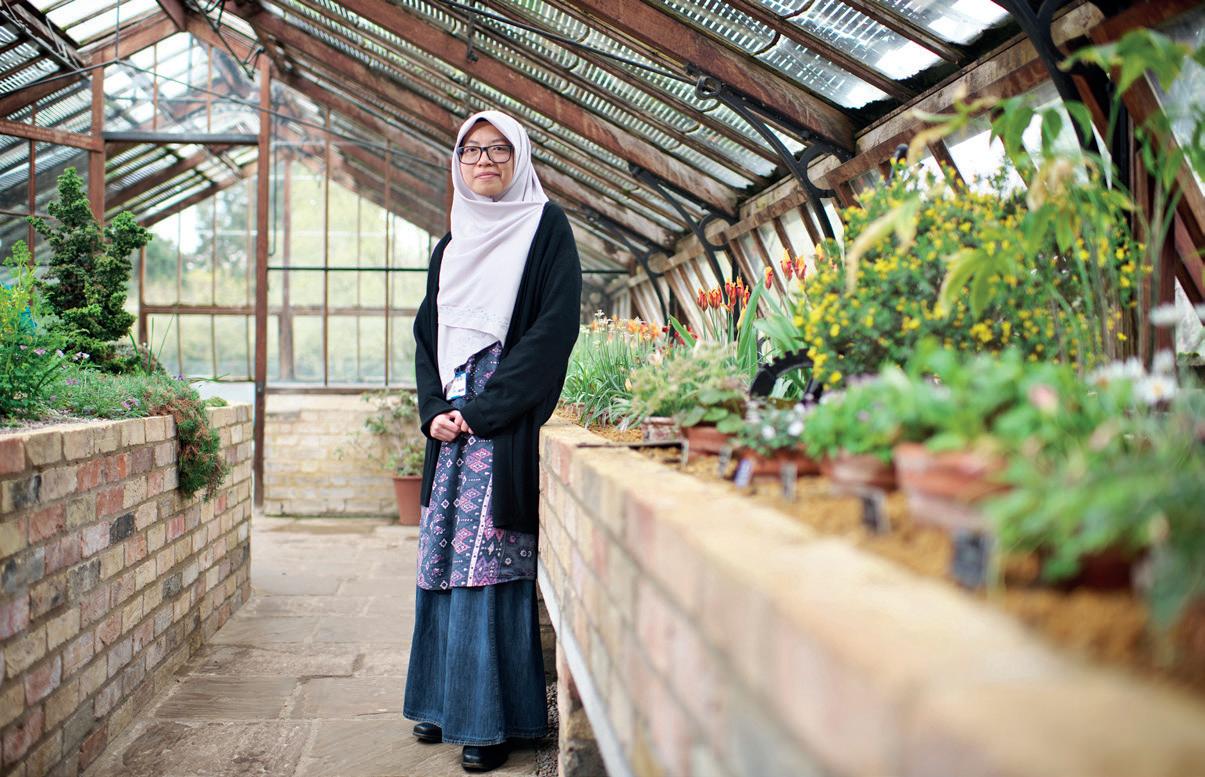
“We can change the lives of farmers,
making other people’s lives way better with a more sustainable way of living.”
These conversations began soon after she started at the university in 2018 and became the connections which took her into the completely new world of commercialisation.
One entrepreneurial activity led to another, from the Postdocs to Innovators (p2i) module to exploring the Entrepreneurial Postdocs of Cambridge (EPOC) society.
But, like the forgotten African yam bean she was studying, a seed had been sown and her next move, becoming involved with Cambridge Global Food Security, saw her belief in
the potential of a University spinout properly take root.
“It’s an interdisciplinary research centre where a lot of different researchers from across Cambridge come together to improve the food security system globally. So we have economists, people from the Cambridge Judge Business School, from the Department of Plant Sciences, working on the same goal. It’s how we can influence consumer behaviour to take up better, nutritious food and
the connection to industry.”
Nadia’s determination to explore “this seed of research curiosity” to turn it into something more translatable subsequently won her funding from Cambridge Africa, which promotes mutually beneficial collaborations and equitable partnerships between the University and Africa.
“You can be both scientist and businesswoman in the right environment, and Cambridge has that.”
From growing up in Nepal with neither running water nor electricity to becoming one of the leading lights in the field of electronics engineering, attracting the attention of global multi-national giants, Pawan Shrestha draws daily inspiration from Cambridge.
“I always felt like I would develop a technology or do something in the world that can make an impact and Cambridge is the place where I can make my dreams a reality,” he says.

His Augmented Reality company Lark Optics is flourishing after initially explaining his idea to Cambridge Enterprise. That experience triggered his entry to the Chris Abell Postdoc Business Plan Competition to develop the commercial potential of his doctorate research and to a place on the impulse programme at the Maxwell Centre.
“I think it was just the right timing for me because I really needed help. The programme offered us a strong foundation from which to navigate our entrepreneurial journey, including how to register a patent, and fundraise.”
Pawan says confidence came once he and cofounder Xin Chang gained traction with investors and garnered interest for joint development agreements for their product. He believes the support network here is unrivalled and is energised by the culture of connectivity in the city.
“Cambridge is not just about academic work,” he says. “The commercial achievement, the University and the ecosystem in Cambridge is equally remarkable. Being able to talk to some of the biggest people in the entrepreneurial world is very surreal and I cannot get this knowledge from books.”
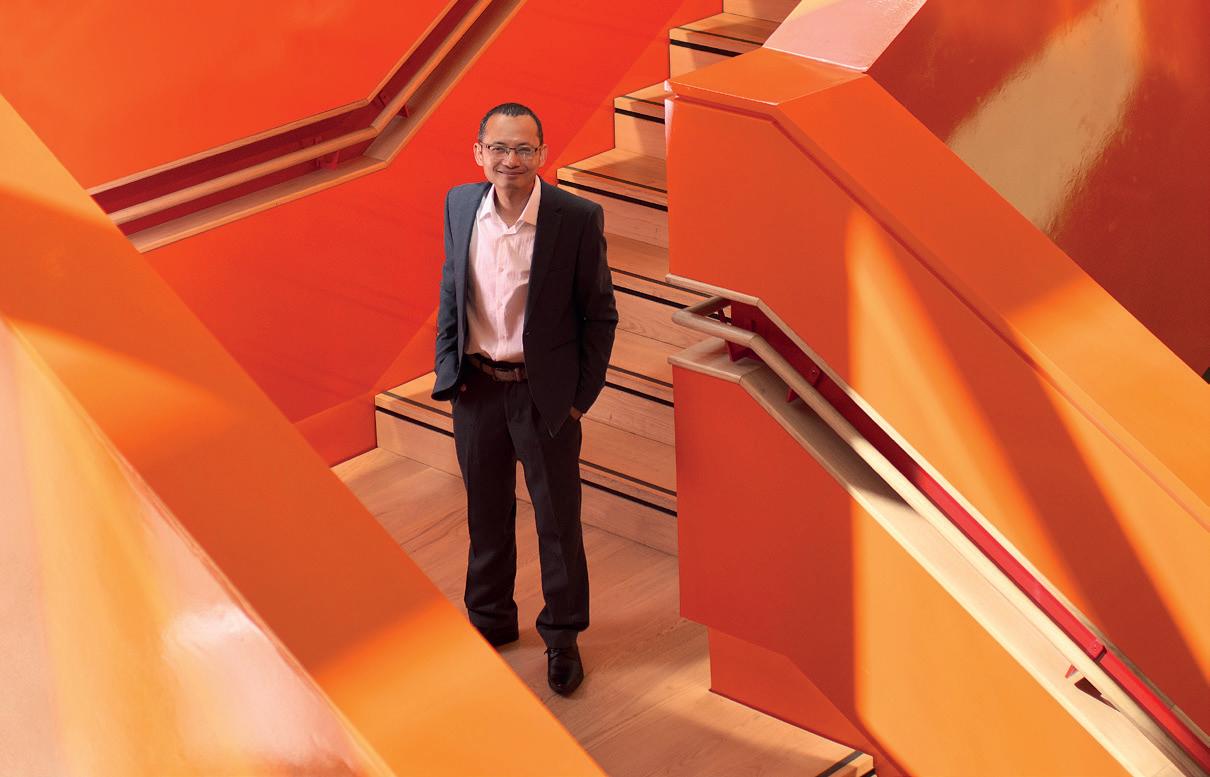
The first thing she wanted to see was a business plan and that scared me, but she guided us through itPawan Shrestha, CEO Lark Optics.


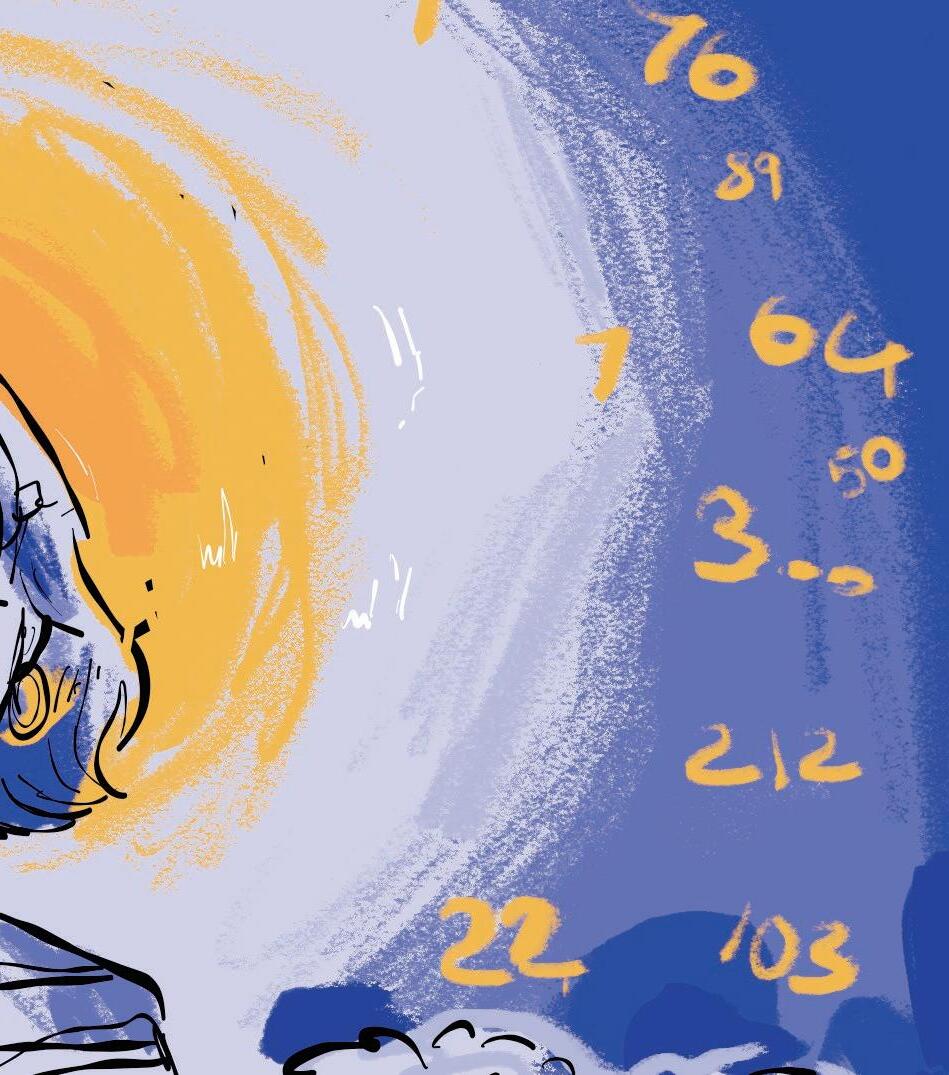
Gwenno Robinson meets the students who topped tripos. Was it worth it?


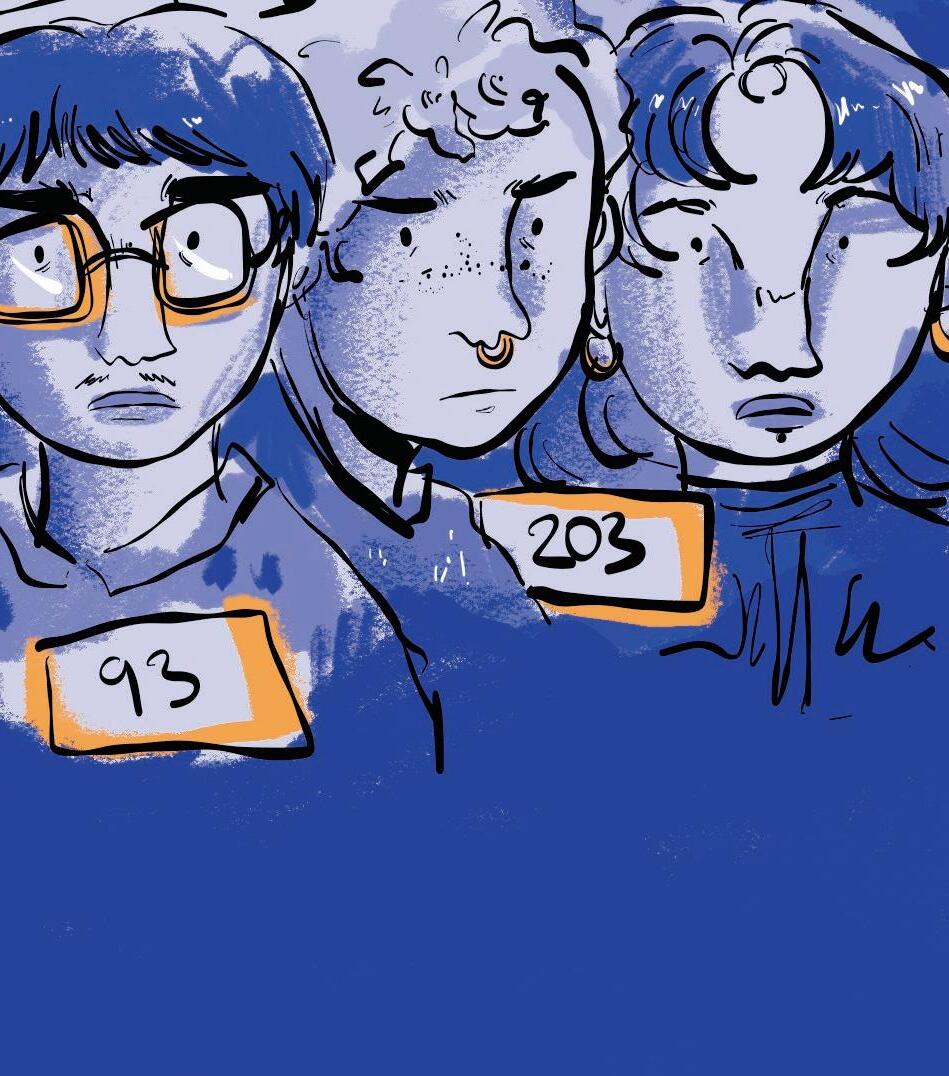
It’s quiet period at Cambridge University. Noise is kept to a minimum. Social events past dusk are a rarity. Nightclubs close their doors while libraries open theirs beyond their daylight hours. Colleges shut their heavy gates, perhaps to keep out the tourists, perhaps to keep the students in.
Exam season in Cambridge is notoriously competitive. Students don’t just receive a grade for their exams, but a ranking of where they placed within their cohort. Until 2016, these rankings or “class lists” were published publicly outside the Senate House on King’s Parade. Growing disillusionment among students eventually led to an “opt-out” system. By 2021, the University discontinued altogether the 300-year-old tradition of publicly displaying class lists.
Rankings might not be displayed publicly anymore, but students are still made aware of their ranking. Some colleges still have a “scholars’ ballot”, which gives preferential room allocation to those who performed exceptionally well. “Tripos toppers”, as they’re known, carry a certain air of mystery, their names ushered in conversation. Finding them for this piece proved to be quite the challenge. I was handed phone numbers and emails to contact them, never social media accounts (unless we’re counting LinkedIn, that is).

Topping tripos seemed to come as a surprise to everyone I spoke to. Mitzy ranked rst in his nal year in Sociology, after ranking second the previous year. He received a starred rst, admitting: “I didn’t even realise the category of mark existed!” In the weeks following his exams, he convinced himself that he’d got a 2:2 but admits that a part of him knew he’d “done really well”. Ollie, who topped the German Tripos last year, tells me how it was never his aim to top tripos: “I had no idea that would ever happen … I remember thinking, if I get a 2:1, that will be more than ne”. When he found out that he ranked rst, he “couldn’t believe it”.
When I press them all on the biggest bene ts of tripos-topping, nearly everyone alludes to the monetary bene ts on the table. In 2016, the University set aside a new prize fund, worth £1.4 million to reward those who achieve the most “outstanding results” in their exams. Freya, who topped Psychology last year, couldn’t believe how much money she got given. Topping tripos nally gave her the con dence to go into academia
and realise her potential in the eld. She’s now studying for a PhD in London. For Freya, the experienced was reafrming: “I wasn’t so shit as I thought! People think if you top tripos at one of the most prestigious universities in the world, then you must be the best in the world”. A grin emerges on her face, “If I’m supposed to be the best in the world, then we have a problem!”
“It’s a good ego boost, right?” confessed Emma, who topped Geography last year. She reassures me with a laugh that she doesn’t go into her lectures “thinking I’m smarter than everyone else”. Like Freya, it con rmed her ambition to go onto studying for a masters’. It proved a big con dence boost for Ollie too. He went to a state school in the north and is the rst of his family to go to Cambridge. “If I ever had any doubts about my academic abilities at Cambridge, those have certainly gone,” he tells me. “I started thinking: ‘I must be onto something here’”. Mitzy admits that topping tripos has been useful to distinguish himself from other Oxbridge grads, but ultimately, it hasn’t made much di erence.

I notice they’re all keen to get to the more negative aspects of topping tripos. Within the rst minute of meeting her, Emma confesses: “it’s been a bit of a curse”. Emma topped tripos in her rst year and feels considerably more pressure for her upcoming her exams this year: “Once you set that bar for yourself, you know it’s something you’re capable of doing again”. Ollie’s also feeling the pressure this year. He tells me how it’s always in the back of his mind that he’s not working enough: “I didn’t feel this last year. I had no benchmark like I do now”. He admits that he’s always been a perfectionist, and “now it’s made it even worse”.
I ask them all whether they feel at all validated by the experience. Mitzy chuckles lightly to himself, and a smile appears across his face, “Not at all”. He confesses that the validation lasted “for maybe 30 minutes” before he began scrutinizing his marks in each of his papers, “immediately trying to nd aws … thinking I could have done better in
this or that paper”. Emma doesn’t see the result as an accurate re ection of her ability and doesn’t feel validated by it either: “I don’t think it signi es anything to be honest … you only understand how little of a deal it is when you’re in that position”. She tells me of her frustrations in how she’s treated di erently in supervisions to her peers: “people now take my word as gospel. But sometimes,

• Hugh Laurie
• Carol Vorderman
• AA Milne
• Stanley Baldwin
• Alec Douglas-Home
• Christopher Hitchens
• David Dimbleby
• Tom Hiddleston
• Zadie Smith
• David Attenborough
• Charles Darwin
• Jimmy Carr
• Freddie Highmore
• Alan Turing
I genuinely have no clue or idea either”. Katie is the last person I speak to. She topped the Classics Tripos last year. I meet her at the ARC one rainy ursday afternoon between downpours. She plays with her sleeve and confesses that she wishes she’d never topped tripos: “It should be validating, but it’s not at all”. Katie alludes to her mental health struggles over the past year and how she hoped doing well academically would help. To her disappointment, it hasn’t helped “whatsoever”.
We move on to discuss how the ranking system feeds into the very competitive nature that got us a place in Cambridge in the rst place. She glances down towards the oor, and shakes her head. “I don’t know what it is, I just never feel like I’ve achieved anything yet”. She tells me that she wishes she could just be content with herself and her achievements. “It doesn’t help anyone. ere’s just no winner”, she says with an empty smile.
e sky clouds over again. I pour away the dregs of my co ee and we quickly say our goodbyes as the next downpour begins.
I awkwardly shout after her: “Good luck… for exams!”, not that she needs it, or perhaps even wants it. All names in this article have been changed to protect anonymity.
e validation lasted for maybe 30 minutes

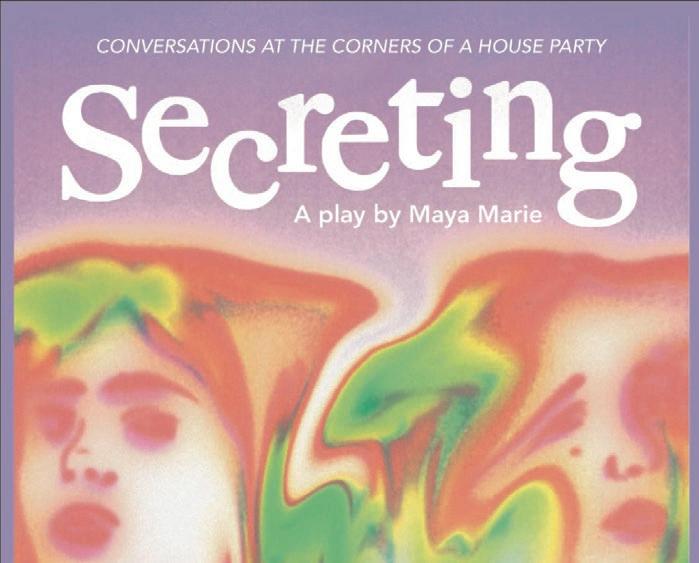
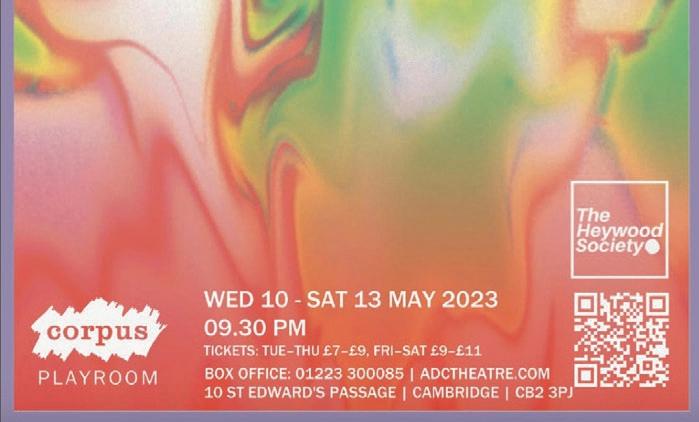




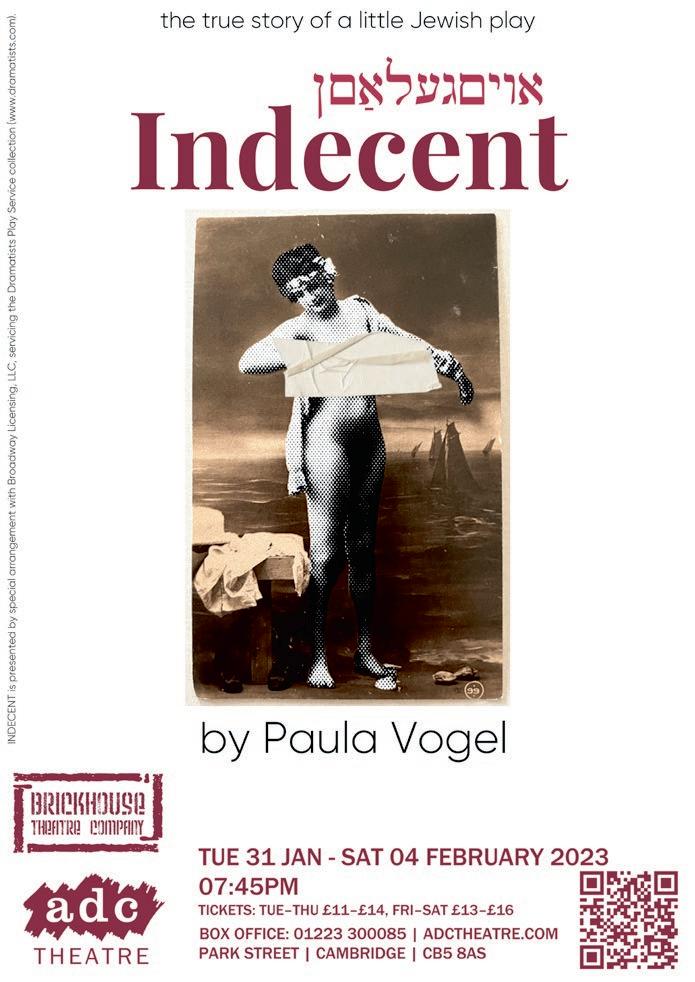

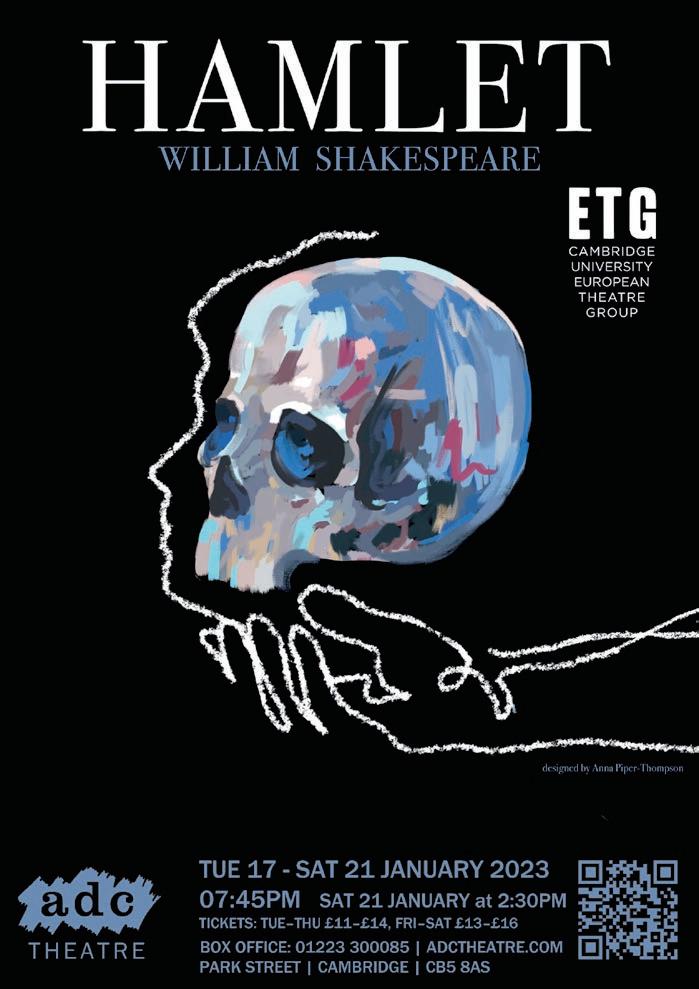
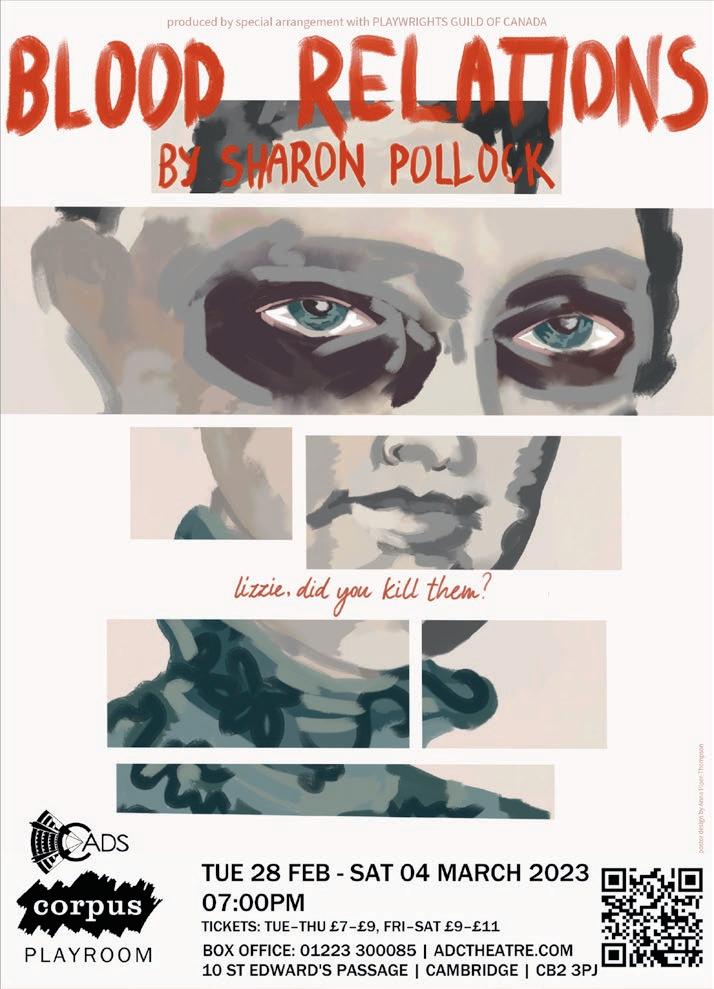
Posters are an inescapable aspect of the Cambridge landscape. If there’s ever an exposed railing, you can be sure that there will be at least a dozen colourful posters zip-tied onto it, promoting any and every show no matter how big or small. While the deluge of posters might be considered an eyesore on this historic city, there’s something special about the fact that each production, even temporarily, has its own carefully created piece of art to speak for it around town.
Anna Piper-Thompson’s design for the European Theatre Group’s December production of Hamlet strikes a great balance between recognisable iconography and distinct, unique style. Piper-Thompson’s rendering of the famous Hamlet skull with thick brushstrokes in blue, grey and even mauve communicates both the energy and turmoil of the character and the chilling, eerie nature of the play. Stylistically similar is Piper-Thompson’s design for Blood Relations, another story brimming with psychological terror. Delving into the mind of a woman accused of murder, the segmentation of the gaunt face on the poster gives it a distinctly unreal feel, contrasted with the title of the play which itself looks
painted in blood. When asked for her advice to anyone looking to get into poster design, Piper-Thompson recommended “applying your own medium to poster creation,” and not being afraid to give it a go – even if there’s a learning curve at first.
Easily one of the most surreal posters this year is Frankie Browne’s design for Bulgakov’s adapted Soviet satire, Heart of a Dog. Much like the recognisable Hamlet skull, the heart itself features in the centre of the poster, horrifically squeezed above the eye of the scientist who created the beast, hinting towards the show’s black comedy. While most posters are designed digitally, this one is hand-drawn, the bright technicolour of the bombastic dog contrasting with the helpless human figures. Browne was inspired by USSR propaganda posters, which feature jarring blends of colour, bodies and faces. The mangled, jumbledup figures here mimic these and reflect the play’s central focus of the chaotic reanimation of a lowly dog with human body parts.
Katie Wrench’s design for Indecent attracts via its simplicity, this time presented in the form of a collage. The sepiatoned photograph of ships in the background brings to mind the play’s early 20th-century setting and contrasts the
black-and-white female figure atop it, reflecting the play’s key concerns of the immigration, sense of displacement and alienation of the Jewish population it follows. The central female figure, once “indecent", is covered up and anonymised with a simple piece of tape, rebelling against the censorship of the struggles of the past. All this is completed with the title cleanly done in English and Hebrew. Poster design can often seem daunting. But the great thing about the Cambridge scene is that even the work of a student or first-time artist can be featured throughout the town, embodying a production which the whole crew has worked hard on. If the experiences of current designers is anything to go by, it is clear that nothing should deter someone from trying their own hand at it. Creative vision, drive, and ideas are always more important than experience or expensive materials. Every poster is its own work of art, and we look forward to even more great ones next year.

Every poster is its own work of art
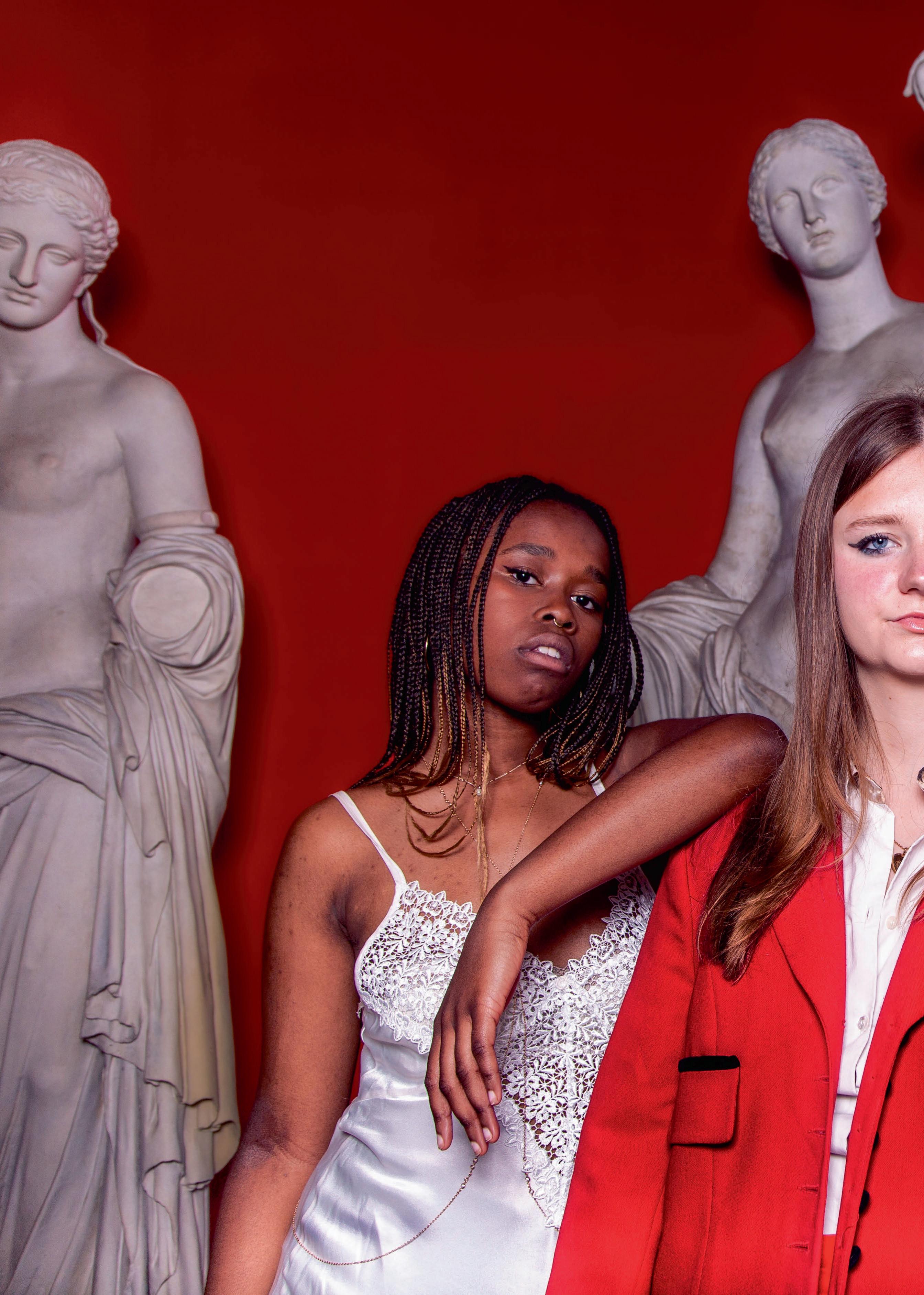
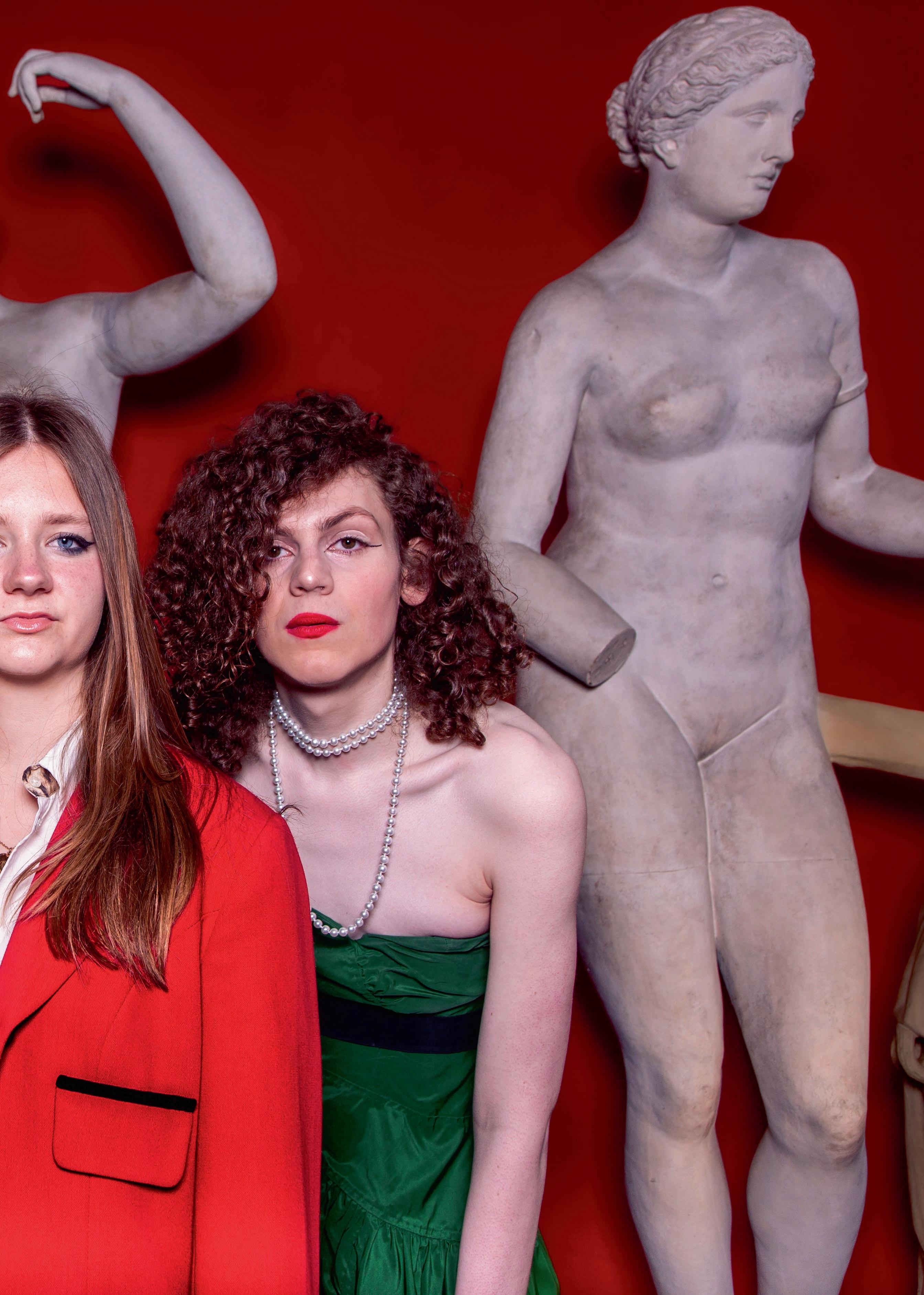
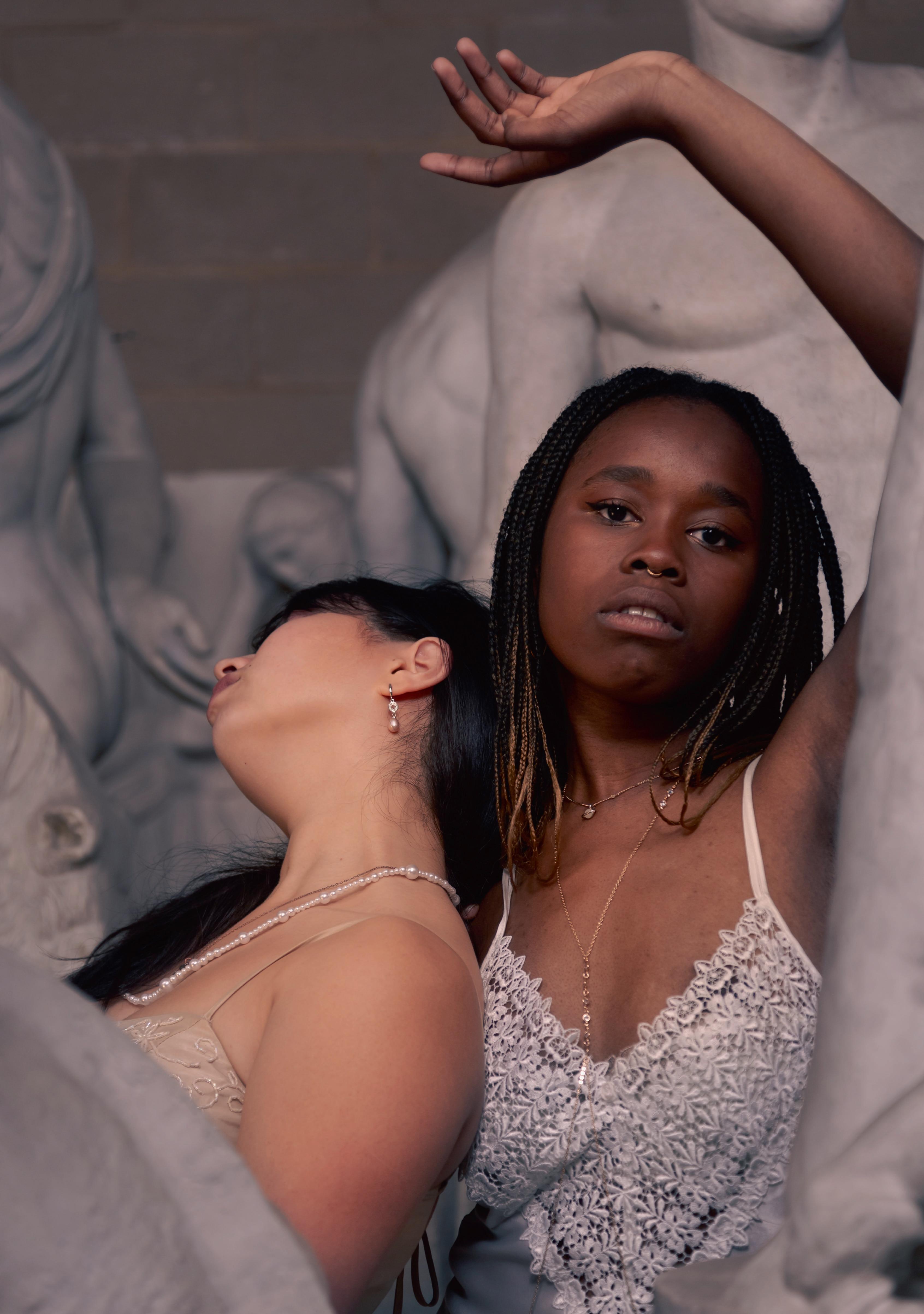

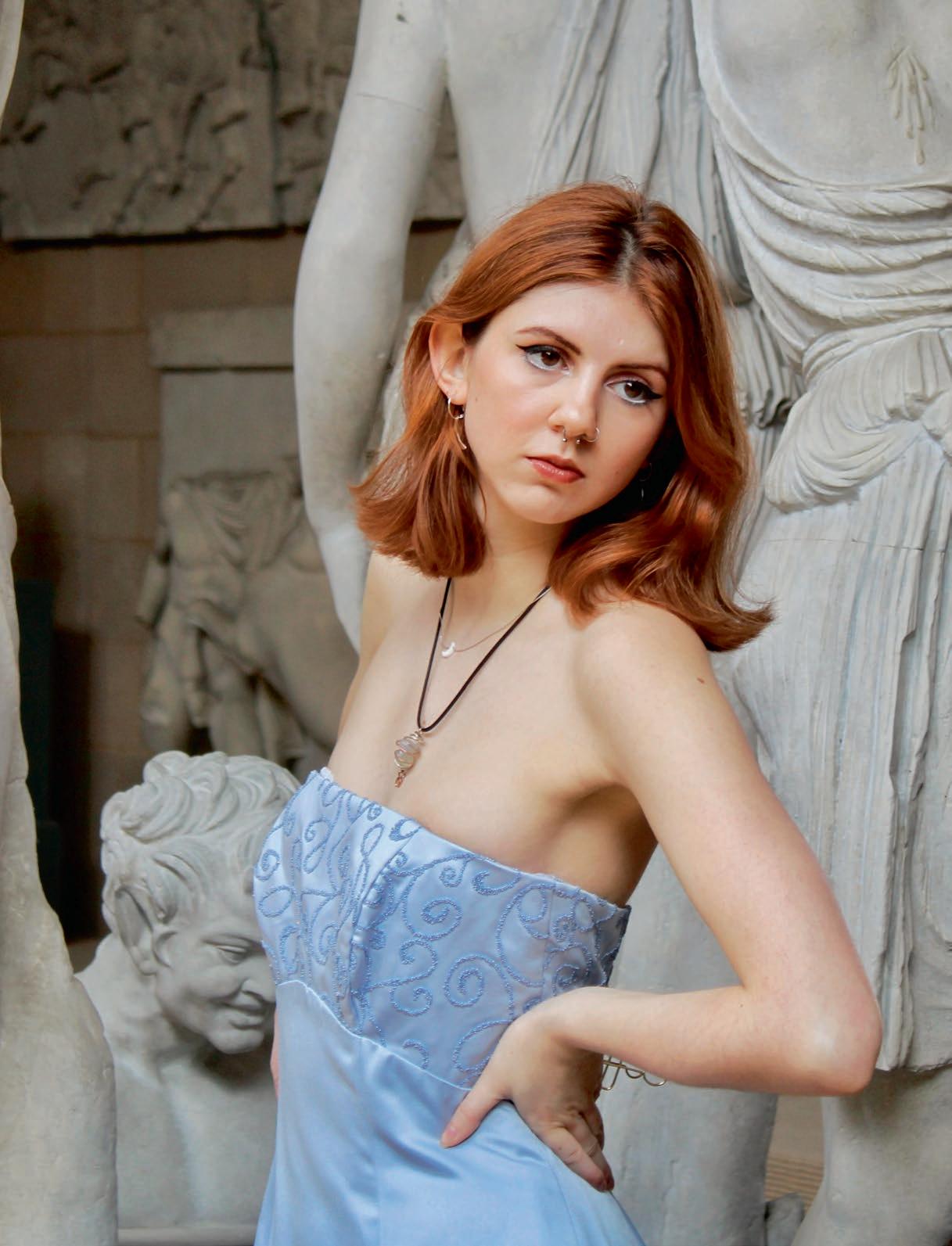
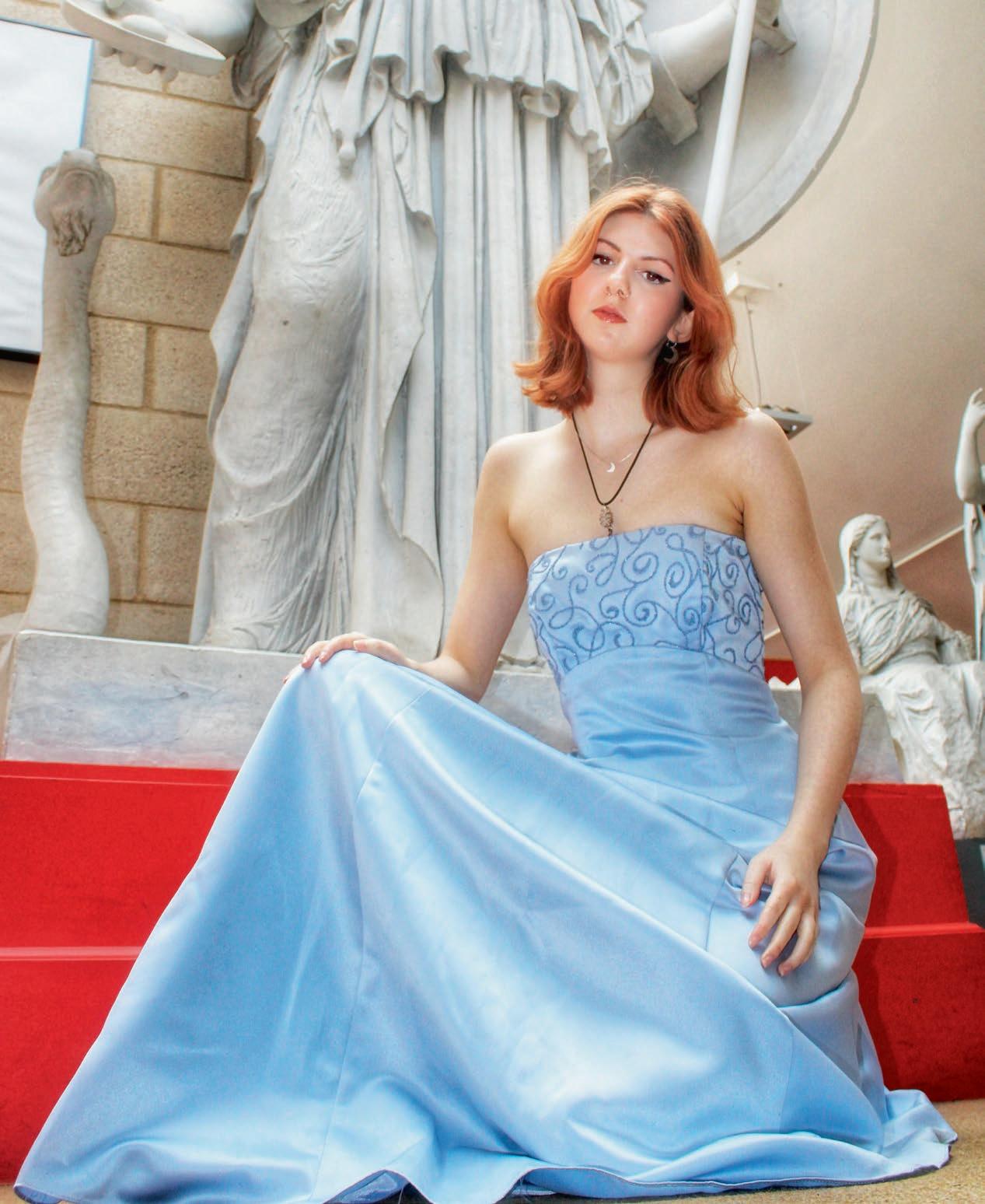
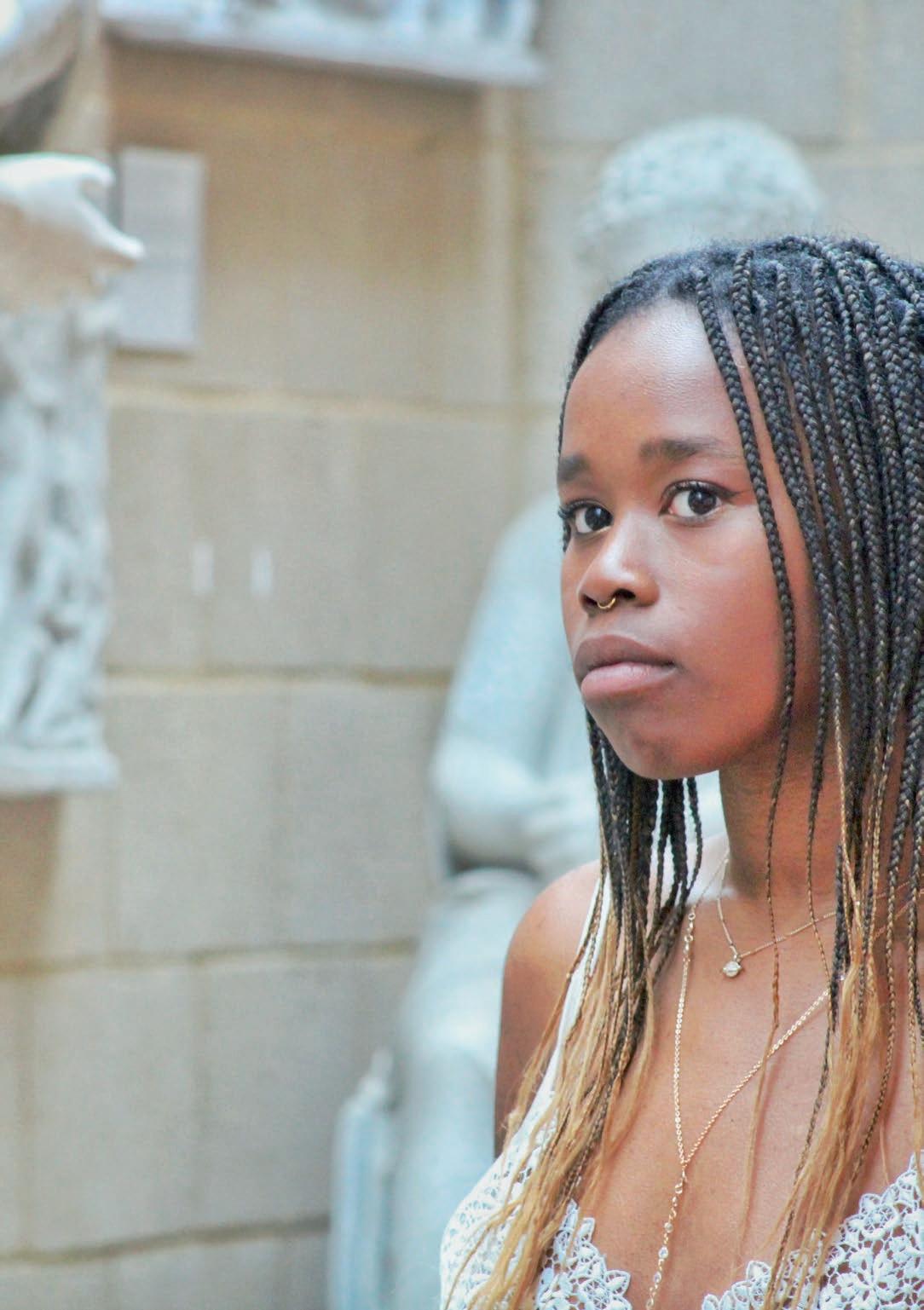
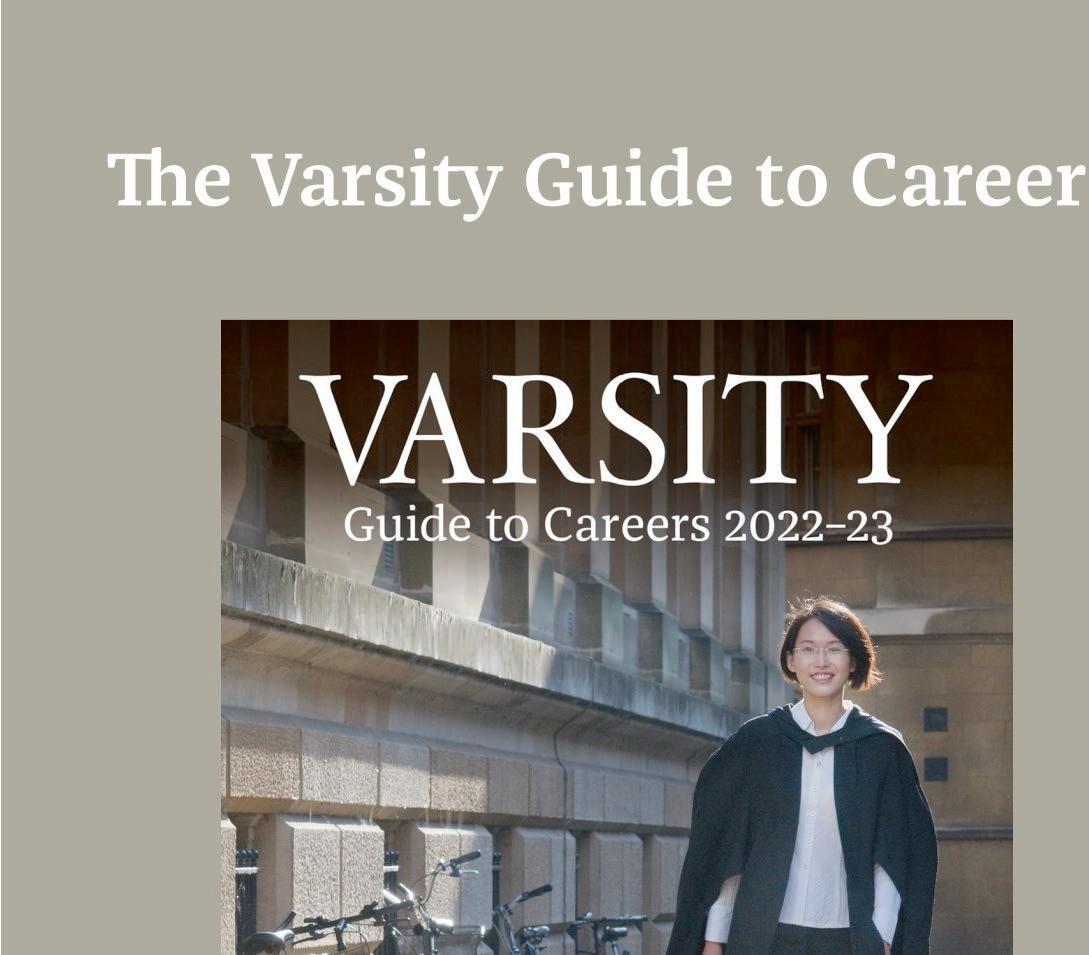

Photographers:
Tomos Davies
Reva Croft
Models:
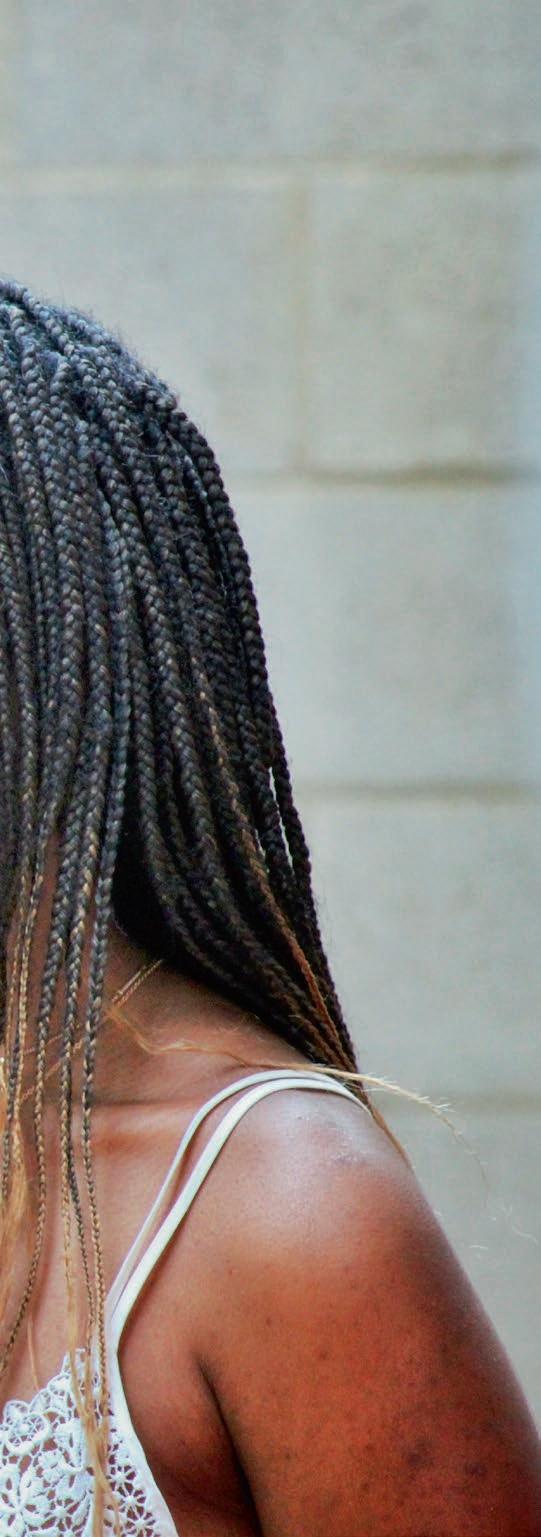
Isabel Dempsey
Beatrice Coulter
Nyahalo Tucker
Amelia Ya Wen Mitchell
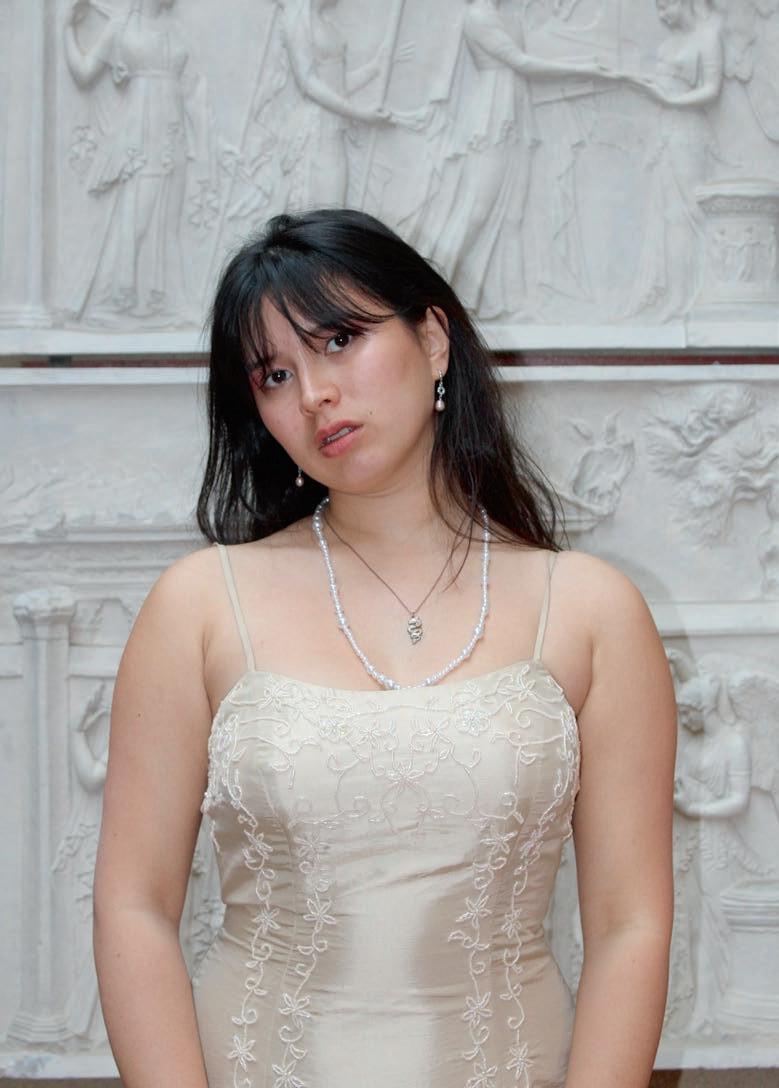
Joe Caygill
Katerina Long
With special thanks to the Faculty of Classics’ Cast Collection
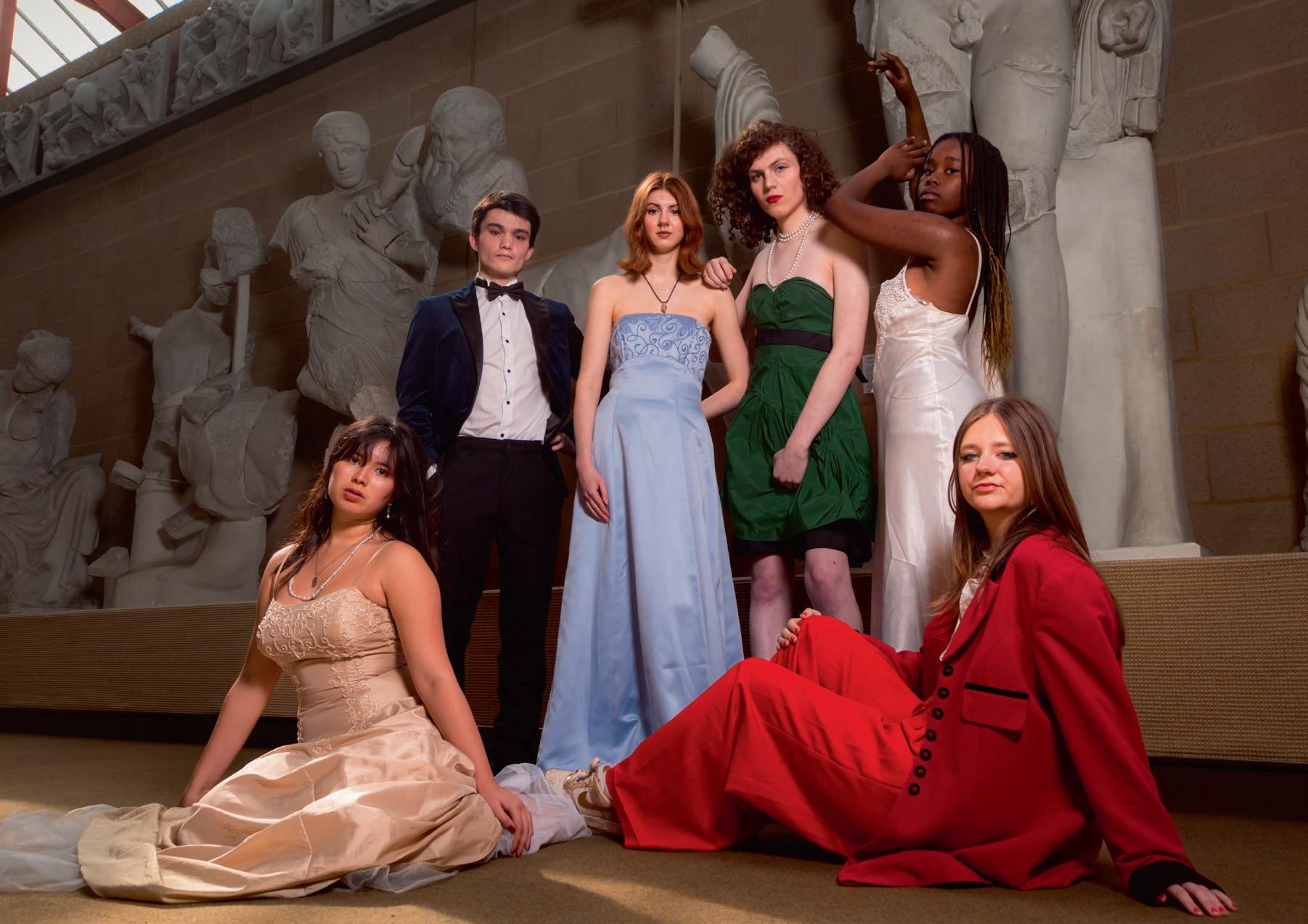
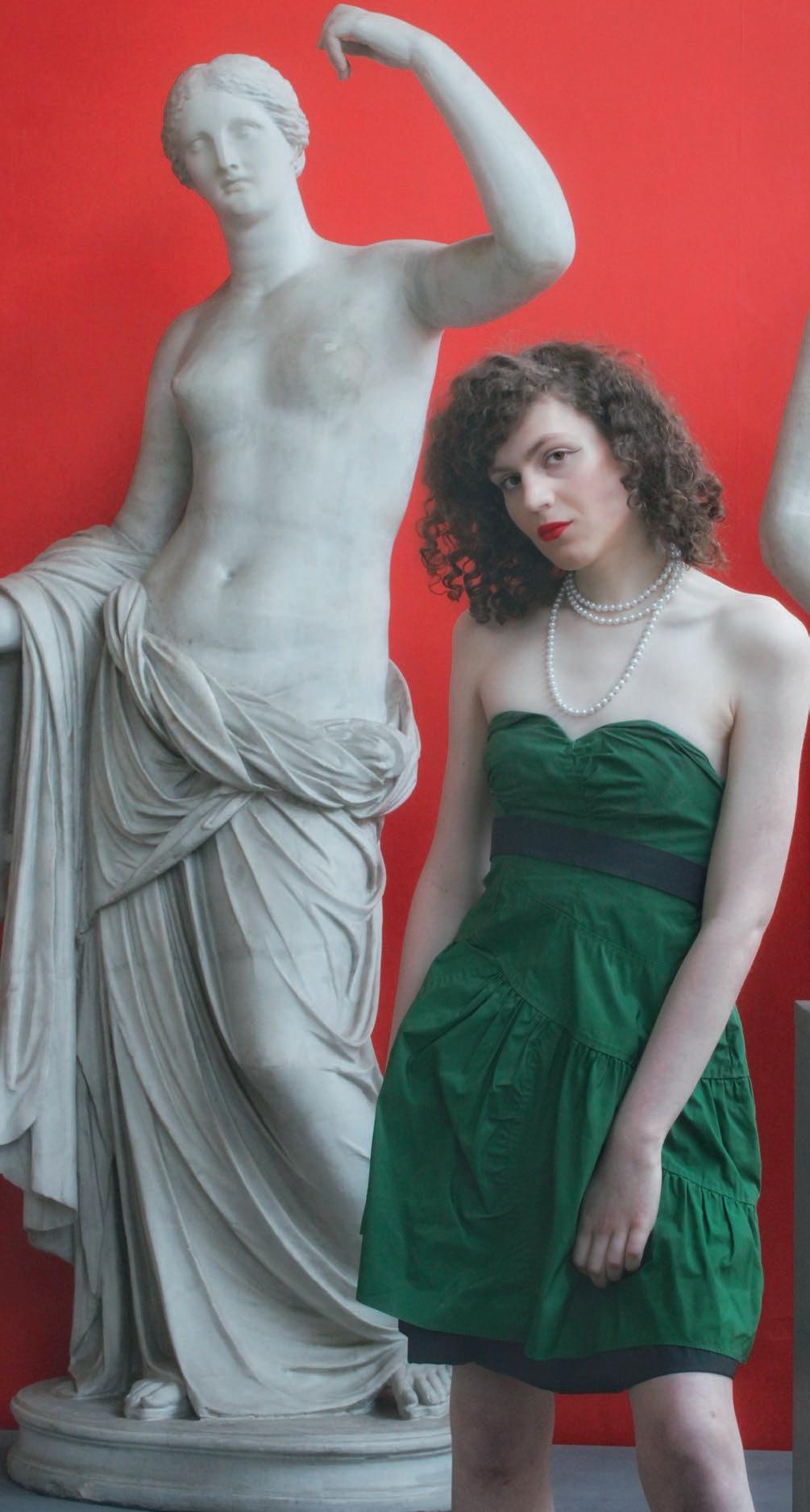
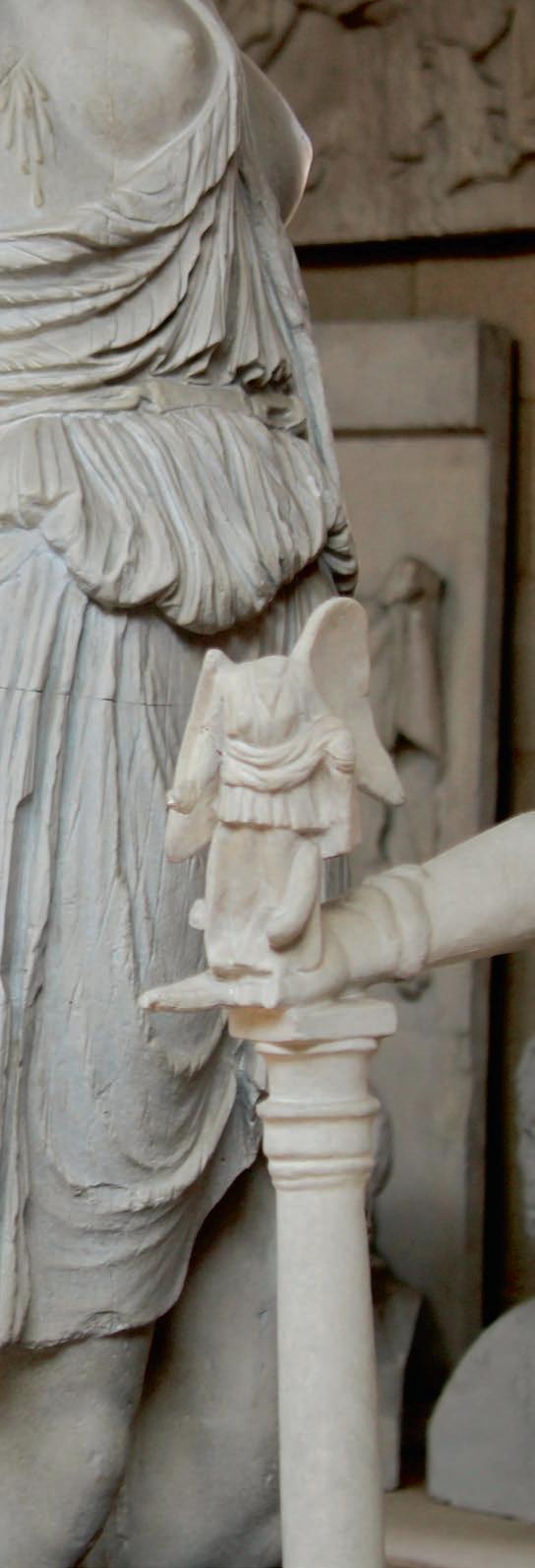
othing epitomises Cambridge like a May Ball. The planning, ticket releasing, manic ticket exchanging, and eventual attending in May Week creates a thread throughout the three terms at Cambridge. e year builds towards them, and afterwards, the year at Cambridge is complete.
Given that the events are well on their way to being a 200-year-old tradition, it’s hardly surprising that these are the most sought after – and most highly priced – of any student-run event in Cambridge. Varsity found in 2015 that Trinity’s May Ball had a budget of £286,000 – an astounding number that remains re ected in their prices passed on to guests.
Tickets now vary hugely in price; Girton, Homerton, Robinson, and several other colleges have been selling their tickets for around the £135 mark this year, whereas the likes of Trinity o er a double to their own students at £410, or £485 for students at other colleges. John’s has produced the most expensive tickets of the year, at £210 for a member’s single, or £260 per external student. At an already eye-watering price, you’d probably be disappointed to nd out that it’ll set you back another £80 to fast-track your entry, £125 to have a formal meal at the start of the evening, and £50 for your breakfast the next morning. With the possibility of spending over
£500 on one event, you might not be in the mood to fork out for a new out t for the occasion as well.
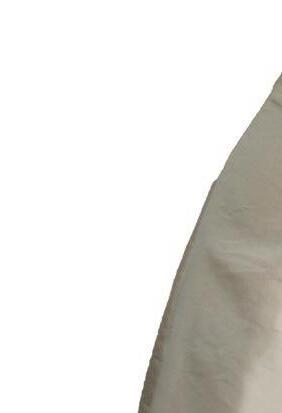

Dress code guidance on the Trinity College May Ball website states that “those who are not properly attired will not be allowed entry into the ball”. If the reputation of May Balls wasn’t incentive enough to dress to the nines, the risk of getting turned away from an event that leaves your bank account looking worse for wear certainly turns up the pressure. However, after spending a small fortune on a ticket to a one-night event, splashing out on a new out t that will likely collect dust at the back of your wardrobe only to be sporadically resurrected over the years seems extortionate, indulgent, and frankly, unnecessary. Renting, re-wearing, and rebranding o ers a reasonable middle ground: embracing Cambridge tradition without breaking the bank or turning to fast fashion. Navigating May Week fashion can be a daunting challenge, but why repurchase when you could rewear, rebrand, repair, or rent?
Wear-once shopping culture is being replaced by a new model – renting. Renting provides the dopamine rush of new clothes, without the extortionate price tag, valuable wardrobe space, or environmental footprint. Renting May Ball out ts from other students is coste ective and convenient, without the hassle of delivery costs (although there’s something to be said for cycling to Girton and back to secure your ballgown). e growing popularity of renting May Ball dresses on Balldrobe re ects the prospering fashion rental industry more broadly, with the rise of companies such as Hurr and By Rotation and even fastfashion brands such as H&M now o ering rental services. As usual, Camfess was quick to condemn those renting items, deeming the practice “cop behaviour”, “semi-landlordish” and “just a bit odd”.
e events consume so much time in planning and execution, uphold tradition, and in particular cement the





















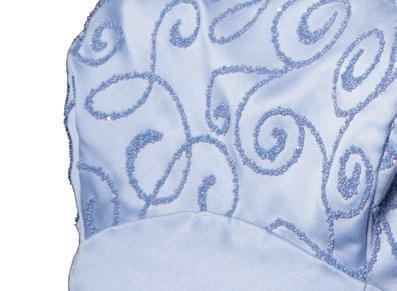


















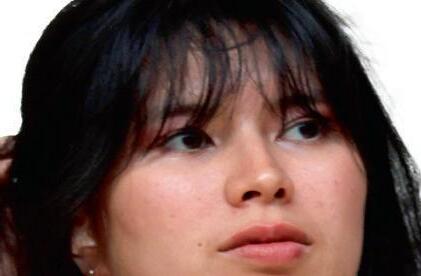








University’s reputation for overwhelming excess and luxury like nothing else. ey aren’t, however, solely exorbitant. John’s and Trinity still sell tickets in pairs, serving as a constant reminder that these tickets were originally only available for male students to purchase, and the second ticket of the pair would be for the woman of his choosing, worn on his arm as a sort of


accessory. Traditions are starting to change: Darwin’s announcement of the rst all-vegan May Ball has sent shockwaves through the Cambridge community. Maybe May Ball fashion can toe the line between the upholding of tradition and the radical change needed to update how we shop for these events.
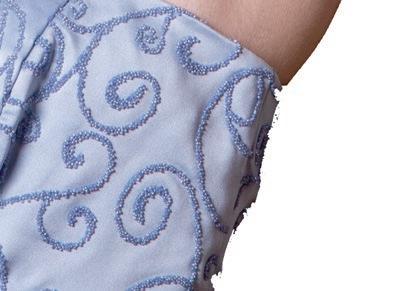




For better or worse, the May Ball has remained an institution and major event in the Cambridge calendar. ey embody the exuberance, ceremony, and extravagance that so signi cantly contributes to Cambridge’s reputation. Is the dress code archaic? Certainly. But is there room for adaptation and nonconformist fashion? Ab-

a new out t seems extortionate, indulgent and frankly, unnecssary
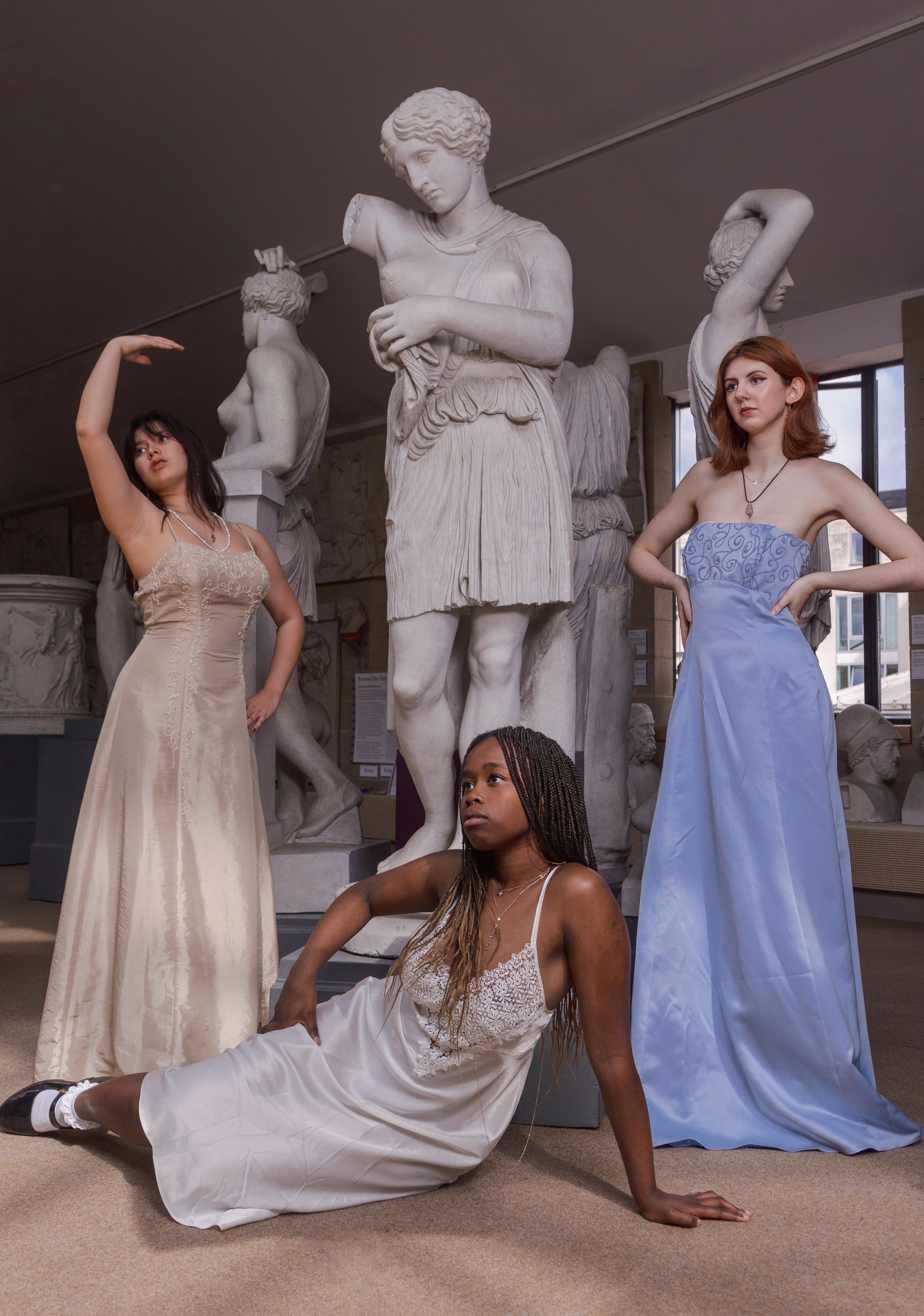
The best new writing and art from the students of Cambridge University & Oxford University

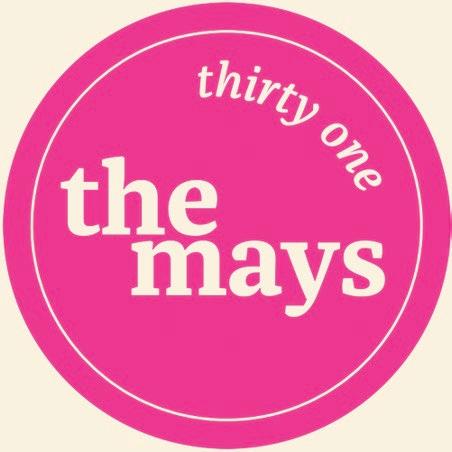
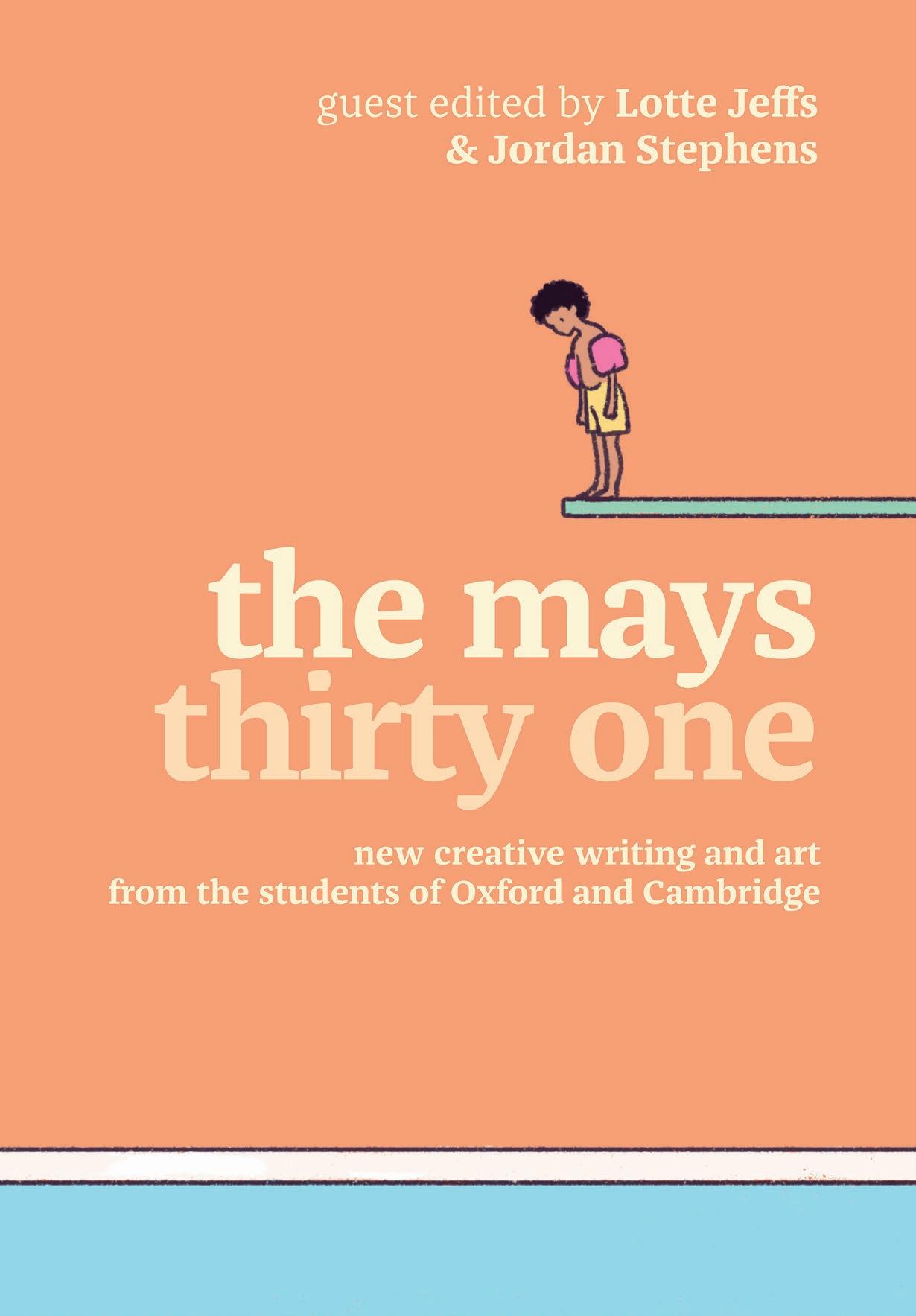
GUEST EDITED BY LOTTE JEFFS & JORDAN STEPHENS





If you were to somehow break into my college room and pop open the drawer beneath my desk, having waded your way through crumpled clothes and overdue library books, you would be presented with a formidable collection of scraps of paper and pocket-sized items. Wristbands from college ents, name places from fancy benefactors’ dinners, programmes from arts nights, postcards from zine launches, and much more. is is only a selection of the Cambridge paraphernalia I have acquired over the past three years.
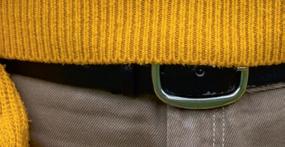
I could put such tendencies down to my sentimental personality (yes, I do say a heartfelt “goodbye” to my room at home before leaving for a new term at Cambridge), but I don’t think I’m exceptional in this desire. Material items are fodder for humanity’s nostalgic posture. I have a friend who collects menus from every formal he’s attended, A5 sheets swirling with puddings and wines pinned up on his posterboard for all to see. I know another third year whose cutlery collection is bolstered by the spoons used in Hall, fancy silverware tucked in amongst his own less ornate utensils. And not to mention those who are drawn to accumulate stash representing every society they may be even tangentially connected to.
In-and-of themselves, however, it might seem that these objects don’t mean all that much. Menus are printed en masse, wristbands serve the wholly functional utility of getting you into a venue, and those programmes go out of date as soon as the events they detail have passed. And we’re Cambridge students. Surely we shouldn’t care so much about material things? What matters is the matter of the mind: intellectual objects, philosophical objections. Right? Maybe not.
After three years of studying theology, I cannot help but see the theological resonances in our obsession with material things. Western minds often conceptualise religion as purely a matter of belief, but this fails to recognise that as embodied creatures, our encounter with the world is as much physical as it is spiritual. We see something of this in the Christian sacramental tradition. Bread, wine, water, and oil are the ma-
terials that make present past memories, by re-enacting the resonant stories they hold within them.
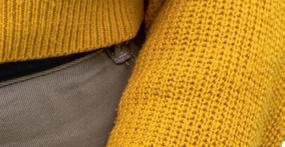


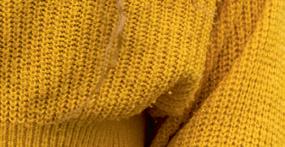












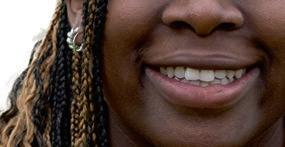


And it is not just what those things represent which captivates us. It is the things themselves. Don’t get me wrong: I don’t see such observations as evidence for the condemnation of a woefully consumerist, materialist culture. Rather, this is an ode to our love for the material, because it is the substance both we and our memories are made of.
When I look at my obnoxiously bright red netball dress, I’ll remember how it felt to narrowly beat Jesus in a thrilling game When I hold those fraying paper wristbands, I remember serving drinks behind the bar at numerous college bops, the lyrics of Robbie Williams’ ‘Angels’ (the closing anthem of every John’s ent) seared into my mind. And perhaps one day I’ll come across the name place l or menu from my matriculation dinner all those terms ago, and marvel at the timid excitement of 18-year-old me. She hadn’t yet studied all the eology she would come to cherish; she hadn’t yet met all the people she would come to love.
I like to think of myself in 20 years’ time, pulling out a memory box from under my bed. I sift through the dust and nd in concrete form the narrative of my time at Cambridge. But that sepia-tinted image is troubled by a more profound truth. In collecting some items, and throwing away others, we construct a particular story of our time in these hallowed halls. For every formal menu we collect, there is the stinging pain of a meal we were invited to. For each May Ball, or Varsity Trip poster that hangs on a wall, there is the unspoken echo of the times we have not had fun at Cambridge –the times in which we have re-
ally struggled. And perhaps I’m sentimental for the notes I made for my rst ever supervision, but I probably won’t look back fondly at the hastily typed essay submitted late at night with not much sleep.














































Material matters to us, but it can also deceive. Its presence sparks memories, but makes invisible those thoughts we would rather left un-‘recollected’. And I can’t help but think that despite its power, there is something missing in the material. e paraphernalia I collect will one day fade away. Inevitably, I’ll accidentally leave behind a bag on a train, or I’ll spill water over my formal menus, and they’ll decay. I might rip my college stash or have it end up in a pile of mud. It won’t last. Even the articles I’ve written, like this one, will ebb with the tides of history, and the words I’ve spoken in supervisions will only last as long as a professor’s memories.
All in all, that might sound like a pretty bleak vision of things, but I take comfort in the precious fragility of our material, and the vulnerability of our memory. I’ll treasure those items for as long as I have them, but I know I won’t have them always. e Bible says it best: “Do not store up for yourselves treasure on earth, where moth and rust consume and where thieves break in and steal; but store up for yourselves treasure in heaven, where neither moth nor rust consumes and where thieves do not break in and steal. For where your treasure is, there your heart will be also” (Matthew 6:19-21 NRSV).
So, on the cusp of graduation, I look back on my time at Cambridge with a full heart. Perhaps it doesn’t matter too much what material I keep and what I chuck in the bin. Experiences are made concrete in the person they challenge you to become, the story they narrate of who you are. Who I am. And that’s something I won’t be forgetting any time soon.
The master of Christ’s has had quite the career. After graduating from Cambridge, he joined the Foreign and Commonwealth Office in the early 1980s. Since then, he’s held more positions than I can count, before retiring upon the merging of the Foreign O ce and the Department for International Development in 2020. But he has recently begun his most important role yet: controlling the raucous students of Christ’s.

Simon McDonald studied history at Pembroke, and I open the interview by asking how his experience of Cambridge has changed from when he was an undergraduate here.

“It’s weird”, he tells me, “because in some ways, the place looks just the same.” But, while some aspects are familiar, others are “completely di erent.”
When he was an undergraduate, the college was single-sex – but “all the colleges that used to be all men are now mixed”. is gender balance is also reected in the fellowship, he says: “In the early 1980s, Christ’s was already mixed, but there were very few female fellows”. Now, “while not quite 50-50”, he tells me “it’s 50-50 for clout within the fellowship!”
It’s not just this that has changed. “ e rhythm of the college is di erent”, he says – there’s less of a sense of college community, per se. “Fewer people live

If you had to be the master of another college, which would you choose?
A ridiculous question! Christ’s does exist, and if it didn’t exist, I would wish it to exist. I’m sticking with Christ’s.
e best and worst thing about being a head of a college?
In theory, I know what the worst of the job might be – and I hope I never have to deal with that. But tragedy is possible, and Cambridge is not exempt from that. Heads of House have to deal with that when their college is a ected. I hope never to have to do that. But, in advance, I would say that would be the worst.
in college, and more people have other things in their life away from college.”
I ask Simon how his degree in History shaped his career. “History was useful to me every single day in my career in the Foreign O ce”, he tells me. It was invaluable in shaping “the discipline of dealing with multiple sources and sifting through contradictory evidence”.
“ e raw material, that a lot of my job was dealing with, was countries that used to be part of the British Empire – studying how the Brits acquired that empire and how they lost it was in the background” of all of his work. So, too, were his studies valuable in understanding the “historical aspects” of relations with the US, Germany, France and others. “History felt to me like a very practical degree for someone interested in diplomacy.”
Since graduating from Cambridge, Simon’s been on to have an illustrious career in foreign diplomacy – when I mention this, he tells me that he’s visited 144 countries! I ask him what his favourite experience was, and he laughs. “It’s too hard, too hard!” he protests. He tells me about his job as permanent undersecretary in the Foreign O ce, where he headed a service that spanned 170 countries. Here, part of his job was “to go and see the team on the ground”. As he travelled, he compiled a list of places he was determined to take his wife. e four places at the top of that list? Cuba, Cambodia, Namibia and Saint Helena. So far, they’ve only managed to
visit Cuba – which, I remark, leaves plenty of options for future holidays!
As a diplomat, you’re not just the representative of a state – you’re a person, interacting with some of the most important gures in global politics. When I ask about his most memorable
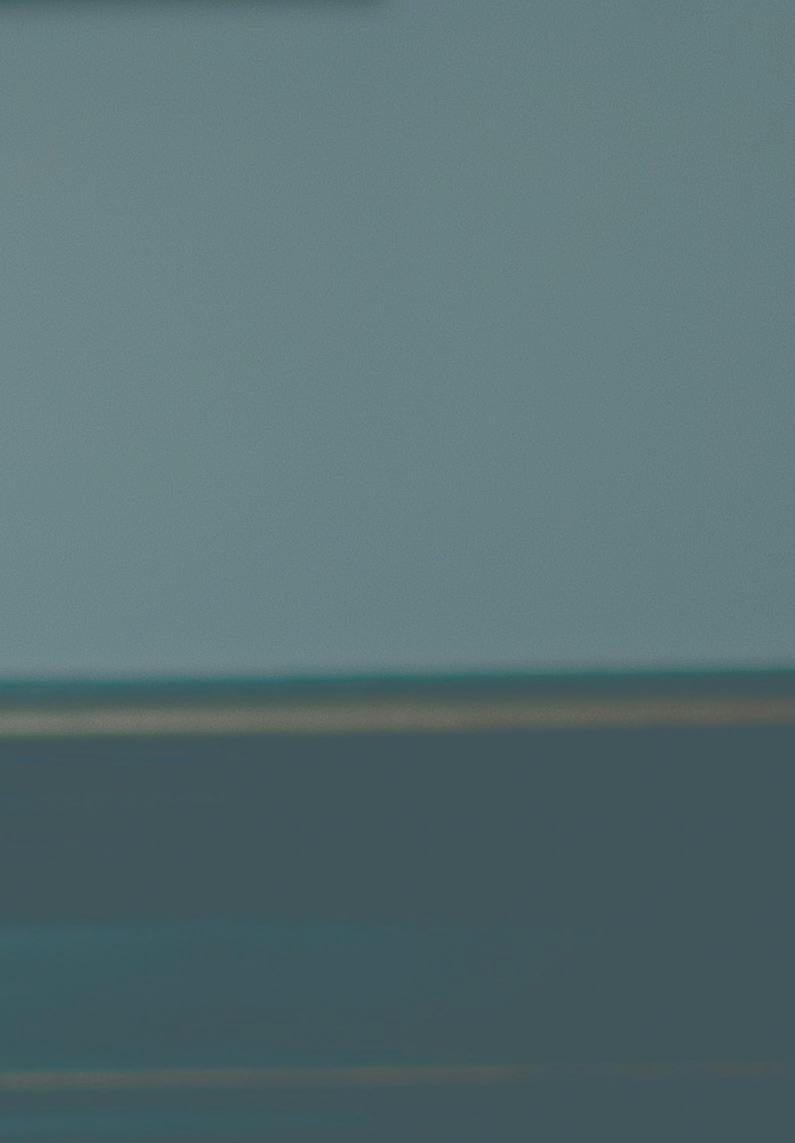
Why did you take the job of master at Christ’s?
experiences in diplomacy, he immediately mentions: “a oneto-one meeting with Colonel Gadda ”, the former head of Libya, leaving me in disbelief. “ e meeting took place in Gadda ’s compound in Tripoli – in a tent!”
Sitting in the
I think that’s the wrong verb – it wasn’t o ered on a silver platter; I applied. It took longer to become a Head of House than it took to become a permanent secretary in Whitehall. But I applied because I liked the look of the job, and working with young people in beautiful surroundings. At the Foreign O ce, one of the things I most enjoyed was meeting new entrants. Very bright young people at the beginning of their careers, open, uncynical – and this seemed like that experience cubed.
tent, Simon could see the building destroyed by the Americans during a raid in the 1980s, in which Gadda ’s daughter was killed, through the opening – what Simon calls: “an unsubtle reminder by my host of the complicated history between Libya and Britain.”
After hearing all these varied stories
from his career, I ask what advice Simon would give to students keen to enter into the world of diplomacy. “Study hard”, he says, warning: “the Foreign Ofce is a very popular job among British graduates”. When he was in o ce, there were 23,000 applications for about 60 places. “ e Foreign O ce is a buyer’s market – and one proof of being very good is a very good degree”.
But it’s not all academic: “Diplomacy is about the wider world. So work overseas and learn foreign languages, take an active interest in international relations, and if you’re rejected – reapply! Persistence is noted”. According to Simon, all of this will help any application stand out amid the other 23,000.

Bella Shorrock & Joseph Du y interview the master of Christ’s
e meeting took place in Gadda ’s copound in Tripoli – in a tent!
he past year has brought us many historic events: the passing of her majesty the Queen and the coronation of her Cantab son, for one – while also having provided me with some of the worst dates I have had the misfortune to be on.
Dating beyond the reality checkpoint could be described as a herculean feat. Rather than nding the love of your life or potentially someone to copulate with – one nds themselves in the predicament of attempting to navigate the fact that everyone knows everyone within the Cambridge bubble.



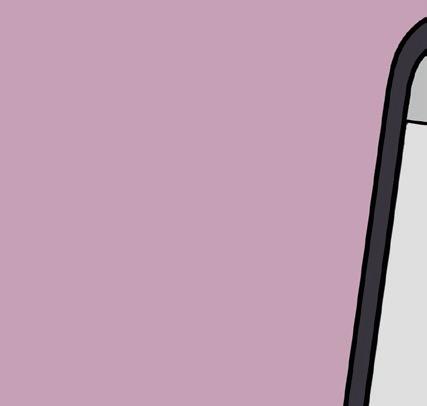










e folklore perhaps rings true that you are only ever two people away from someone you have slept with in this town. ere is a delightful parallel to be made between this myth and only ever being six feet away from a rat. Ironically, six feet is the minimum height I have set my Hinge preference to – an excellent segue (if I do say so myself) onto the theme of this piece: dating apps. e necessary evil we must all grapple with in the weeds of dating in 2023.
e app-based phenomenon adds a hefty bit of debauchery to the quagmire of dating anyone in Cambridge. It is at my own peril that I set my location to CB3 upon matriculation. I should have noticed the blinding red ags of this error when my rst Hinge date gifted me a tin of baked beans on meeting (fear not, it was Heinz). Unfortunately the dates have only gone downhill from there (with not even a baked bean in sight to aid the sad sausages we’ve had to contend with). And thus, to make us feel somewhat better about our dismal dating despair, we have opted to transform comedy to tragedy and select some of the ner shenanigans to share with you.
Tgranny smith infused gin-and-tonics, I pottered back to his college where conversation continued to ow merrily. However, the rst jarring incident occurred when the chap in question had identical bedding to another man I had recently “seen”. Despite me trying to suppress the shock at the sight of another bedding set adorned with stags (if this
doesn’t scream


hands me a set of pyjamas. In my now delirious state I uttered the iconic “it

my Hinge dates tend to start in a place which can provide me with an abundance of alcoholic beverages, as a necessity to help see me through the extraordinarily dry chat that some chaps o er up. So, on a balmy April evening, I found myself lurking in the Bathhouse; happily the lighting was so dark that the lack of concealer and the circles under my eyes were completely hidden. I couldn’t tell you in much detail about the PhD student who sat opposite me that eve, as what I encountered next has suppressed all other memories of the even-
My rst tale to provide warning before anyone starts swiping their little heart out is the tale of the a ectionately known, “pillow wall man”. Meeting at the Grain & Hop store on Regent Street, I didn’t realise what was in store for me until all too late.
After the delicious but dangerous
line: “it is rare that a man asks me to keep my clothes on”. If nominative determinism hasn’t happened to give you any clues as to what was about to occur, let me tell you through clenched teeth: a pillow wall, which could give Hadrian a run for his money, was constructed between the two of us, with no signs of life from the other side.
As soon as a glimmer of sunlight broke through the curtains in the morning and the sound of a cat (that I claimed to be the dawn chorus) sounded, I attempted to say a less than awkward goodbye –to absolutely no
ing ending in a construction that Kevin McCloud would be proud of,
While these stories are a little on the hectic side of the spectrum, it perhaps does highlight that, to be a Cambridge student, you may have to be a little eccentric, or it could just highlight my arguably poor taste. I will let you be the arbiter of that. ere is a slight theme that most of













































We all know that M&S have gone “ham” on their branding, and I to bring anyone

back to your room, please hide your Percy rabilia.
It was a set of neatly on a pillow that I was faced with that evening, and now burnt onto my retina. Apart from me questioning my faith in the dating pool yet again, I now cannot enjoy a cheeky Percy without it leaving a bitter taste in my mouth. At least this suitor didn’t ask me to put the pyjamas on.
that image is









































































































For a bit of variety and to prove that it is not just me (I swear there is something in the water from the Cam), Vulture

He made a pillow wall that could give Hadrian a run for his money
“
Editor Emily Lawson-Todd also shares a particularly unique experience of the Cambridge dating scene.

Like every good party, every bad date usually has a surprise. Sometimes the surprise, while truly ick-worthy, is benign, such as realising your Tinder date is a Camfess top fan, or that they own a college-branded scarf. However, in the case of one of my more unfortunate dates, the surprise was a little bit



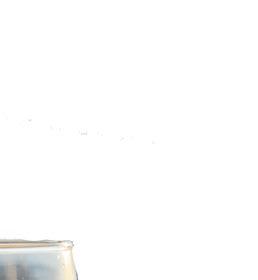
showed me photos of him wearing robes while on his gap year in mune in where; in a way that was a little too eager for someone
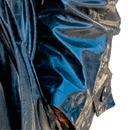
ally admitted that he spent six months in the mountains
I thought gap thing posh people selves” (i.e. develop a personality outside act
For about half an hour, ing to be the next “virgin” sacri ce and mentally duce the cult leader in an “if you can’t beat them, join
ed that this would not be my fate, telling me over text that it seemed as if “I was judging him for vaping”. Hmm, yes. It was de nitely the vaping that



























































lous to be true, then you clearly have not been so desperate as us to form any kind of human contact that you have found yourself in one of Dante’s levels of hell; Hinge, Tinder or
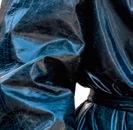

tion can throw a rogue individual onto your path, the Cambridge bubble does allow for things to become a little more unhinged. If you are one of the rare few to have somehow fostered a blooming (and Bumble-free) romance in your time here, please do share your secrets to those of us clinging to the hinges of dating sanity for dear life.
It is raining again. Hot mid-May showers bend the tulips on the river bank. is winter-spring is an odd hybrid creature, and summer’s dry heat feels more like a faded memory than an approaching sensation on my skin. Seasonal confusion is an ideal ground for temporal jumps, so I wonder if this resembles how the summerless year of 1816 felt, when the Shelleys and Lord Byron escaped the bad weather to write ghost stories together in Switzerland. at year did not birth any summer, but it did end up birthing Frankenstein. Some years are for peaches; some are for ghosts, and ghosts have longer shelf lives.
Daniel Hilton


Jumping back to the rainy present, I am at the coronation picnic, standing shielded under the Nevile’s court cloisters, watching the rain pour on the lawn. rough my third coronation champagne cup, I start to wonder whether the threatening omens of my friends in my home country have become true, and I have indeed found myself in the land of cold winds and monarchical pomp. For there was little I knew about England when I rst landed at Heathrow on the 5th September 2021: I did not know who Chris Whitty was, nor that cash payments were a far-forgotten element of human trade, nor that Friday was for greasy sh. Naively, I assumed Yorkshire pudding to be a dessert and for people not to be constantly lying to each other for a weird, decorous gossip culture. One thing I did know, however, was that this country had a rather old Queen. And not to say that my arrival was the catalyst for the third Carolean age, but my degree has certainly proven rich in monarchal shifts. is realisation, which might be obvious to many, escaped me until the evening of Saturday the 6th May, when my roommate and I were trekking back to college, equipped with Sainsbury’s nest and most fragrant soup (tomato and basil). Our college’s great gate was suddenly ooded with uorescent lights, constructing a multicolour hologram of King Charles III’s face. It was then that I started slipping into re ection on how the hell I stumbled upon this timeline.
Immigration often feels like an intru-



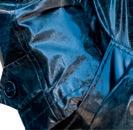


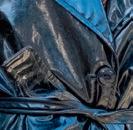









sion into a di erent parallel life. Even with language, I felt like I was performing a pantomime of my thoughts. Local expressions often felt like trying on costume accessories. And yet, costumes quickly became a second skin, as my essay plans, grocery lists, and even personal conversations all slowly moved into English, I eventually found myself loving, ghting, and laughing in English.
e last straw was when my infamous dreams, which my friends have often heard me recount in detail over countless breakfasts, started featuring English speaking serpents and walls. Hebrew and French slowly faded into my mind into a sphere of memories and intimate thoughts. If my rst year in England felt like a subtitled life, this year I nally started losing myself in translation.
If this year I spent the coronation sipping champagne in Nevile’s court, before then, these events seemed to escape me more than I was avoiding them. Last year, I spent the Queen’s Jubilee in a train stuck between Stevenage and Welwyn Garden City because someone was on the tracks. And while I was getting stressed and frustrated, I also thought about all the times I took for granted that transportation was completely stopped because Obama was coming around, or because the prime minister’s car was about to pass by, and how we come to accept that certain lives are worth tra c jams and champagne picnics while others are worth nothing until they insist on desperately throwing themselves under society’s wheels.
is is a thought that has re-emerged through my past two years in Cambridge. Cambridge’s jarring wealth gap is a topic which is repeatedly brought up, and understandably so. ere is truly nothing more illogical to the fact that people sleep in castles near people who sleep on the street. Imagination and knowledge, qualities which we all hope to nurture, ourish when they are used to create connections between people, not to tear them apart.
Meg

If you’ve ever had the pleasure of boarding the East Midlands Rail service from Ely to Liverpool Lime Street on your four-hour expedition home from Cambridge, you have my sympathies.
But three important things happen on this journey north. e vast fenlands of the East of England surge upwards into the lush hills and valleys of the Pennines. en, perhaps stereotypically, silence ceases past She eld and is replaced by chatter. Yet the biggest transition happens once the train sputters into Manchester Piccadilly.
Behold the UK’s second biggest city, one that has experienced a radical transformation in the past two decades. Mayor of Greater Manchester, Andy Burnham, who just joined our zoom call, previously described the metamorphosis better than I ever can: “If you want proof that Manchester is changing, just look at its skyline.”
Burnham has been the Metropolitan (or ‘Metro’) Mayor of the city since 2017, the rst to ever take the helm, signalling an end to 16 years in Westminster as MP for Leigh. “I left Westminster in the end because I just realised the system could not deliver equally for all people in all places,” he tells me.
Burnham prides himself on ‘common sense’ politics, such as cheaper fares on public transport, tackling homelessness, and delivering justice by campaigning for a ‘Hillsborough Law’ after the second inquest in 2016. In March, Burnham signed a “ground breaking” new devolution deal, granting Greater Manchester control over its housing, transport, technical education and budget.
Earlier this month, Burnham announced his rst point of action after Manchester was granted the devolution deal- the aptly named ‘Manchester Baccalaureate”. To support the two-thirds of young people do not go to university, the new educational scheme will point students towards subjects such as engineering, business and computer science alongside other core subjects. On the new policy, the Mayor noted, “there has always been a snobbery here, that university and academic is best and with technical education we’ll somehow just let people just nd their own way. We’re trying to x it.”
Does the media professed “King of the North” never tire of trying to articulate so-called ‘common sense’ policies to the rest of the UK? “I feel like I’m trying to get people to hear the issues that don’t get heard in the normal run of things in Westminster and actually in the National press”, he explains. “For example, not
once in the 16 years I was in Parliament did bus fares seem to register. is is what we’re doing, we’re making that London centric system wake up to the reality of what actually goes on outside of it.”
Considering I’m talking to Burnham just after the local elections, he suggests there are “two big reasons” for the Conservative Party’s loss of over 1000 council seats. Firstly, “there’s a real loss of trust. What I picked up as I went around campaigning in Greater Manchester was a very strong feeling of ‘It’s time to get rid of them”. Secondly, Burnham argues “people are increasingly seeing the Labour party as a vehicle for change” but admits Labour’s strategy is “a work in progress”.
On hearing this, I query what policies he would ask for in Labour’s 2024 manifesto. Burnham argues social care must be on the agenda in 2024, asserting that “you cannot have a divide between the way health care is provided and the way personal care is provided in a century
“by the time I was in my third year, yeah, I kind of had my sights lifted in a way that I just don’t think could have happened elsewhere and I felt I could be in the sort of the world where it was most challenging. I’ll hold my own there and succeed.”
I ask the mayor to highlight his best memory of Cambridge. “I need to say meeting my future wife there, don’t I?” Burnham tells me dutifully.
After graduation, Burnham aspired to become a journalist, but was hindered by nepotism and London-centrism. I ask the Mayor why, 30 years on, my situation is almost identical.
“I actually think it’s worse”, he replies. “Certain networks don’t want to break open to talent from outside. It’s quite fortunate if you can arrange the work experience for your son or daughter because you went to a dinner party with the editor of e Sunday Times or the Director General of the BBC, but that keeps opportunities within a certain social set.”
His eventual career in politics was spurred when he began working for Labour MP Tessa Jowell, but politics had long been a part of Andy’s life. Returning to Cambridge after the 1989 Hillsborough Disaster, Burnham says the experience “radicalised” him: “It was almost like it hadn’t happened here (…) it really brought home to me that the country was in fact two di erent worlds.”
when everyone’s going to live longer.” He also says housing must be a priority. “As Mayor, I’ve got a really clear image of just how broken the housing system is. I would say make good, safe housing a human right in UK law.”
Before he was Mayor, or even a politician, Burnham was a oppy-haired Engling at Fitz in the late ‘80s and an
Varsity. Perhaps
With our call coming to end, Burnham tells me “the most satisfying memory was the day of the second Hillsborough inquest, when the verdict was changed from accidental death to unlawful killing”. I can’t help but think about his earlier comment that “you can still make change in what is a very imperfect political system” as he tells this story proudly.
With his time in Cambridge foregrounding that “imperfect system” in Britain, Burnham concedes: “I think on a personal level, the inquest meant the most in that it goes to the heart of my own journey as well.”
pare him for Westminster? Burnham says

I just realised the system could not deliver equally for all people in all places
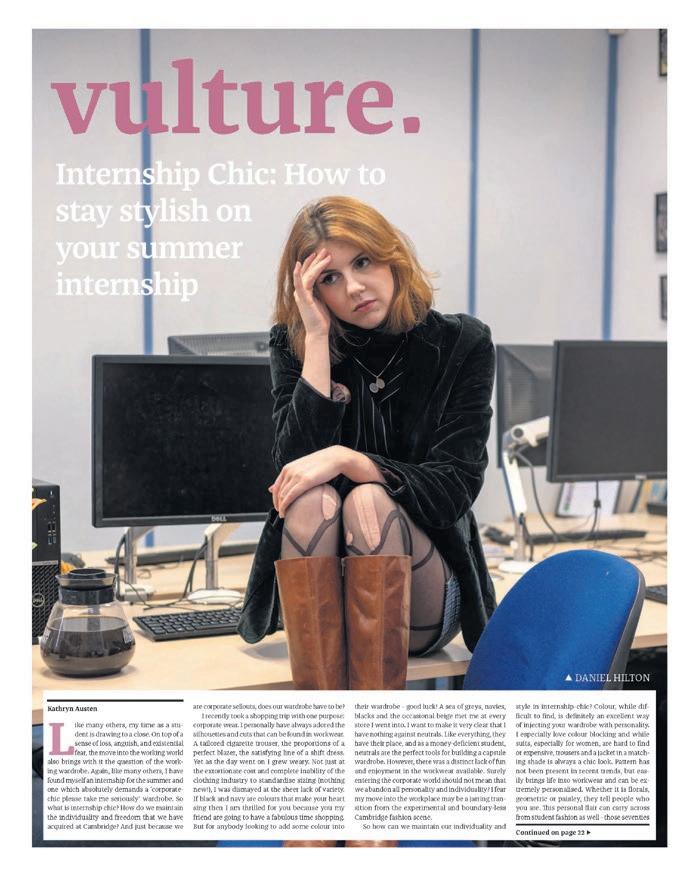

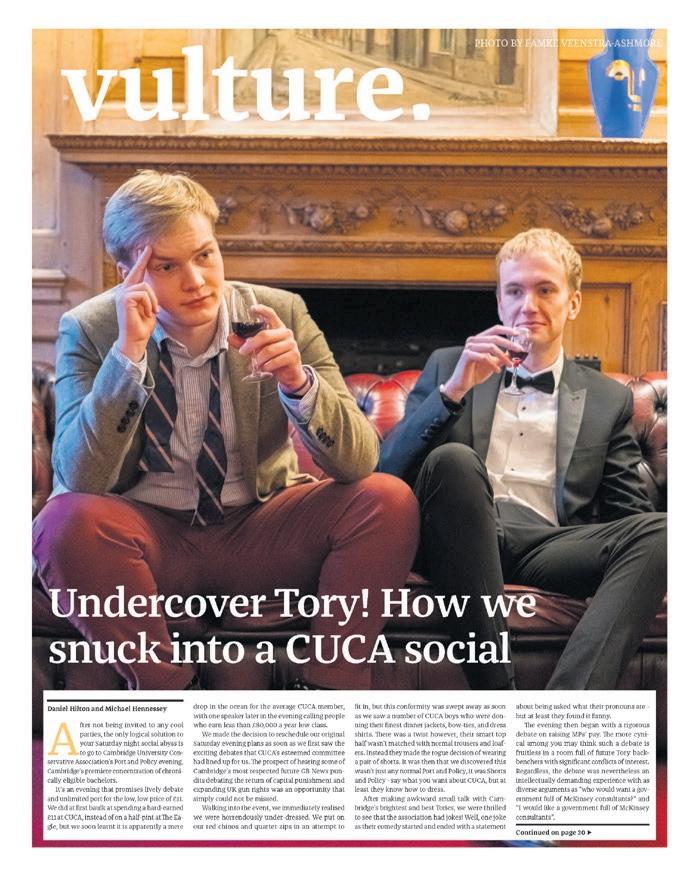
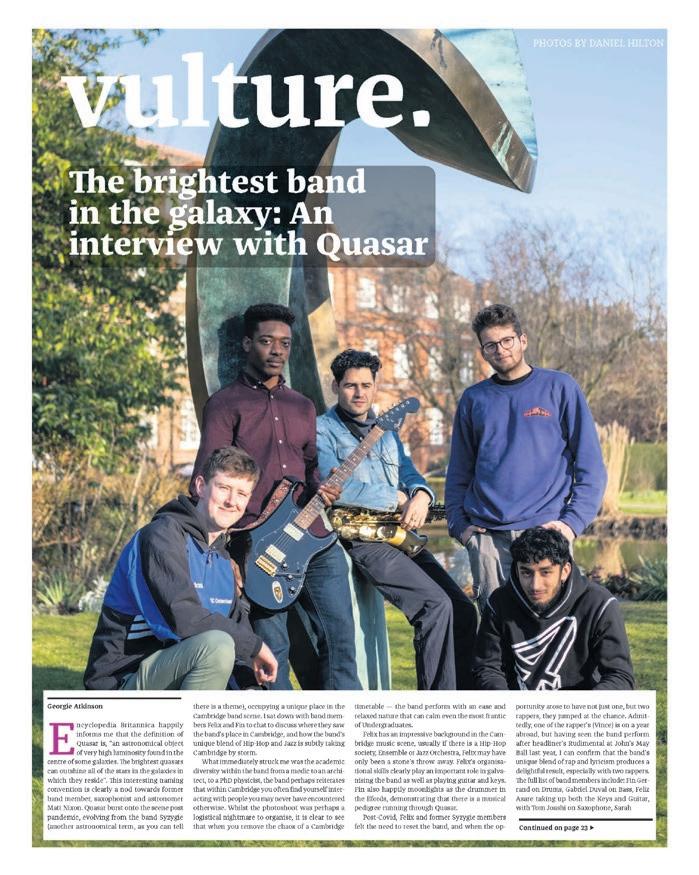


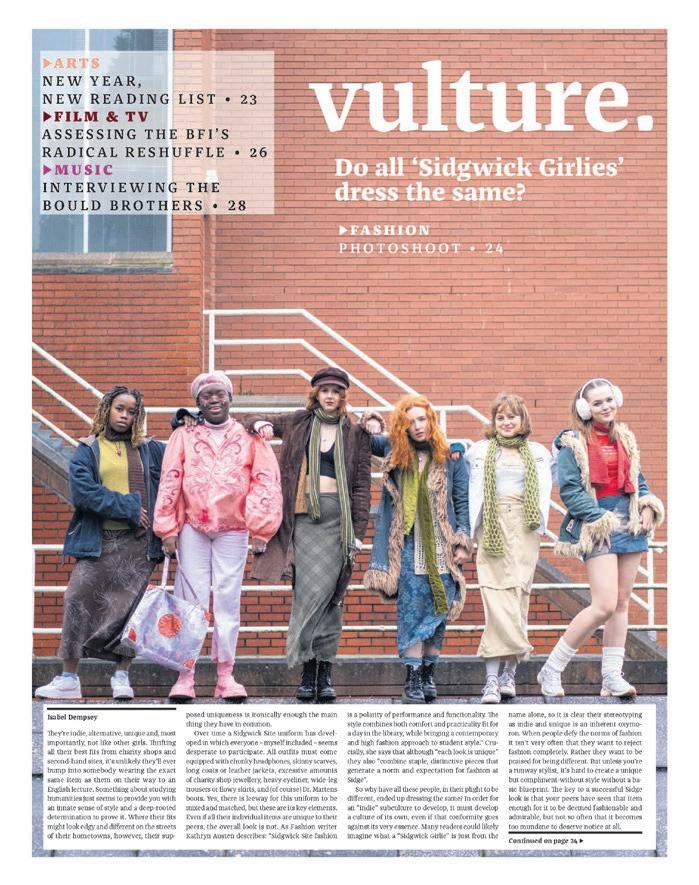
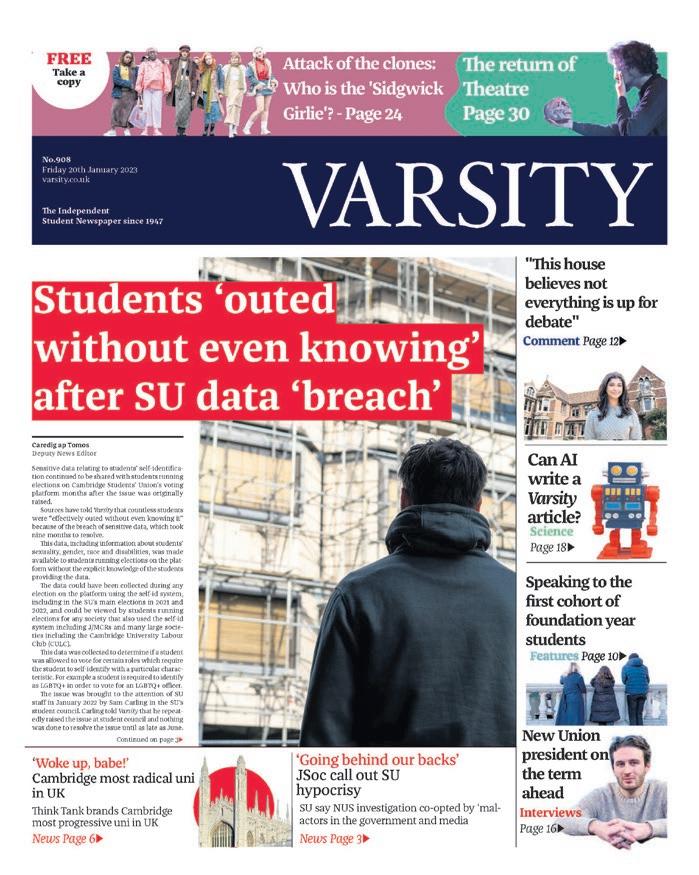
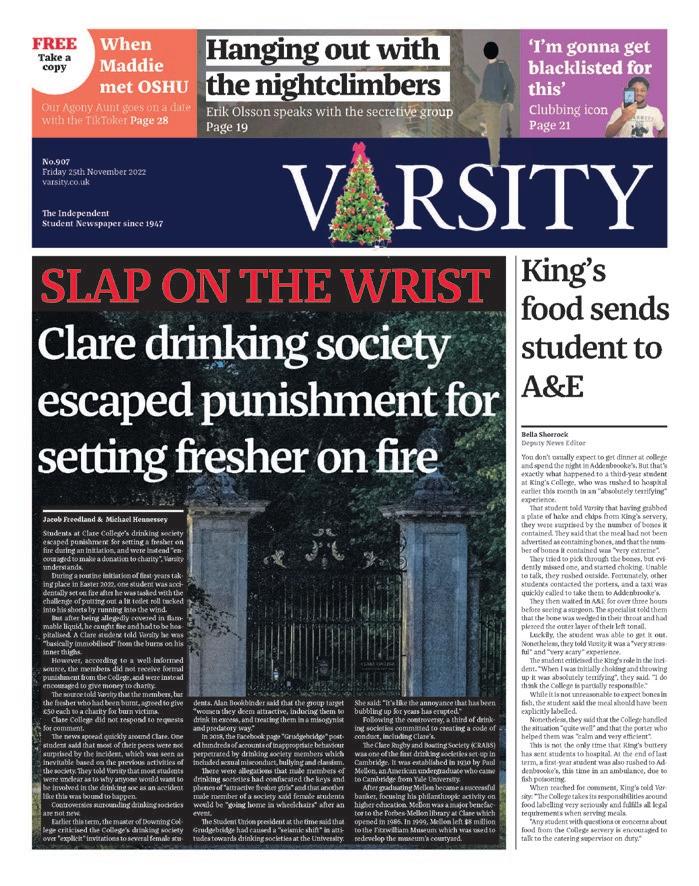
t wasn’t really very girly, girly out there”, was a Cambridge player’s description of a match in which two players were carried off. She was right.
Women can kick each other! Shock in the pages of Varsity, as people playing a contact sport sometimes come into contact with others. That such a usual occurrence as football players getting injured was noteworthy enough to start the most important match report of the year says rather little about the match itself, but lots about the journalistic quality (read: sexism) of the Sports section circa 1990.
The match report from that year’s Varsity match against Oxford was matched in feminist ballast by a later report from a game against Ipswich. Outlining the positives of the performance of the women’s Blues against Oxford, our enlightened writer reminds us: “no dissent, no cynical challenges and plenty of skillful forward play – such are the pleasures of ladies’ football, at university level at least.” The small group of fans who watch the current Blues would likely disagree. Nevertheless, we should give our man some credit, as he boldly argues: “they played the kind of neat close passing game which if adopted in loftier circles, might bring the crowds flooding back to our national game”. Readers with longer memories/history books might quarrel with the idea that a propensity for long balls was the only impediment to the safe and enjoyable experience of a football game in the early 90s, but it’s clear that the women’s Blues were the originators of tiki-taka.
Such high technical quality was undoubtedly the result of the Blues’ exposure to high quality football. Anna, the team’s former left back and secretary, was a committed Arsenal fan. She modelled herself on, er, Lee Dixon. In her defence, she had no female role models
to copy. “There was just not an option. It just wasn’t a thing, like completely zero experience or knowledge of any women’s football”. Likewise, Jane (a thwarted midfielder who captained the Blues from centre-back) had only ever played in the garden with her brothers and before and after athletics training with her friends. Once they got to Cambridge, however, it was a different story entirely.
“I think I was either playing or training six days a week”, Anna recounts, “because you’d be playing for college one day, you might have college practice one day, you’d be playing Blues one day, and then you’d have fitness one day and then have training one day”. Understandably, she says: “it felt like we had a very intense kind of training”, and one, I can personally vouch for, not shared by the current Blues team. Jane, as captain, was in charge of these sessions. A cross-country runner for Cambridge as well as a footballer (and thus the holder of two half-blues, which disappointingly do not make a full Blue), she emphasised fitness in her training sessions. Her teammates “will inevitably say to you: ‘God, Jane was obsessed with running and she’s obsessed with fitness’”, after her training sessions left them with “PTSD from the trees on Jesus Green because we
would like to sprint in between them”. Such hard graft paid off though, and the match report from the Varsity match in her year as captain highlighted: “in the final minutes the Light Blues’ superior fitness began to pay dividends”. It also described Oxford as “more relieved than their Cambridge counterparts at the sound of the final whistle”.
If their performance in the Varsity match was outstanding, the surroundings were perhaps less so. In the late 80s and early 90s, the women’s Blues were completely independent from the men’s club CUAFC, instead playing for CUWAFC. “We had no contact with the men”, nor did they “see any money that they got”, Anna recounts. The women’s Varsity match was not held in the propitious surroundings of Craven Cottage, which was itself (according to an English student by the name of Andrew Burnham) an example of a sharp fall in “the grandeur of the chosen ground”, but rather at St Johns’ sportsground. The team were not put off by the lack of stands and toilet facilities and “got Cambridge University Brass Band to play, so we were trying to make it like an event”. That this event had more in common with a village fete than the FA Cup final was neither here nor there for
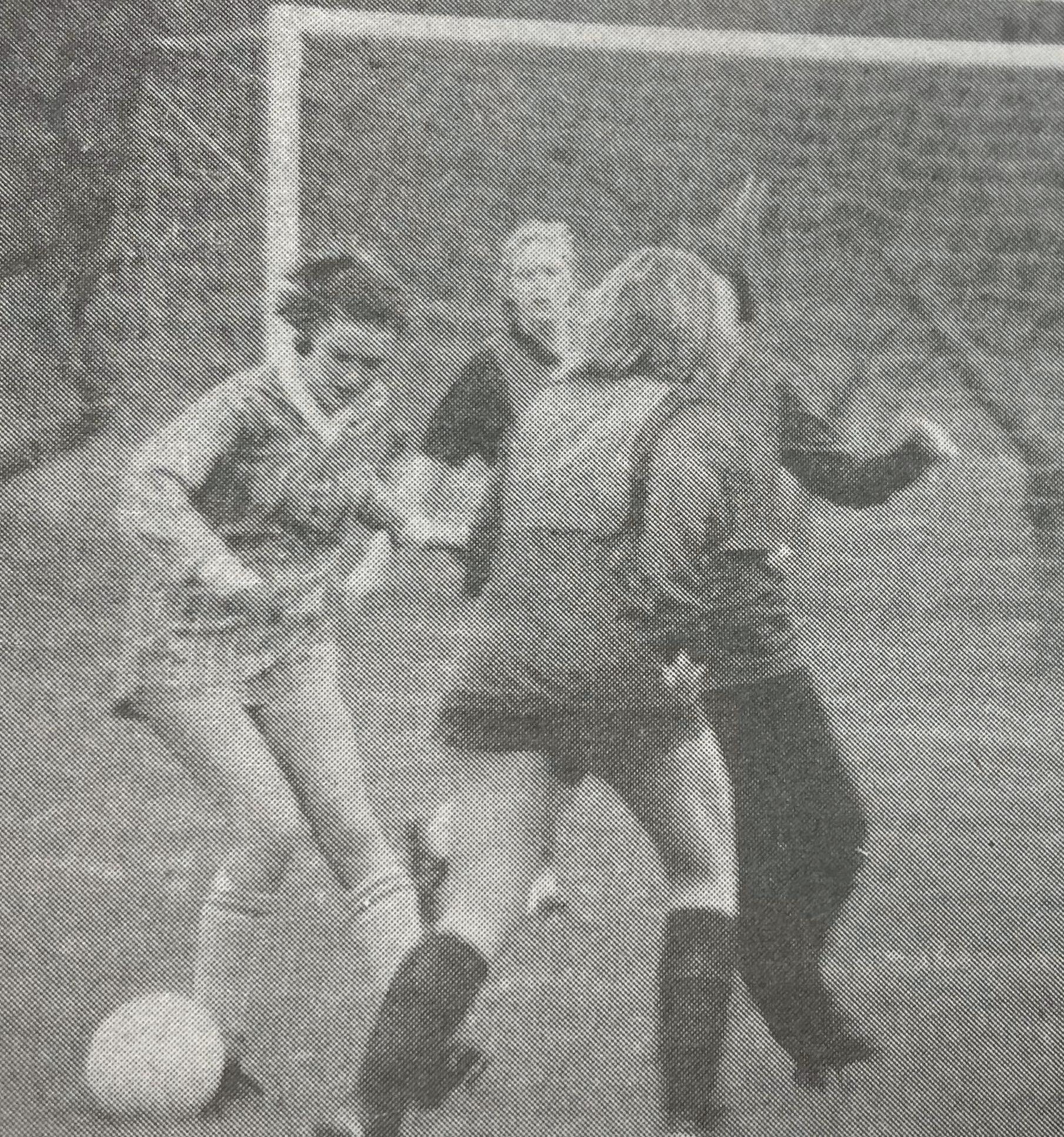
“I
Blues athlete
of women’s football
the players, who enjoyed the game with their “small but keen group of travelling fans”.
Blues fixtures were not the only football on offer to keen players, as a thriving college league and Cuppers tournament opened up the sport to those not good enough to don the hallowed light blue shirt. Both Anna and Jane were at Girton and, at that time, the college had two football teams of its own. Remarkably, it seems as if most colleges had at least one team entered into the league or Cuppers. This will be a shocking revelation for anyone who follows women’s college football now, as teams are regularly shared across two colleges and sometimes, in the case of small or postgrad colleges, three. Anna says: “there were at least two divisions” and that, although “the difference between the top teams and the lower teams was in the league was quite a lot,” “there wasn’t such a big gap” in standard between the Blues team and the college teams. Jane puts the strength of the league down to a “big sort of sporting culture. When you’re at uni like just a lot of sport being played.” Reflecting on the football scene after I tell her that my college side regularly fields eight or nine players, she posits: “Amazingly, in some ways, maybe there were more people playing” during her time at Cambridge than now. She’s almost certainly right. 29 teams entered into Cuppers in 1990, which dwarfs the
 By Alex Berry
By Alex Berry
It’s been a very busy year for sport in Cambridge, full of thrilling Varsity victories and brilliant BUCS triumphs, not to mention the abundance of college sport that has also taken place. Unfortunately, it wouldn’t be possible to recap each and every one of these exceptional moments, so instead, here are the winners of Varsity’s sports awards, celebrating some of Cambridge’s best and biggest sporting achievements of the academic year.
victory over Bath in their final game of the season, dominating throughout to prevent the opposition even getting a look in. They stayed calm against the looming threat of relegation, their resilience allowing them to take a commanding victory which secured their spot in the BUCS premier division for the 2023-2024 season.
16 who played in the first round of this years competition.
One excited Varsity reporter thought that the strength of the Cuppers competition meant that football had turned a corner against the patriarchy. “Virtually every college now has a ladies’ team, dispelling the image of football as an exclusively male sport”, he wrote. Sexism continues to blight the national game, but Anna, Jane and their teammates spearheaded a revolution of sorts. A very quiet one, a very Cambridge one, but a revolution nonetheless. After all, they didn’t half kick each other.
Realistically, the boat club and their phenomenal achievements this year could win every one of these awards, so have been given their own category to at least give the other teams a fighting chance. They were in a class of their own this year, taking a clean sweep of the 13 Varsity races that took place, including four out of four wins on Boat Race day, and a double win for the lightweight crews. It is only the third time ever that the Light Blues have defeated Oxford in every event.
The Blues team have had a sensational season, reaching the BUCS national cup final, finishing third in their league and topping it all off with a dominant 4-0 Varsity win to avenge last year’s defeat. Their strong team performances and squad depth have led them to take win after win, as well as their plethora of attacking talents, who have planted plenty of balls in the back of the opposition’s net throughout the season.
The cheers of an ecstatic Cambridge crowd filled the walls of the university sports centre as the final whistle was blown at the netball Blues Varsity match, in which the outstanding performance of the players on the court led to a victory. The Light Blues defeated Oxford 51-45 in a tightly-fought match which kept the crowd on edge throughout, wins for the Swallows and the Wrens earlier in the day only adding to the celebratory mood at the end of the day.
The women’s Blues soared to a 24-0
There was nothing left on the table for the Hares and Hounds to win as they triumphed in the cross-country Varsity match, with wins from all five teams. Niamh Bridson Hubbard not only won the women’s Blues race, but managed to set a new course record while doing so, being joined in the top five by three other Cambridge athletes, while the men’s race win was secured by Jeremy Dempsey. This was the most successful Varsity match to date for the club, it being the first time they’ve achieved this clean sweep since the W2 division was added in 1982.
League winners, cuppers victors and undefeated this year – what more could a college team wish for from a season? St John’s domination of the college rugby scene continued this year, as they seemed to be in a league of their own in comparison to the other college teams. They defeated a resilient Fitz/Sidney in the cuppers final by a score of 19-3. This secured John’s their 35th Cuppers title to date, to end what can only be described as a perfect season.
With a last-minute winner from Anna Herr, Jesus fought hard to secure a spot in the women’s football cuppers semifinals, defeating Girton/Murray Edwards 3-2. They found themselves 2-0 down soon into the first half, the prospect of defeat an unusual one for the team. It took the rousing of the Jesus crowd to spur on the players, who quickly started to bombard a resolute Gedwards defence with relentless attacks, earning a goal for their efforts at the end of the first half. The score remained 2-1 in Gedwards’ favour until seven minutes to go, when Gedwards finally crumbled, an equaliser and winner coming in quick succession. It’s safe to say that the Jesus crowd left happy that day.
editors Hannah Gillott & Erik Olsson editor@varsity.co.uk
deputy editors Michael Hennessey & Aoife O’Driscoll deputyeditor@varsity.co.uk
vulture editors Emily Lawson-Todd & Isabel Dempsey magazine@varsity.co.uk
visual editors Daniel Hilton & Jude Crawley digital@varsity.co.uk
publishing team Hannah Gillott, Erik Olsson, Emily Lawson-Todd, Isabel Dempsey, Michael Hennessey, Aoife O’Driscoll, Daniel Hilton, Harry Hult, Taneesha Datta, Eric Grilliams, Eva Weinstein, Alice Mainwood, Bethan Moss
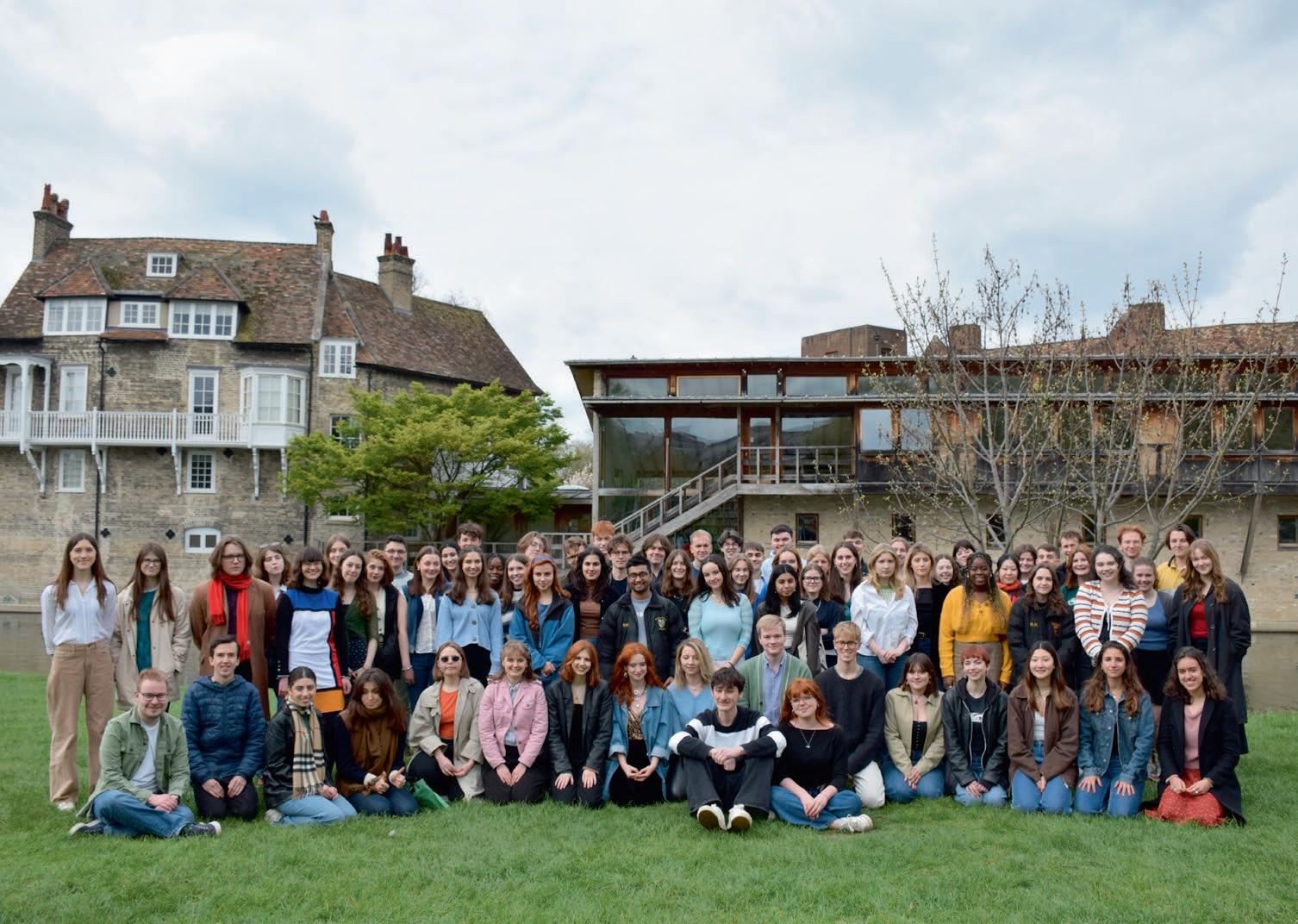
business manager Mark Curtis business@ varsity.co.uk
news editors Eric Williams & Taneesha Datta (Senior); Chris Patel, Ella McCartney, Romilly Norfolk, Felix Armstrong (Deputy) news@varsity.co.uk
investigations editor Harry Hult investigations@varsity.co.uk
features editors Gwenno Robinson (Senior); Harry Hult & Ben Mulley (Deputy) features@varsity.co.uk
comment editors Hugh Jones (Senior); Catherine Coggan & Fabian Apostoaie (Deputy) opinion@varsity.co.uk
interviews editors Bella Shorrock (Senior); Joseph Du y (Deputy) interviews@ varsity.co.uk
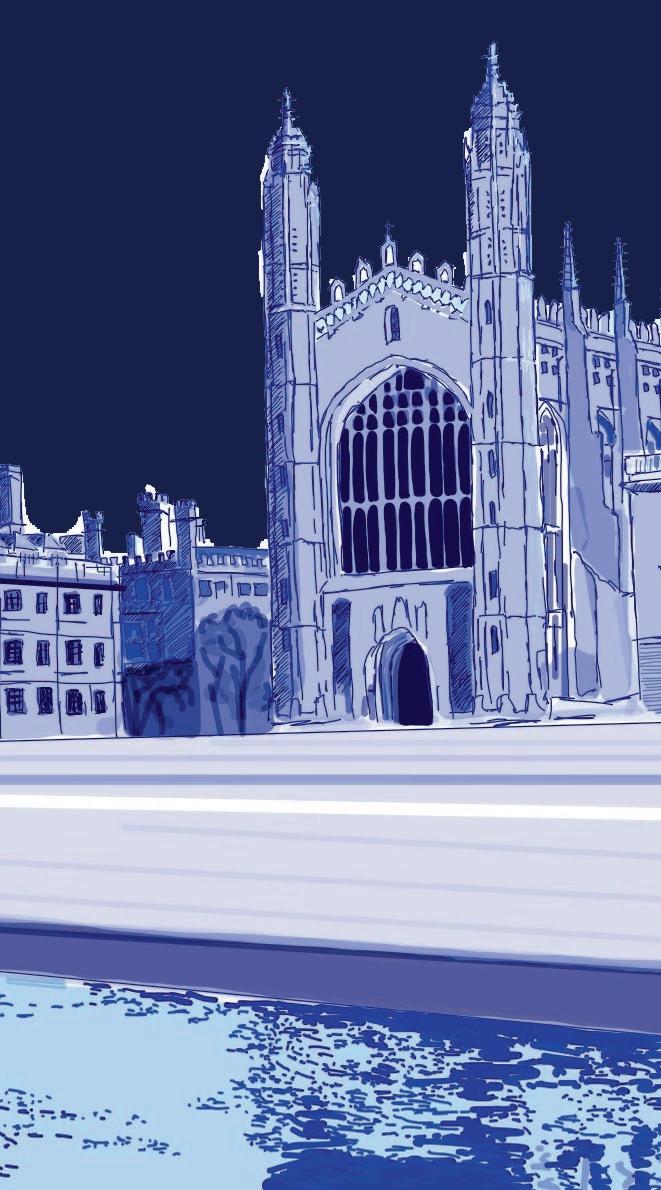
science editors Suchir Salhan & Caredig ap Tomos science@varsity.co.uk
sport editors Abbie Hastie & Alex Berry sport@varsity.co.uk
arts editors Leo Kang & Grace Cobb arts@varsity.co.uk
film & tv editors Isaac Jackson & Imogen Barnes lmandtv@varsity.co.uk
music editors Alex Brian & Anna Metzger music@varsity.co.uk
fashion editors Eva Weinstein & Alice Mainwood fashion@varsity.co.uk
theatre editors eo Chen, Alex Picken & Zach Lonberg theatre@varsity.co.uk
lifestyle editors Eden Keily- urstain & Georgie Atkinson lifestyle@varsity.co.uk
illustrators Eden Keily- urstain, Hannah Castle, Emily Lawson-Todd, Eva Weinstein, Anna Webb, Daisy Cox photographers Tobia Nava, Daniel Hilton, Natalie Stott, Tomos Davis, Reva Croft
chief sub-editor Archie McCann subeditor@varsity.co.uk
sub-editors Abigail Collingwood, Iona Boyer, Lulu Rehman, Priya Watkinson, Rafal Wilowski, Zaynub Hussain
varsoc president Fergal Jeffreys president@varsity.co.uk
varsoc committee Ellie Austin (Junior Treasurer) & Jacob Freedland (Secretary) associate editors Megan Byrom, Famke Veenstra-Ashmore, Jacob Freedland, Fergal Je reys, Lotte Brundle, Bethan Moss, Emaan Ullah associate@varsity.co.uk

varsity board Dr Michael Franklin (Chairman), Dr Tim Harris, Michael Derringer, Lotte Brundle, Mark Curtis (Company Secretary), Alan Bookbinder, Elizabeth Howcroft, Nick Bartlett, Fergal Je reys (VarSoc President)
© VARSITY PUBLICATIONS LTD, 2023. All rights reserved. No part of this publication may be reproduced, stored in a retrieval system or transmitted in any form or by any means electronic, mechanical photocopying, recording or otherwise without prior permission of the publisher.

Varsity, 16 Mill Lane, Cambridge CB2 1RX. Telephone 01223 337575.
Varsity is published by Varsity Publications Ltd. Varsity Publications also publishes e Mays. Printed at Warners Midlands – e Maltings, Manor Ln, Bourne PE10 9PH. Registered as a newspaper at the Post O ce. ISSN 1758-4442.
▲ Natalie StottFor nearly 200 years alumni have chosen to take up membership of a spacious and elegant private club in the heart of London. The Oxford and Cambridge Club in Pall Mall is the perfect place to meet for a drink, entertain friends and colleagues in magnificent surroundings, play squash, take a break, host a party or just find a quiet corner to prepare for a meeting. A thriving social scene, sports facilities, a lively calendar of events including talks, tastings, dinners and balls, an exceptionally well-stocked library, extensive wine cellars and more than 40 bedrooms mean our members use their club for recreation, relaxation and business - and now you can too.
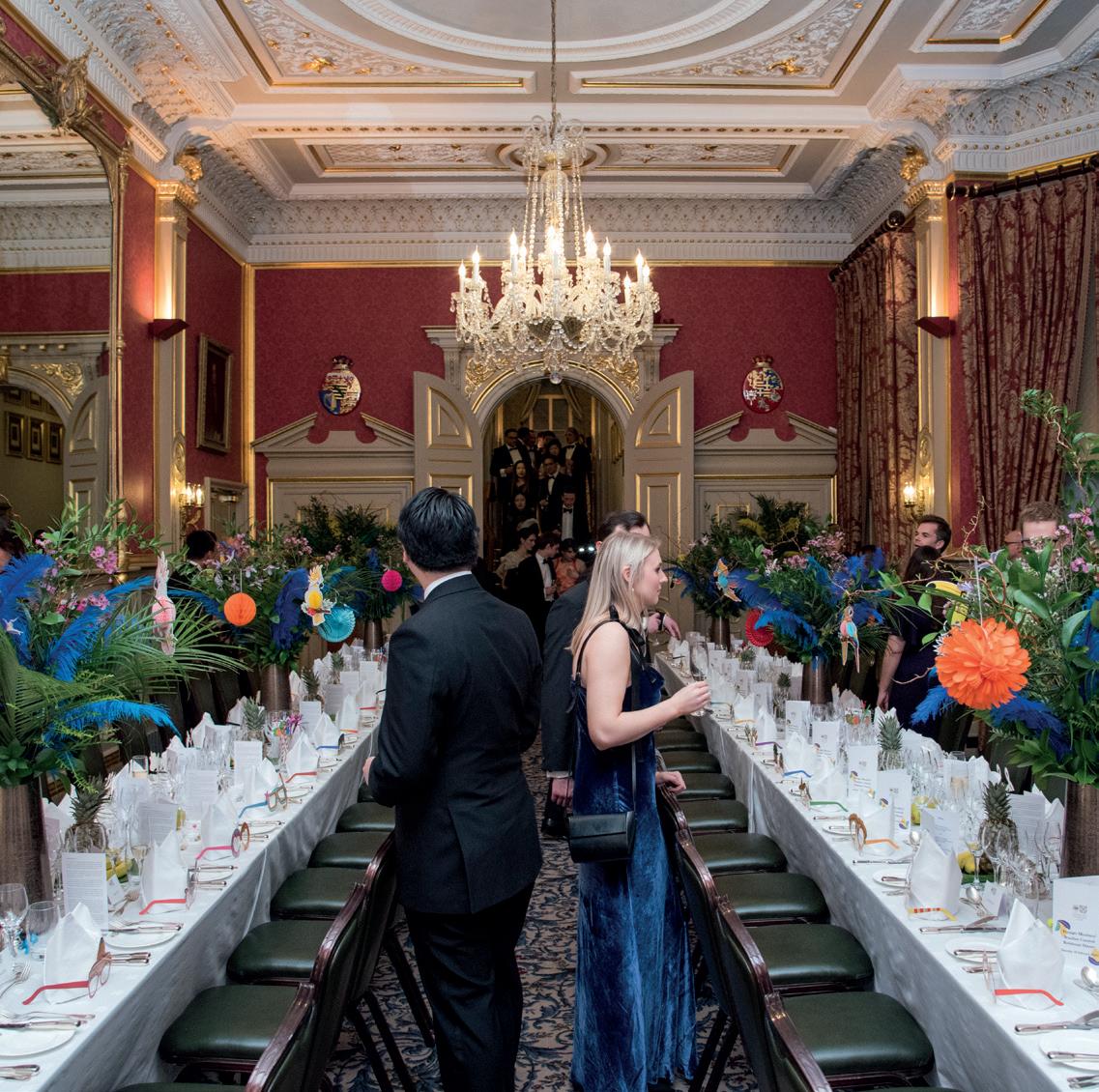
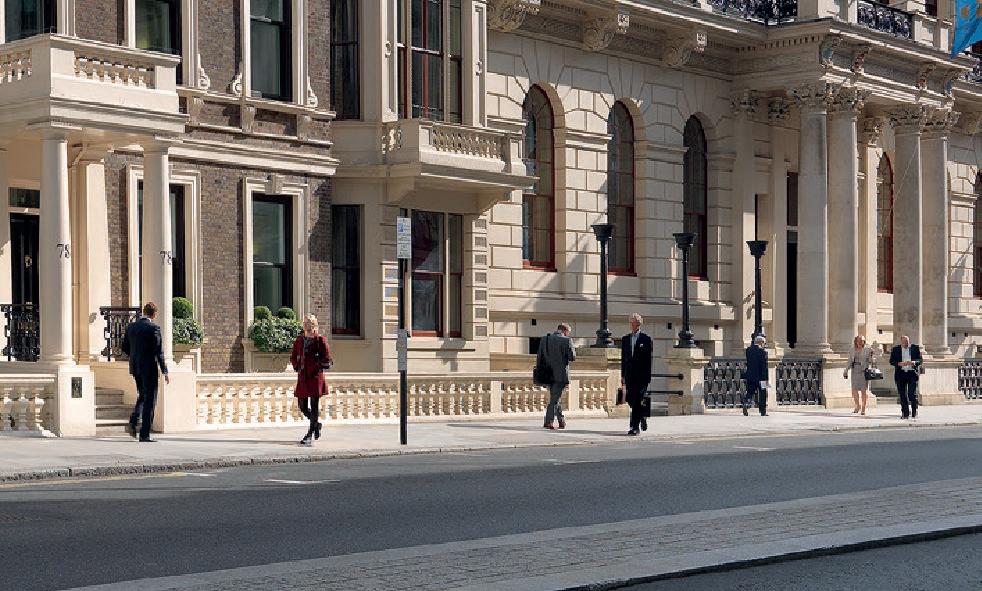

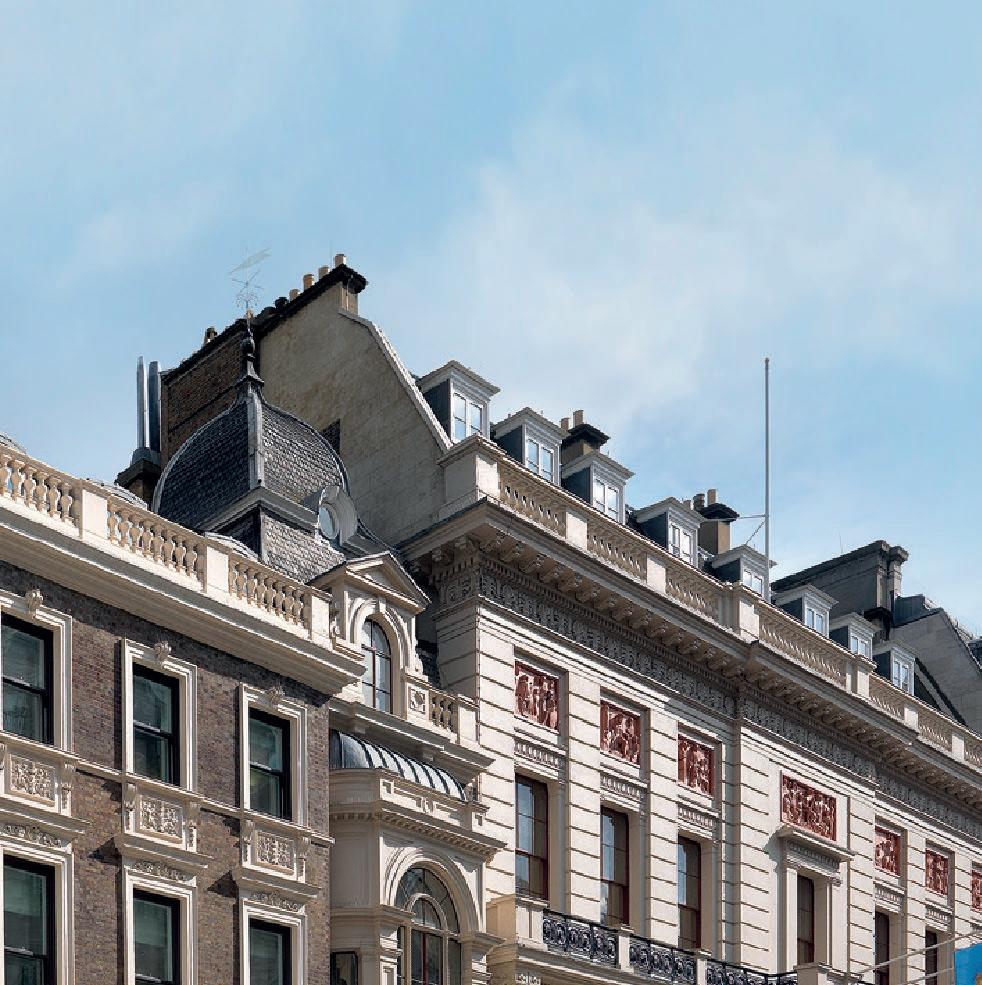
For details on membership or a tour of the Club house on Pall Mall, please visit www.oxfordandcambridgeclub.co.uk or call 020 7321 5110
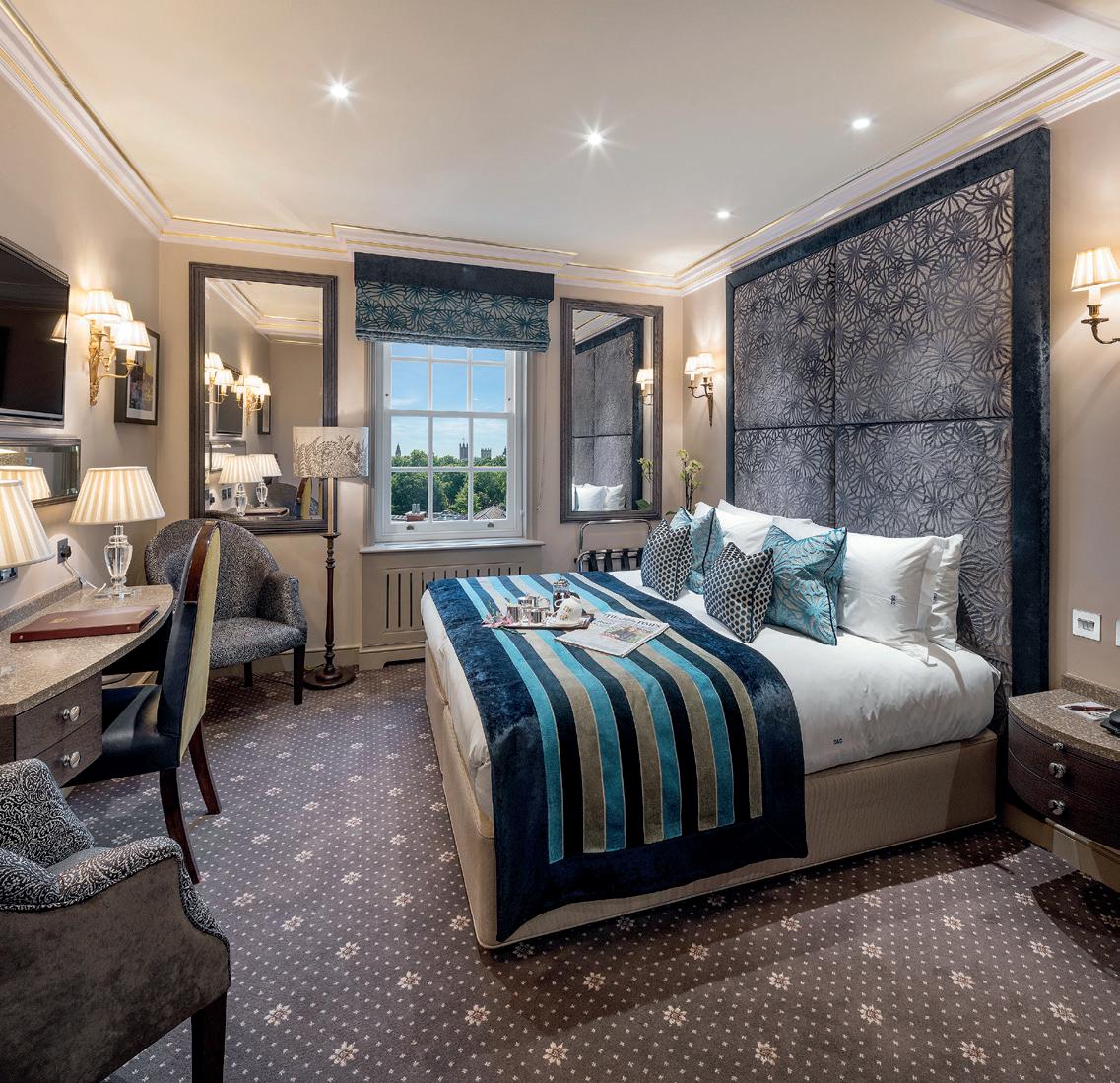
Oxford and Cambridge Club @oandcclub

IE Cambridge exists to guide your journey whether you’re eager to learn more and get involved, got a great idea, starting a venture or are ready to grow your company.

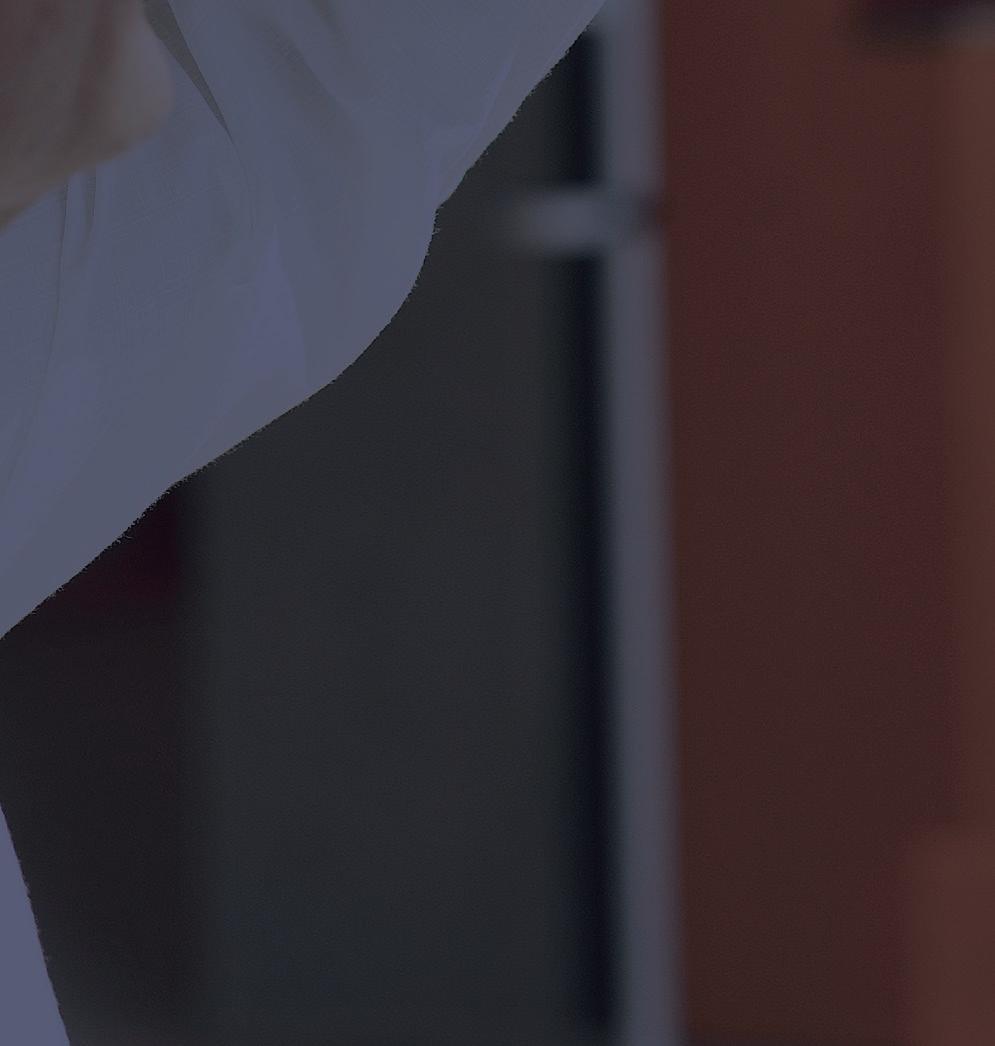
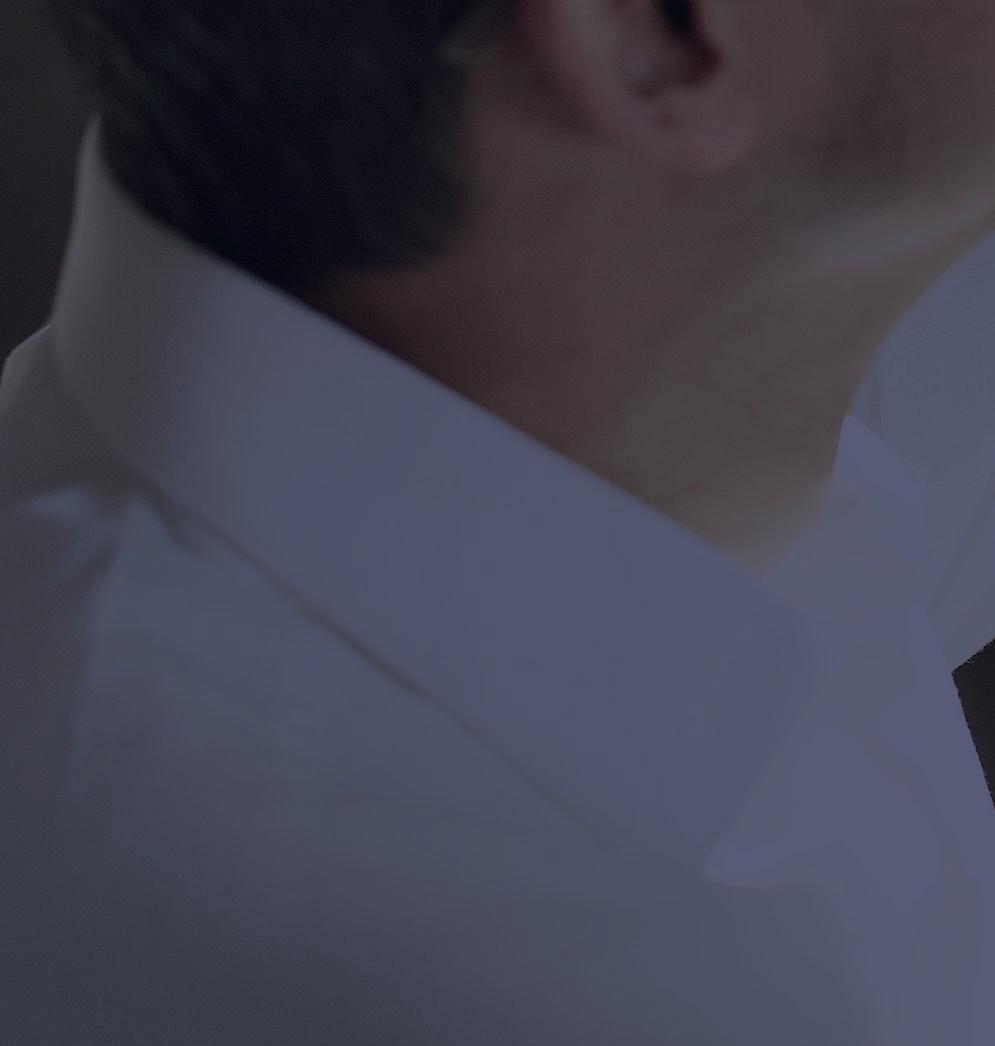

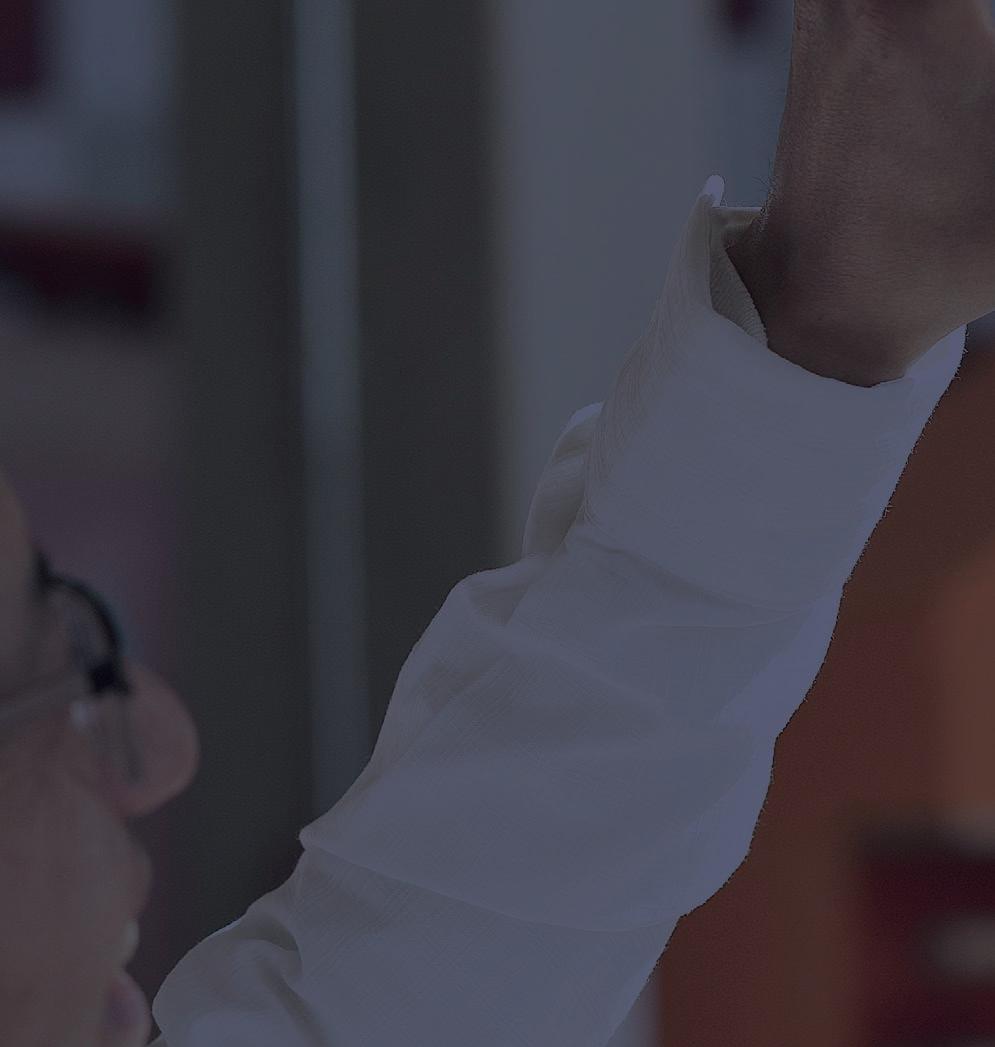
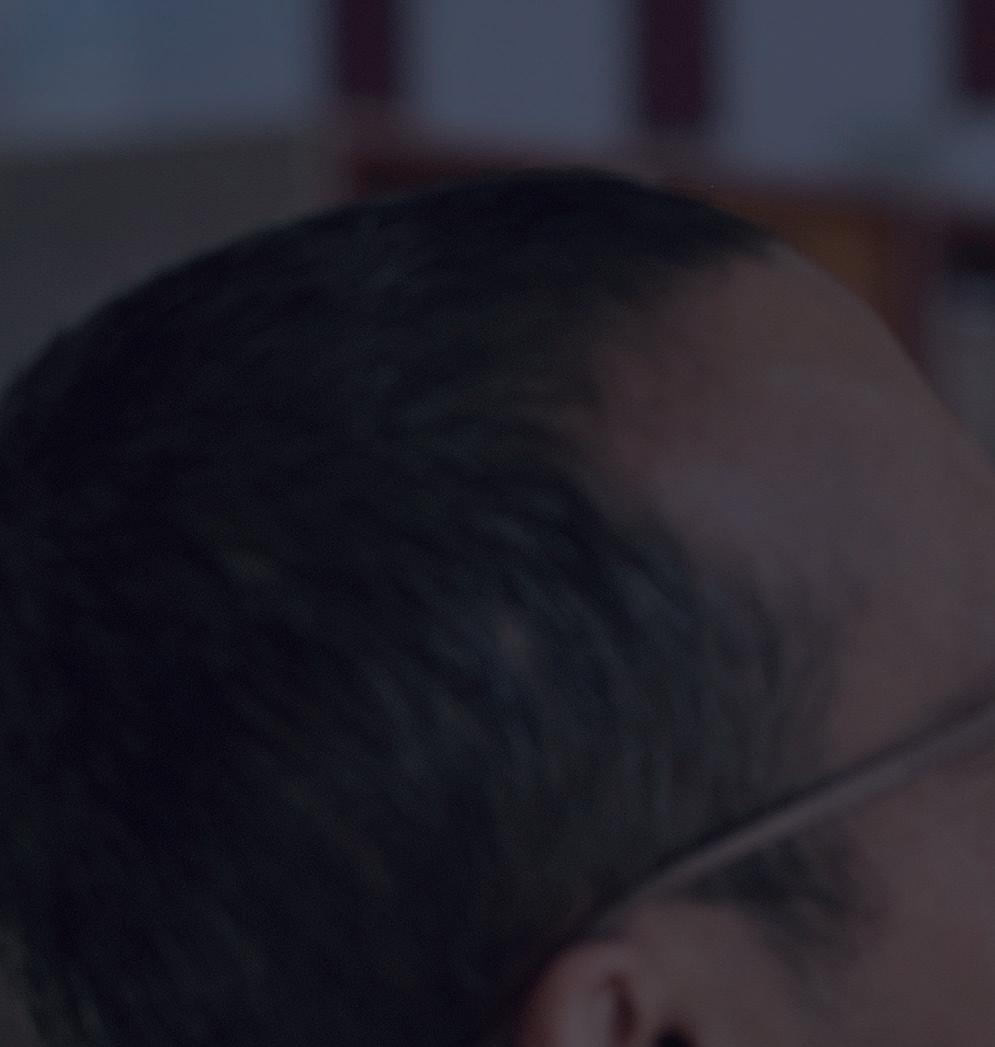

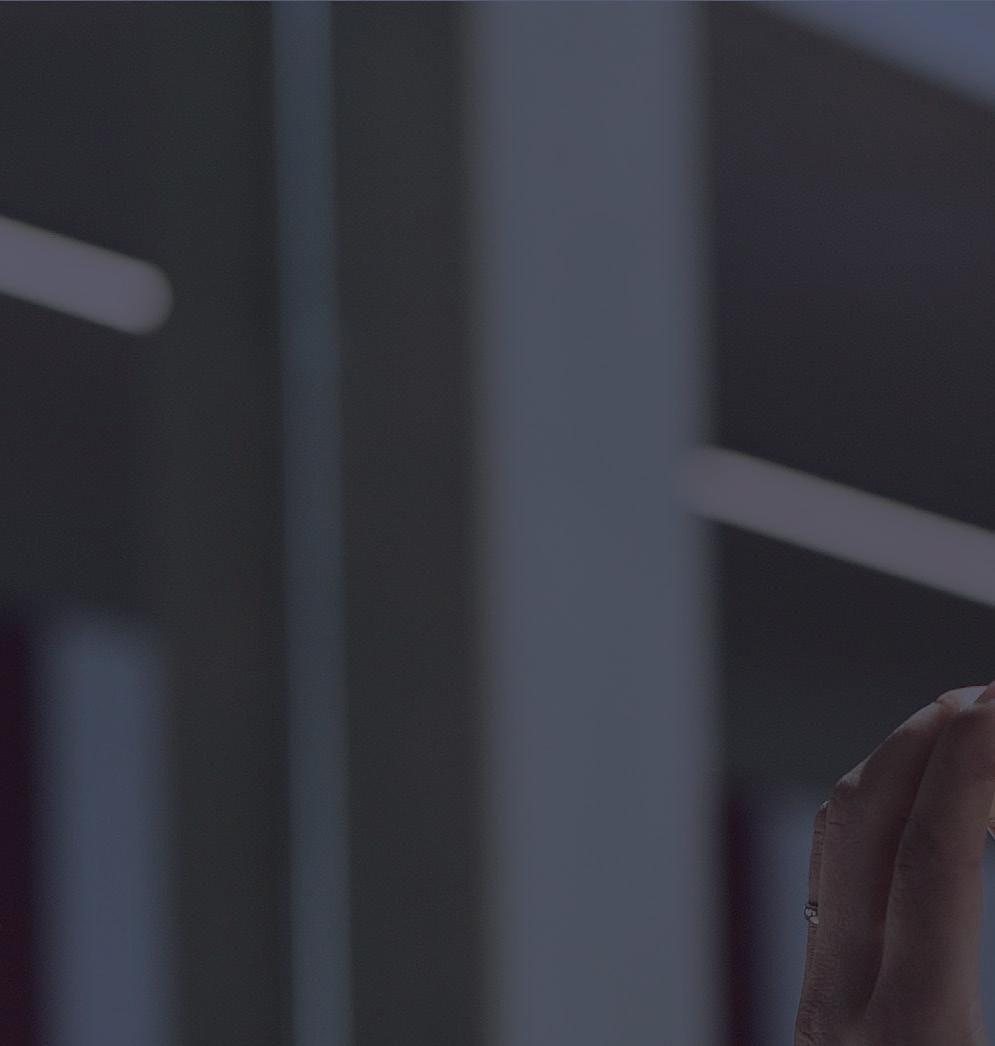
On our website, you’ll find signposting to the wealth of programmes, activities and support designed to take your ideas further. ie.cam.ac.uk
